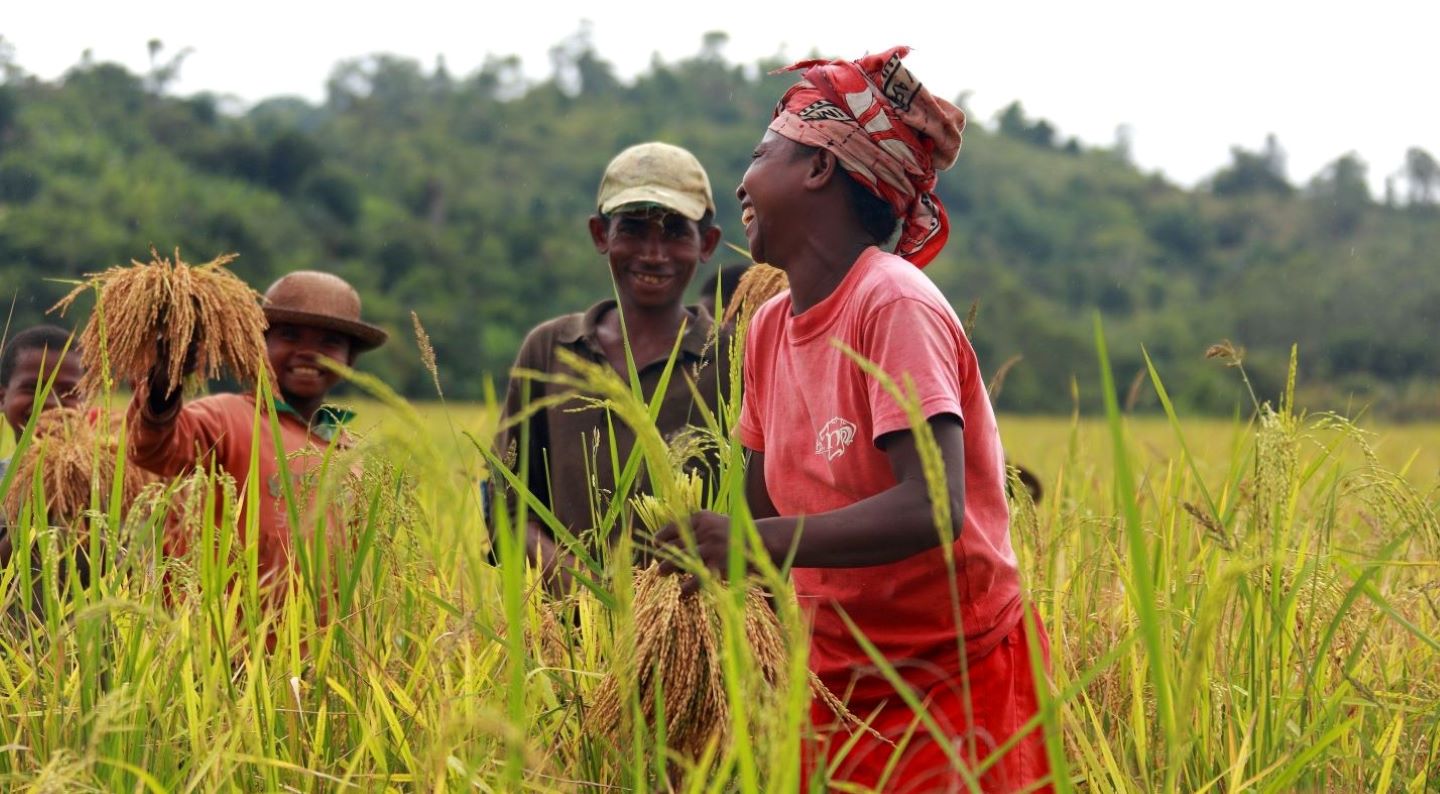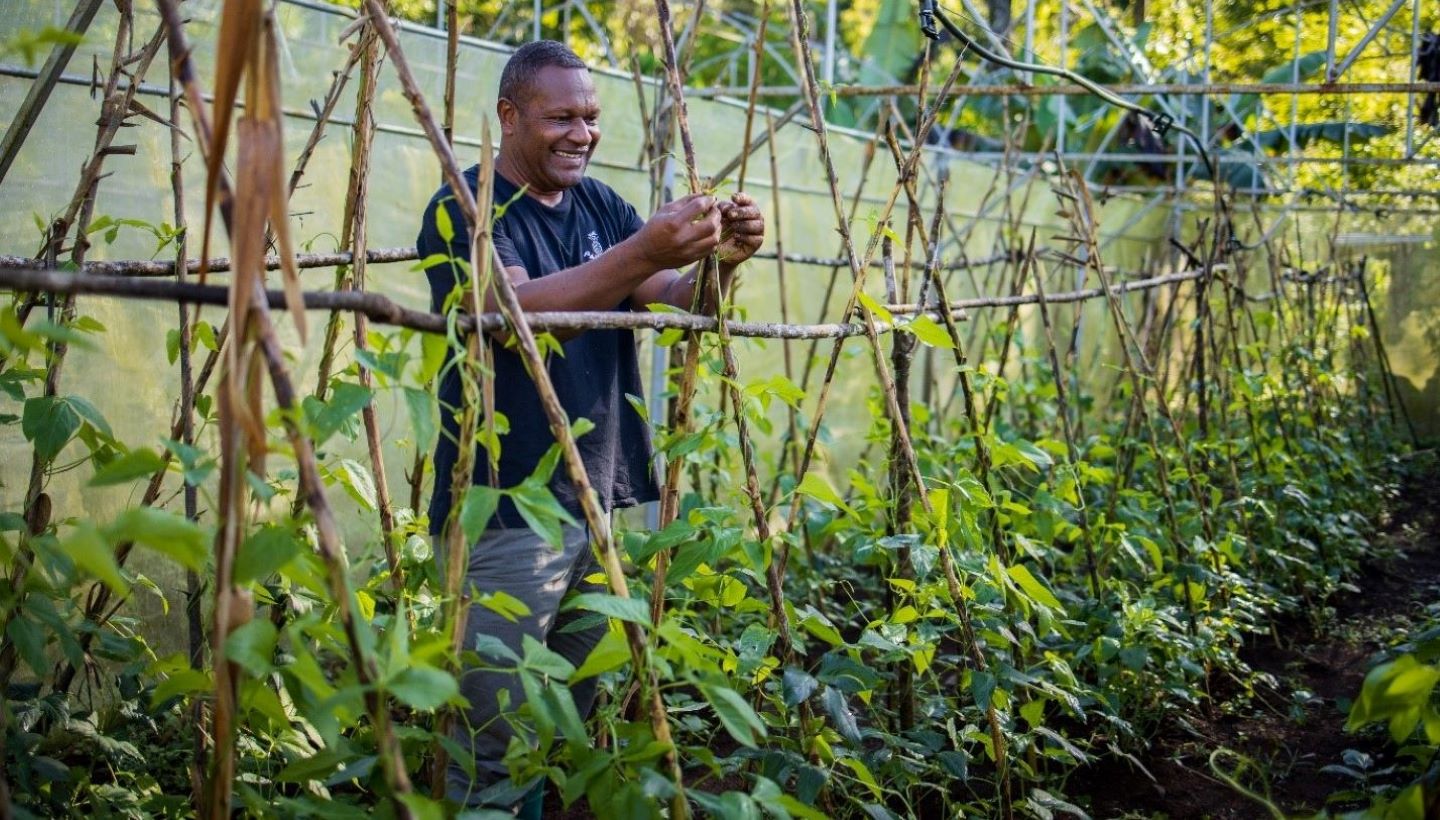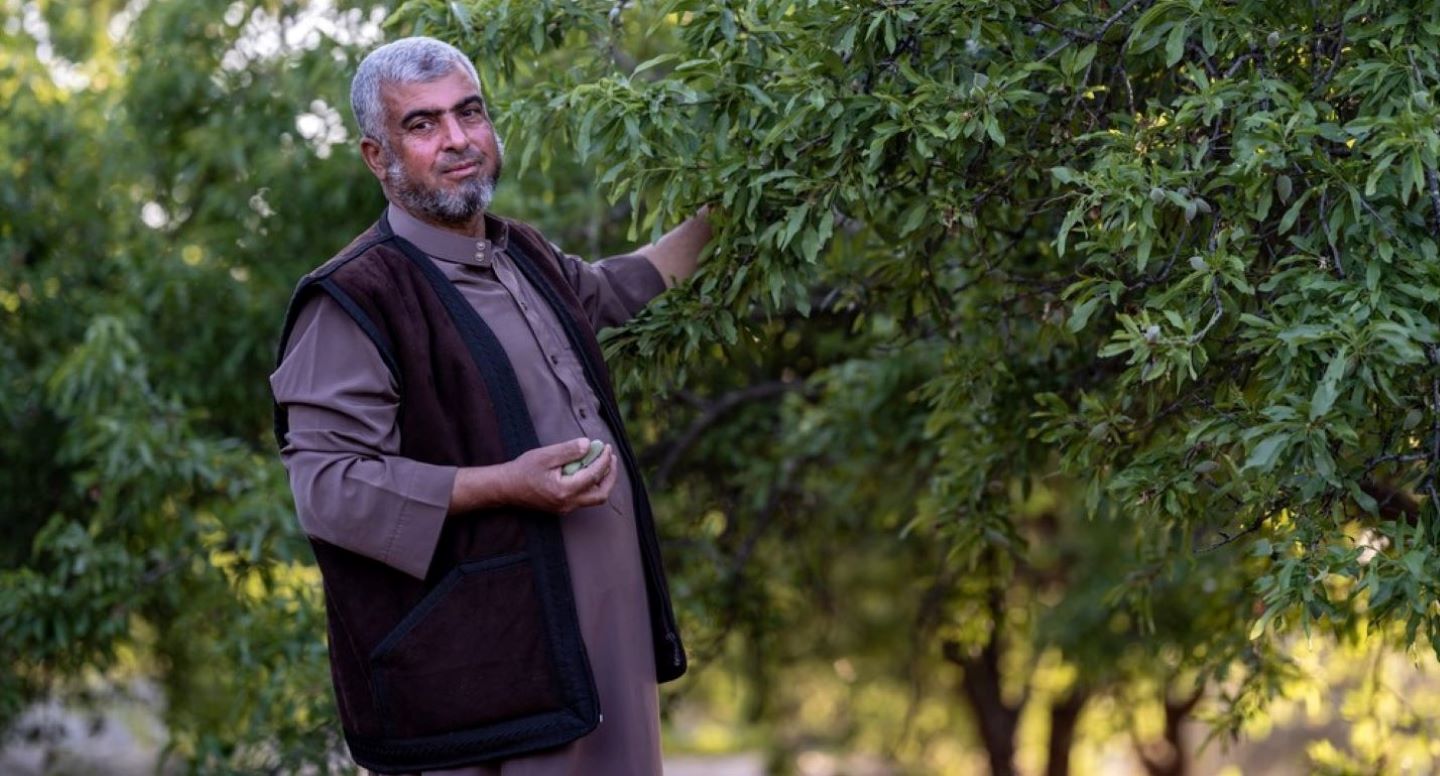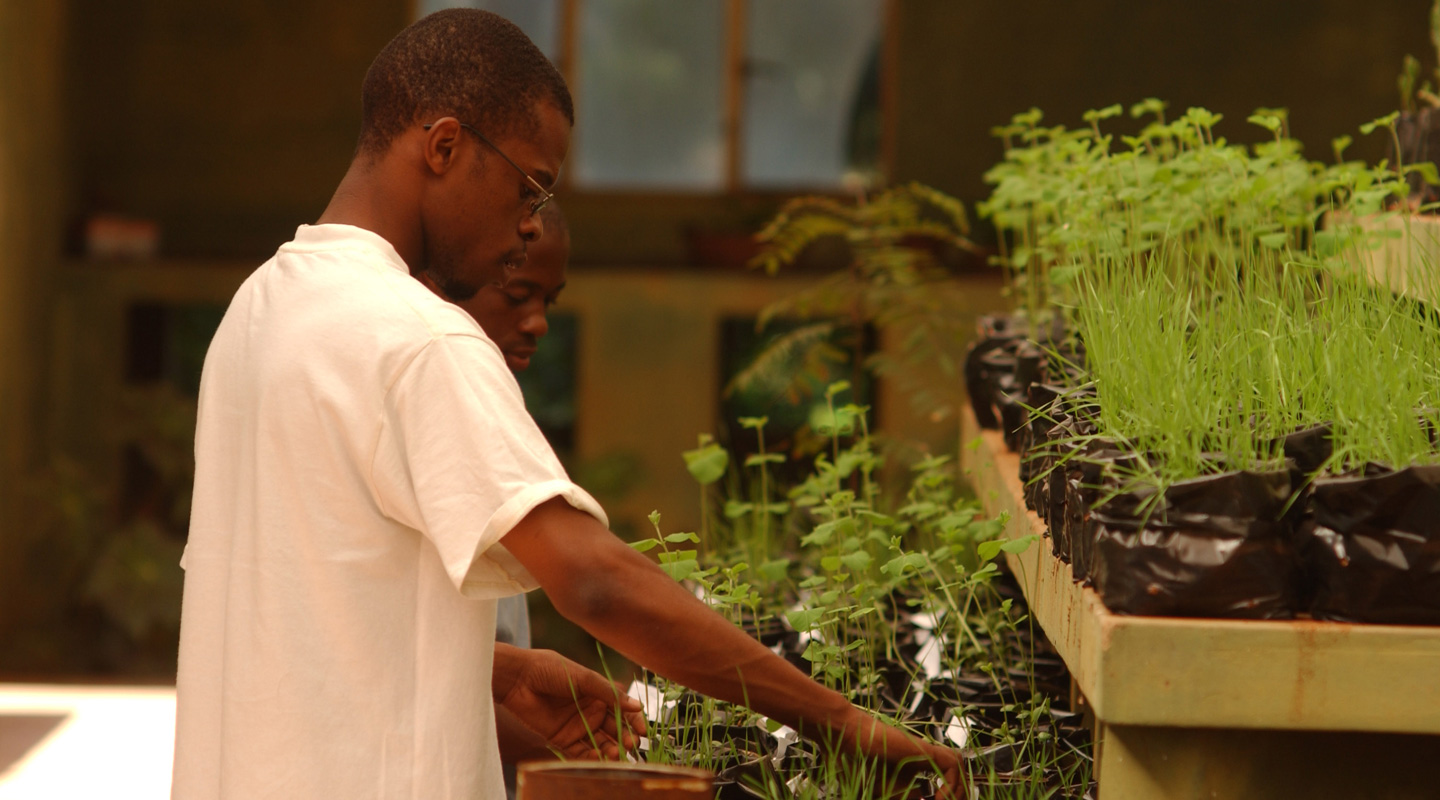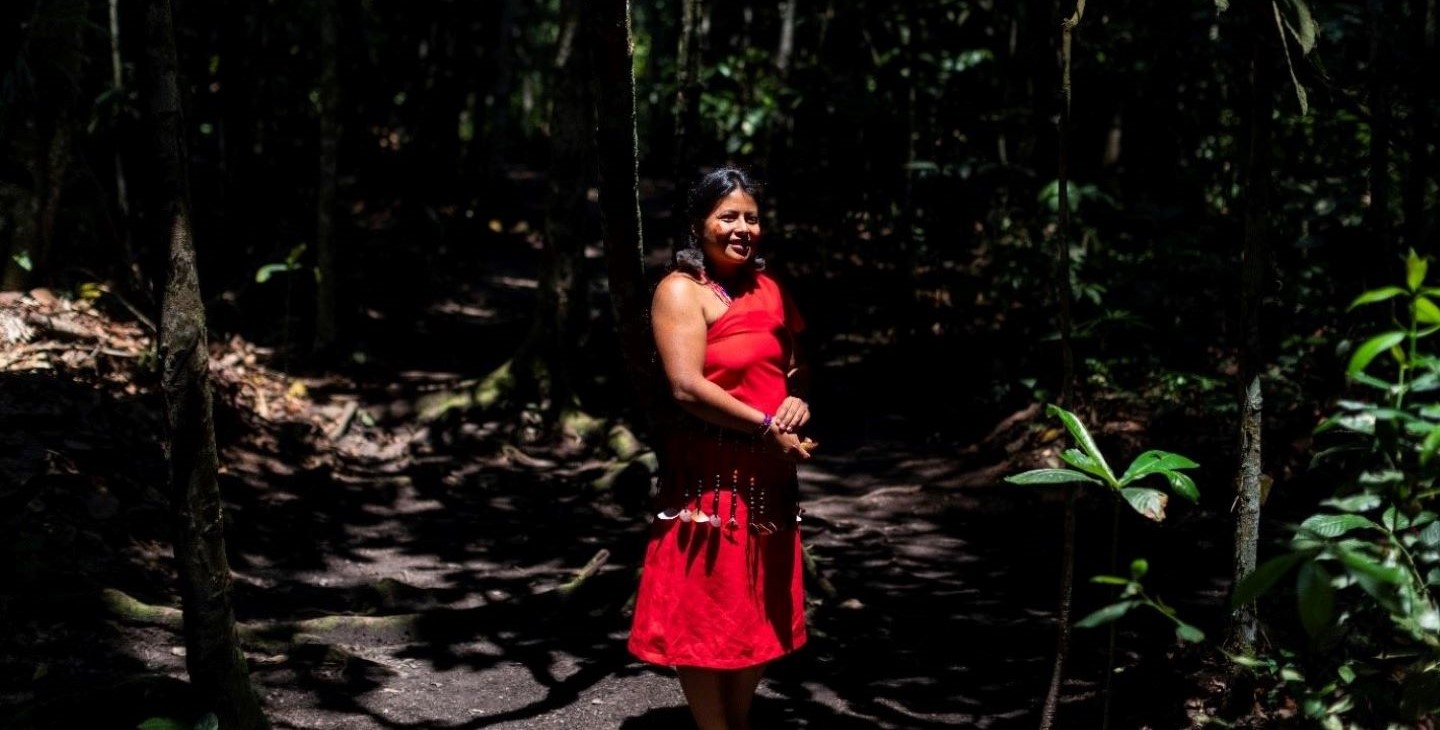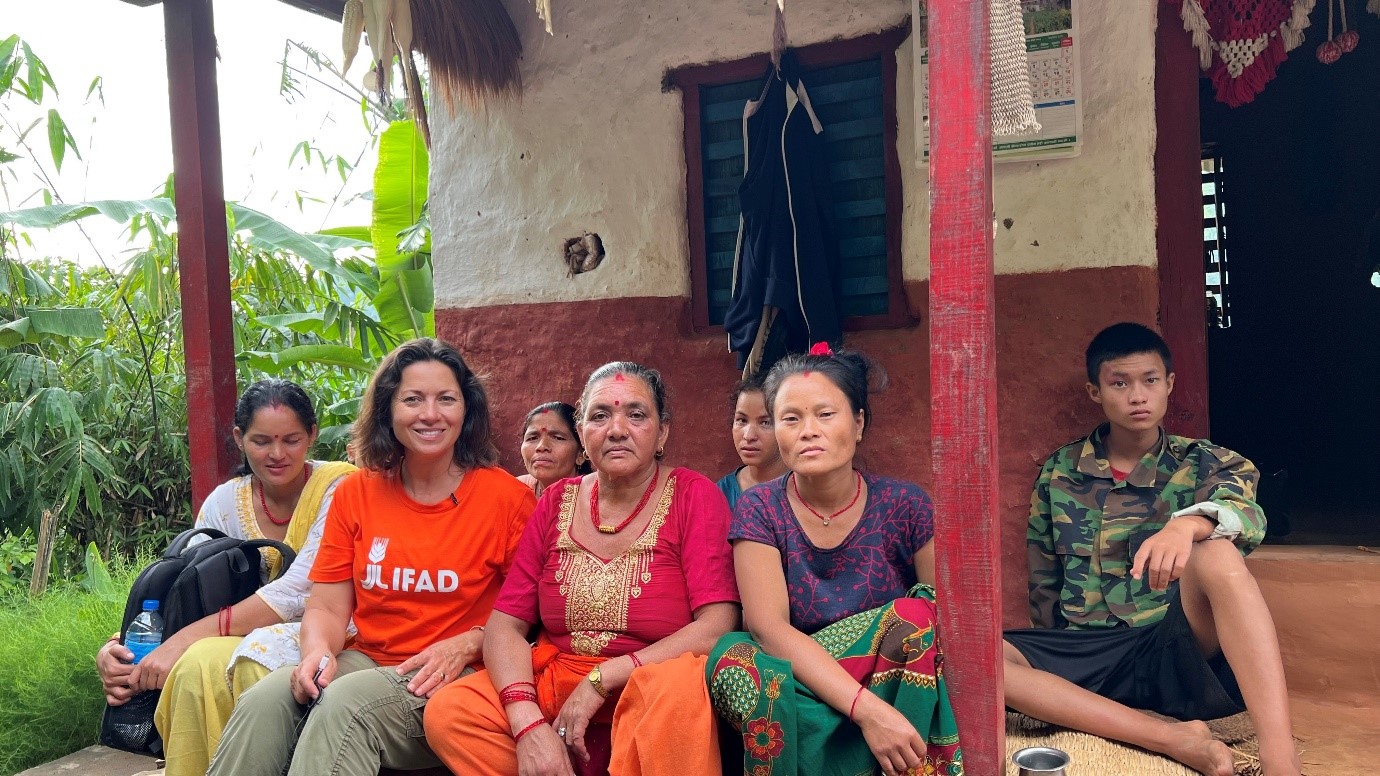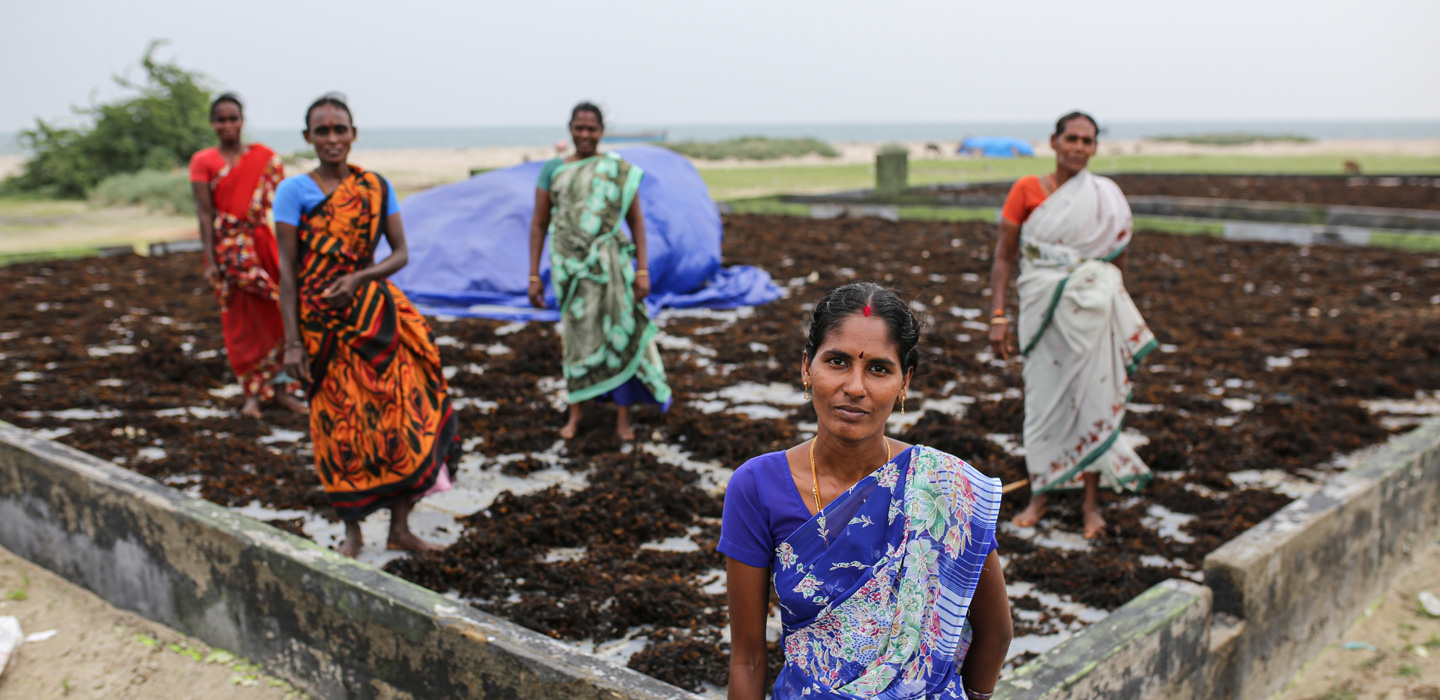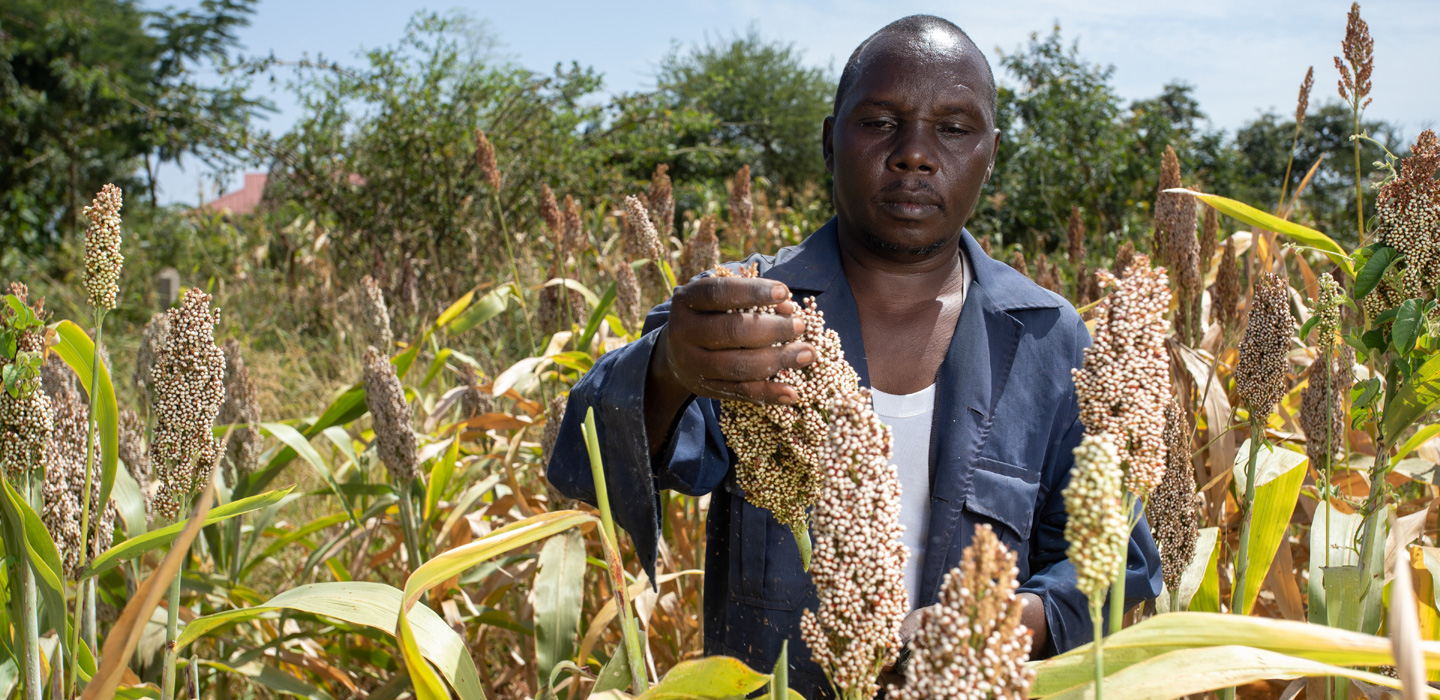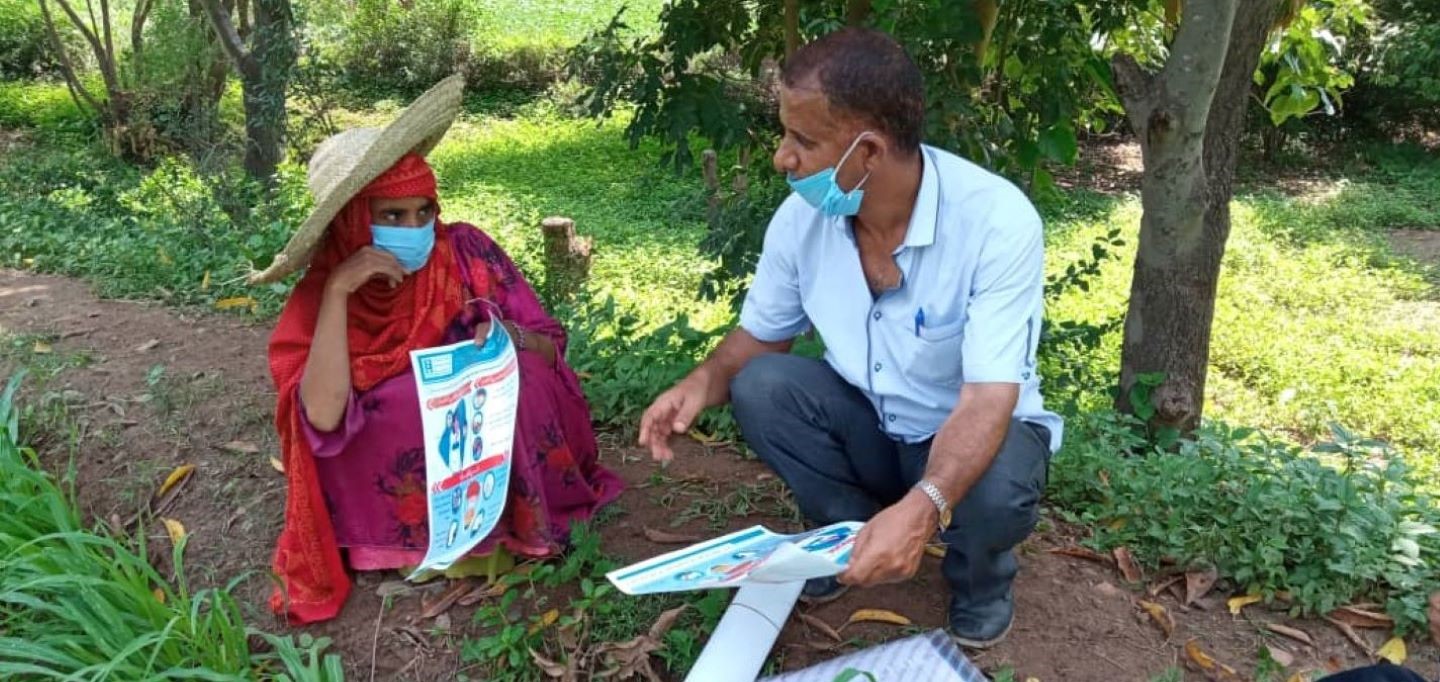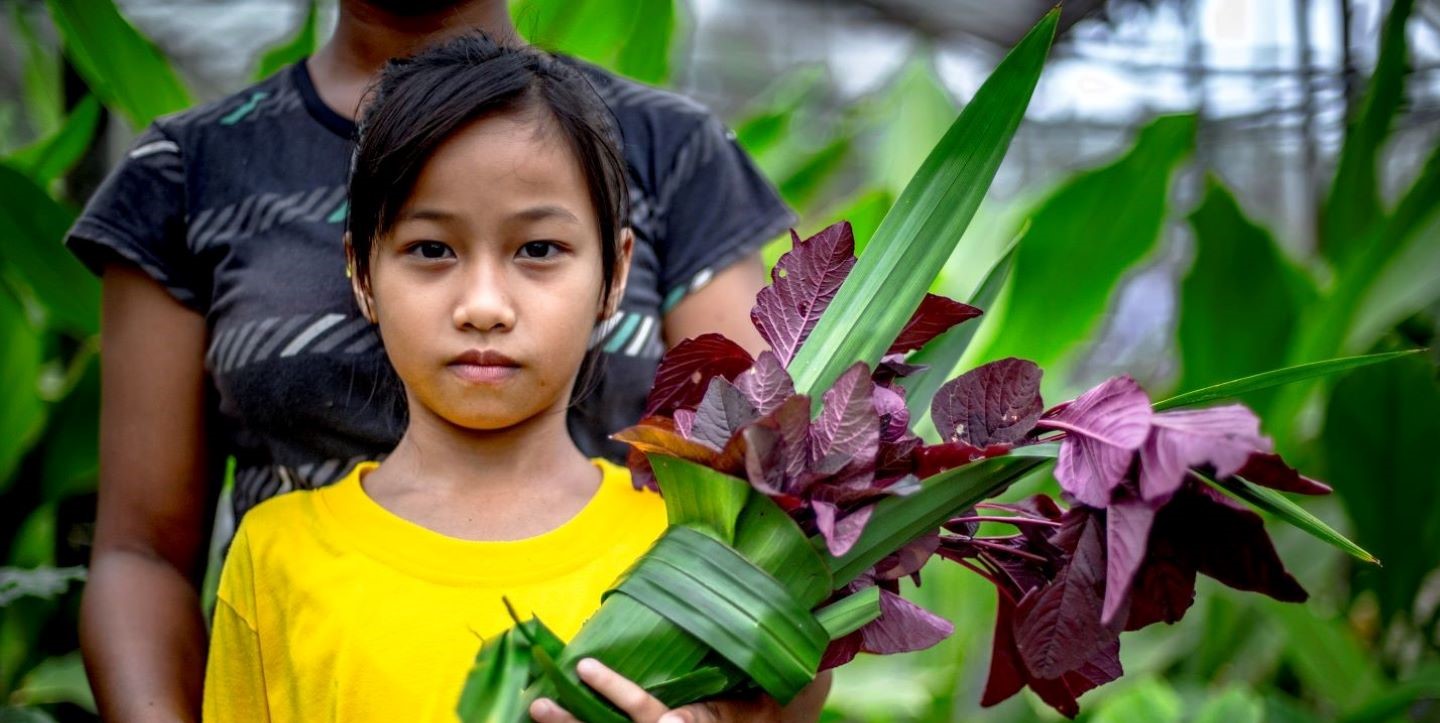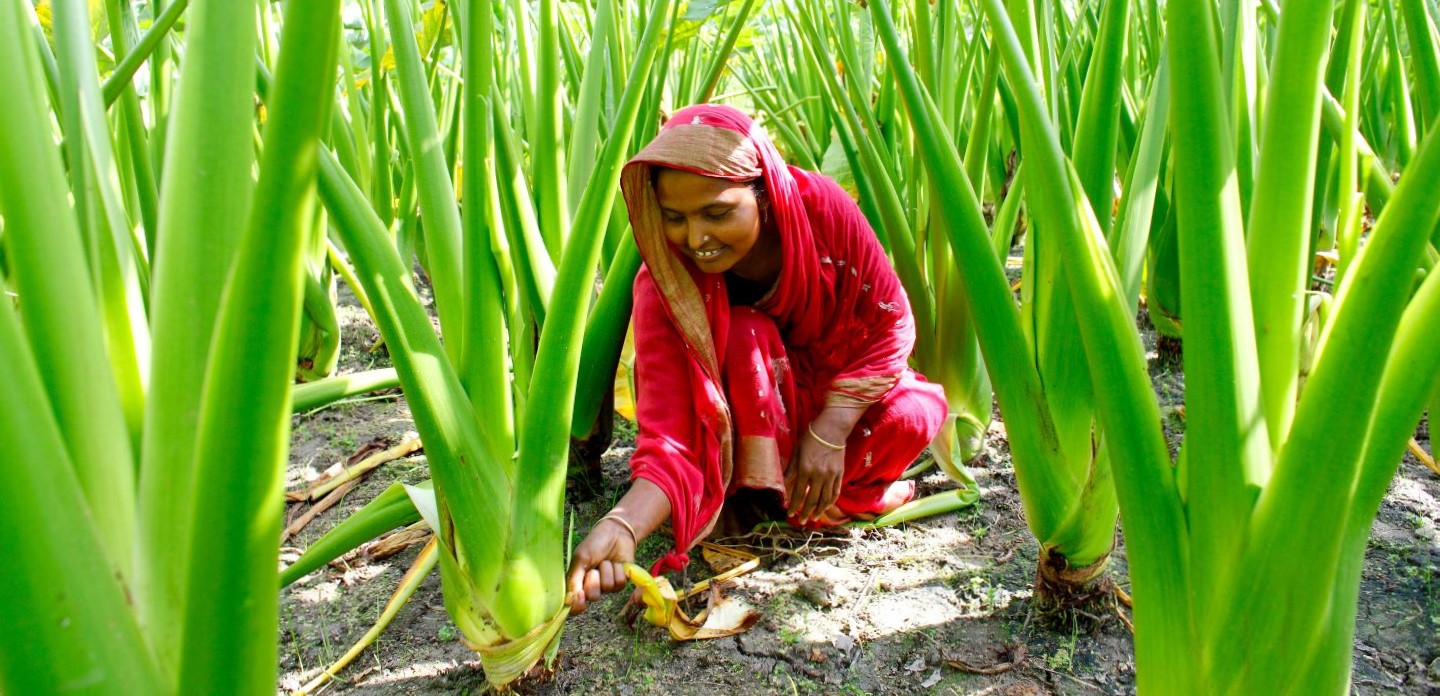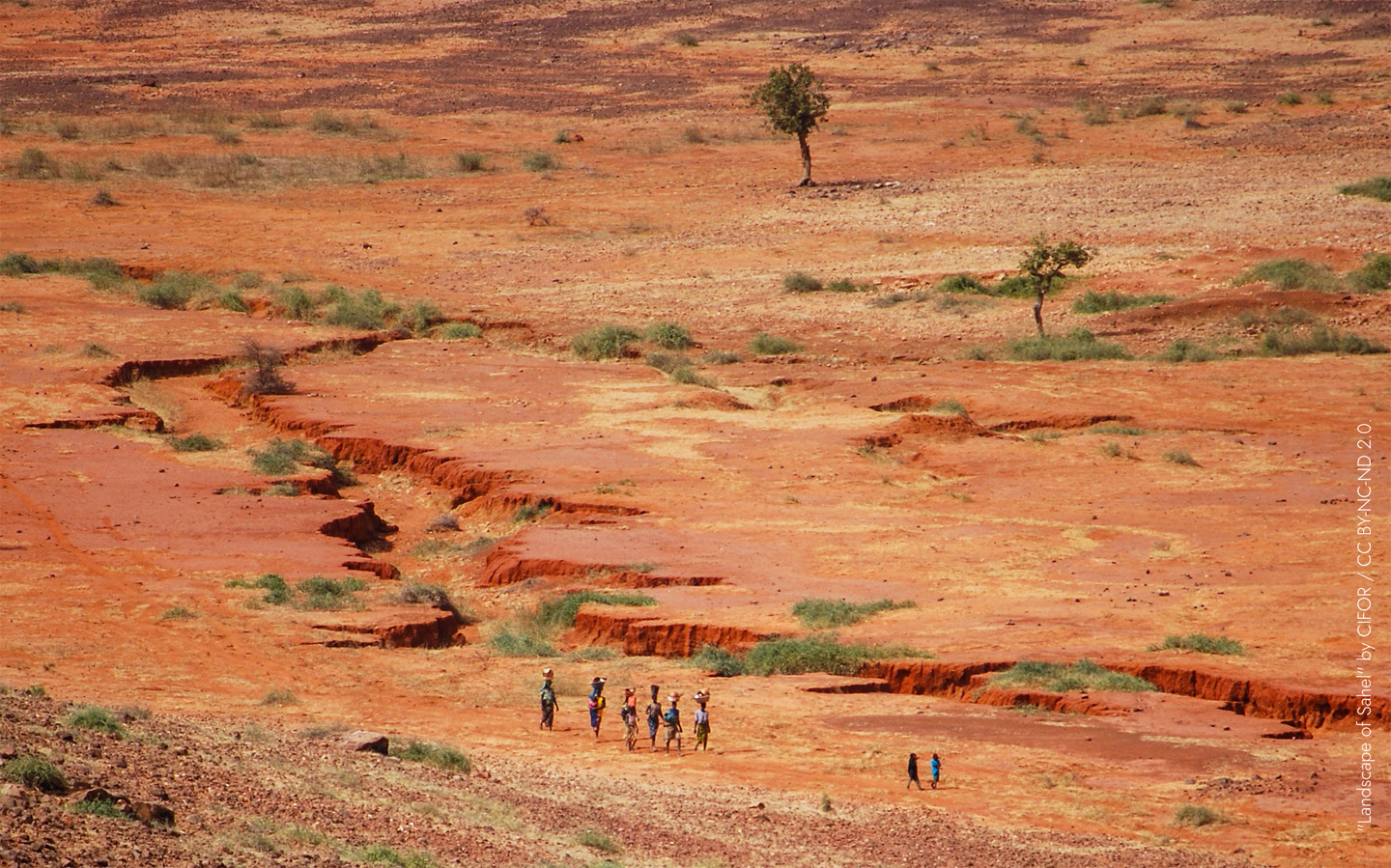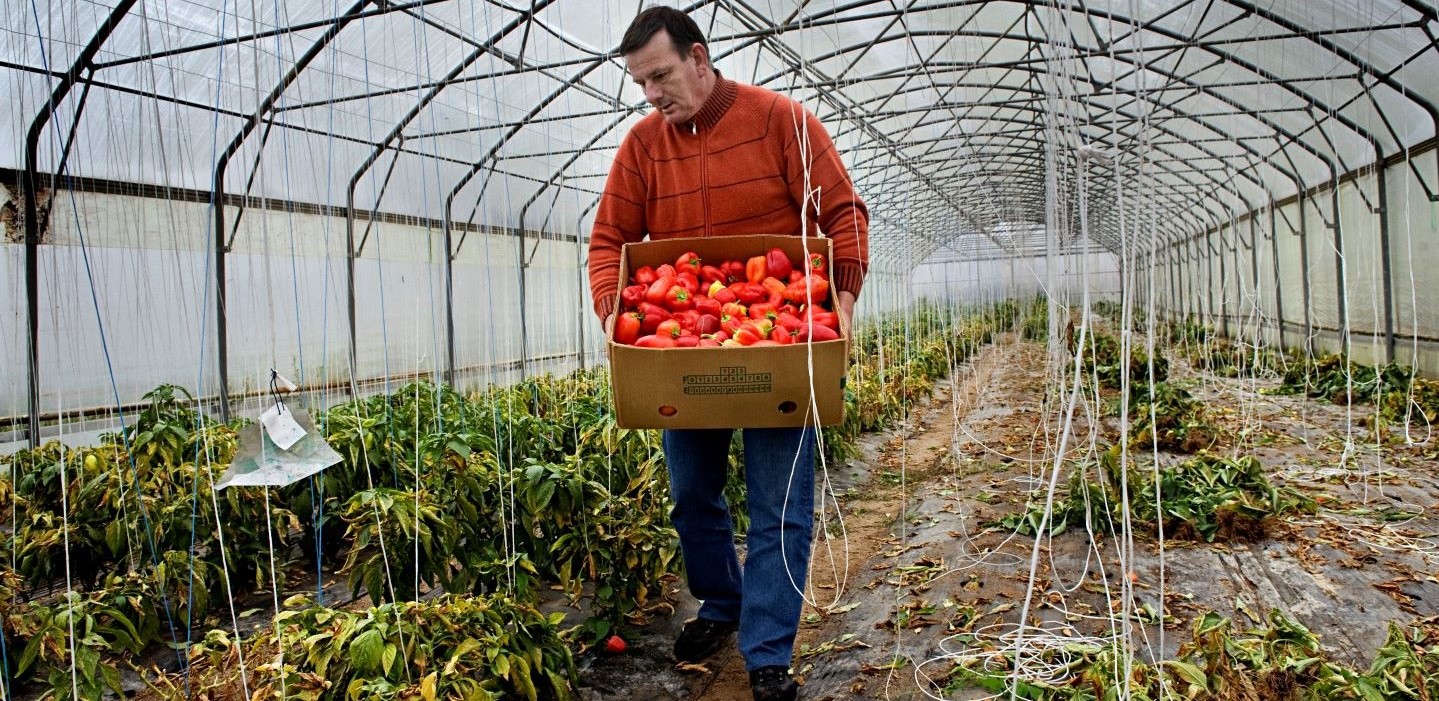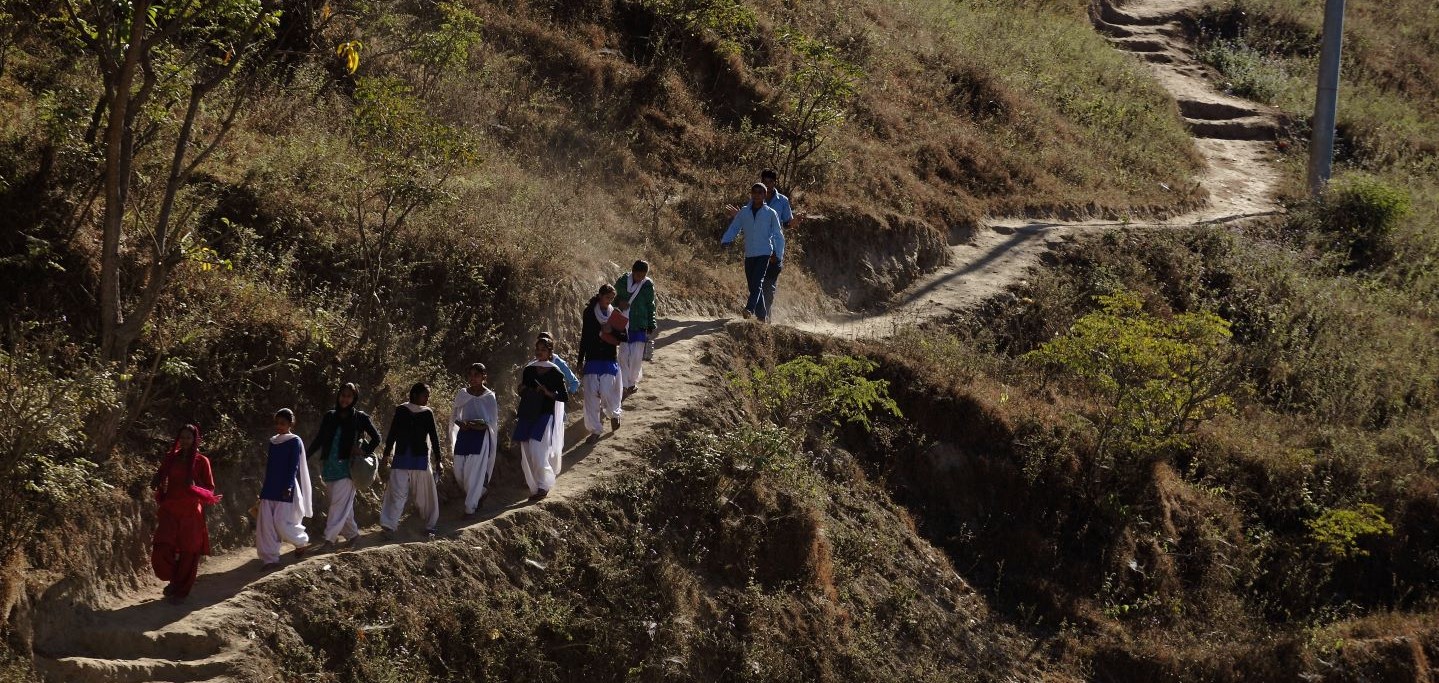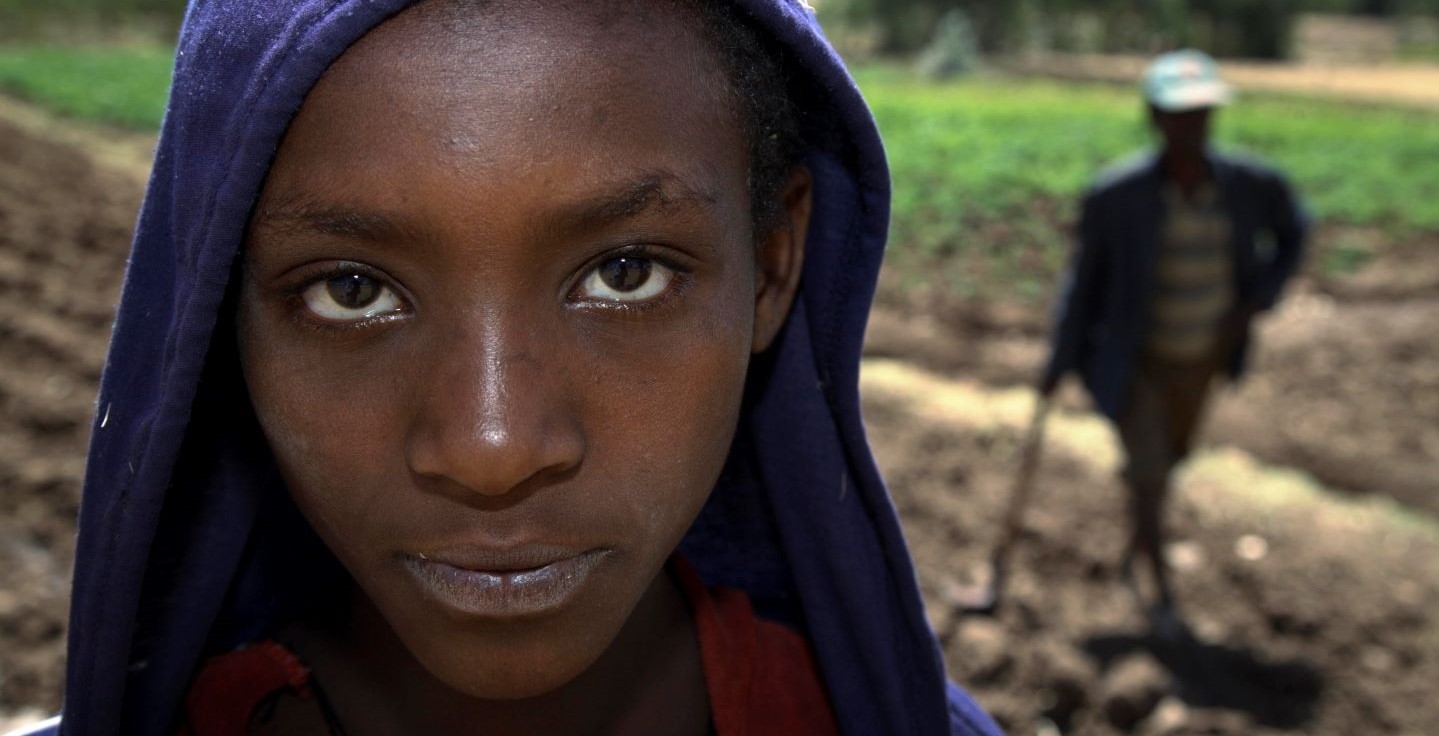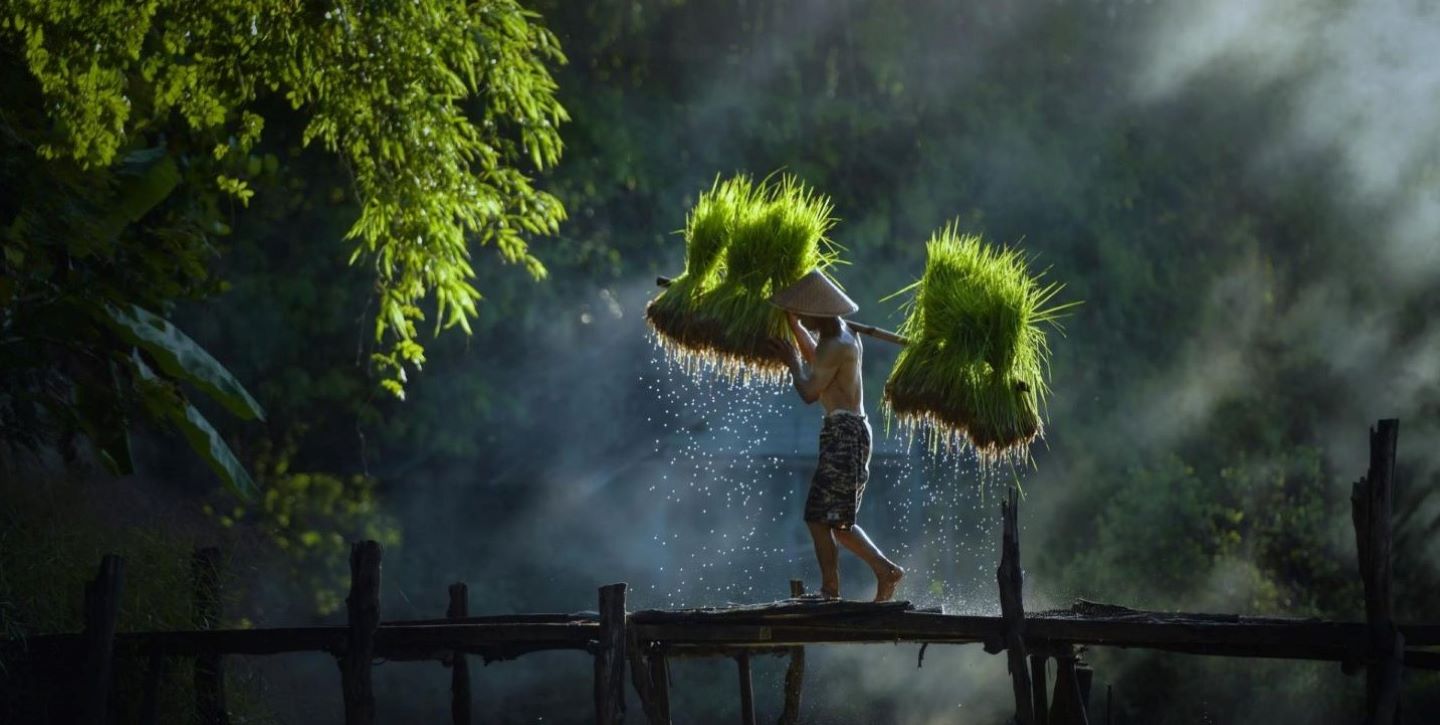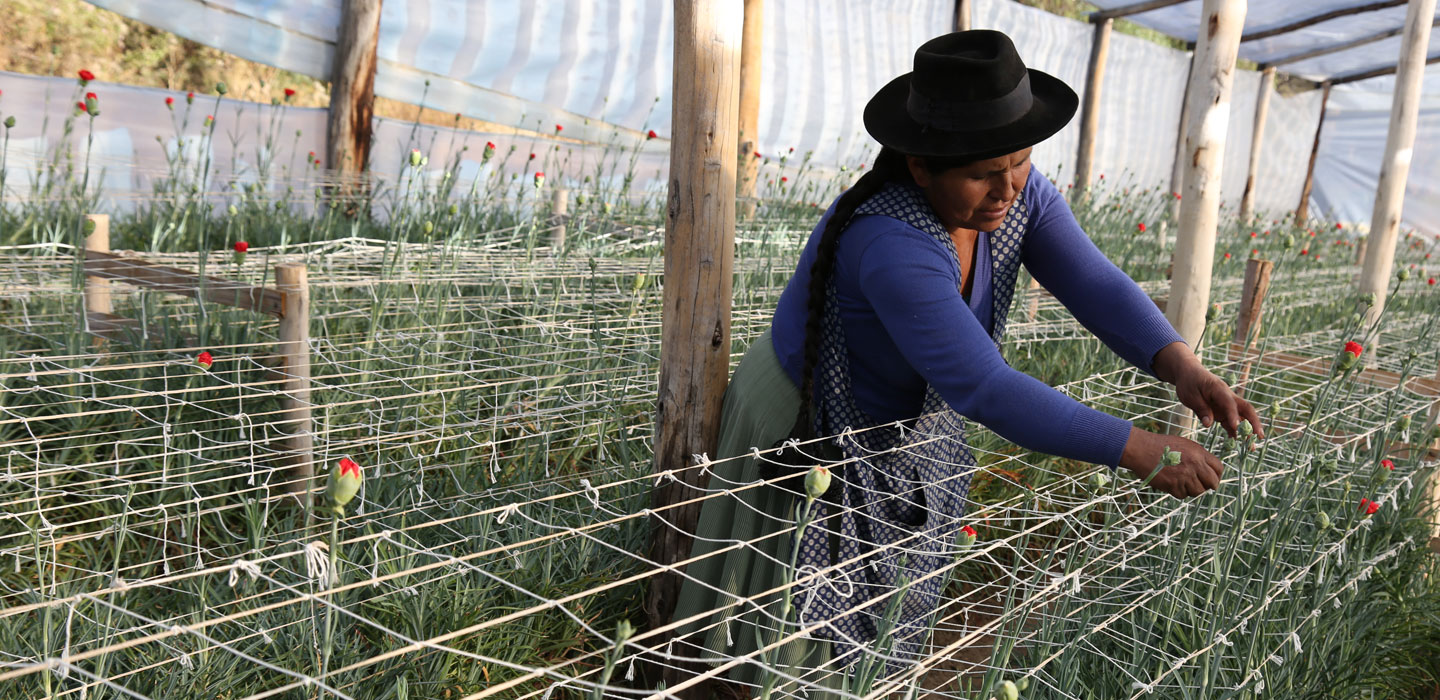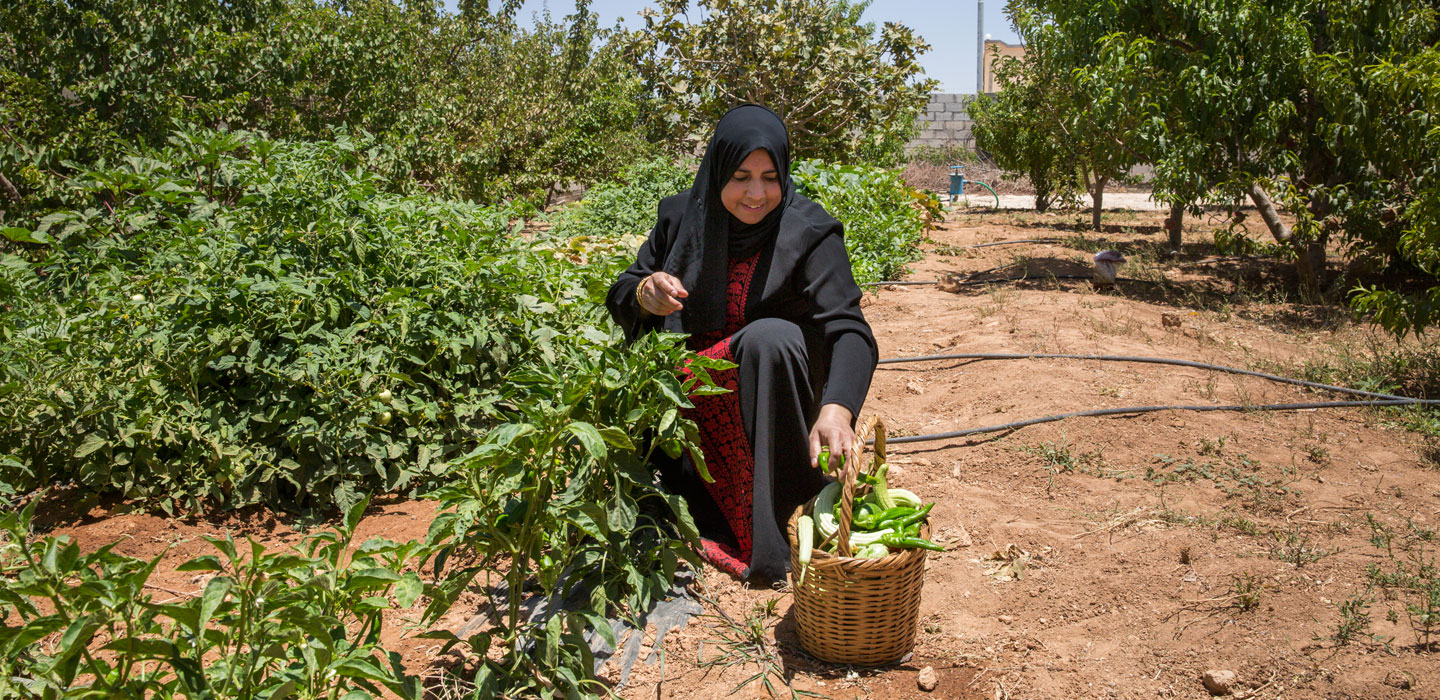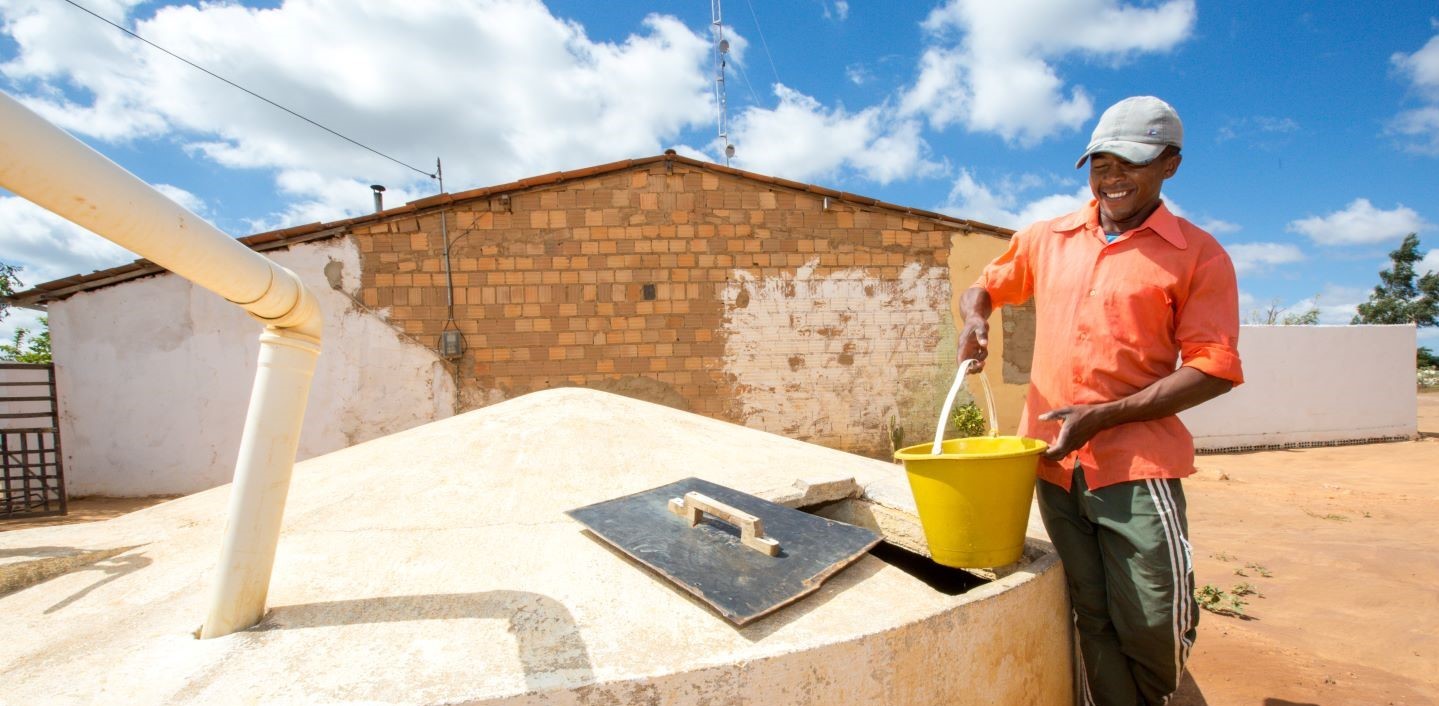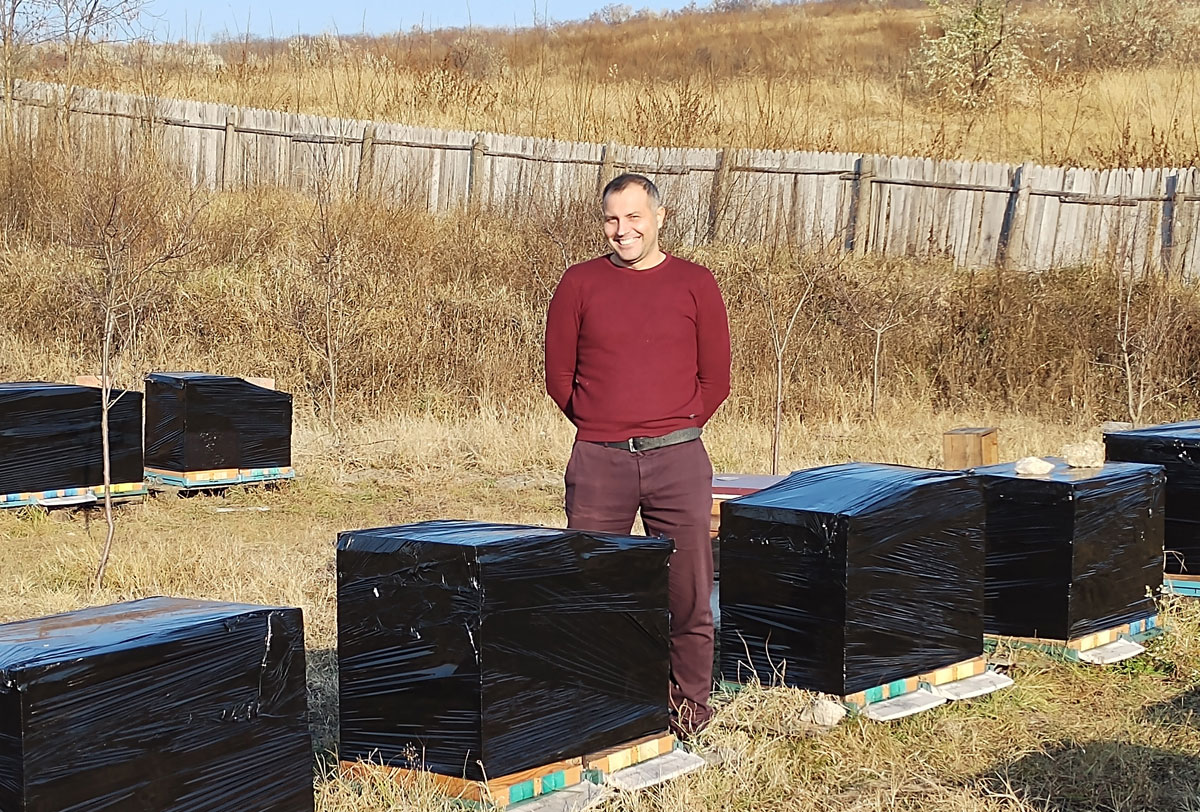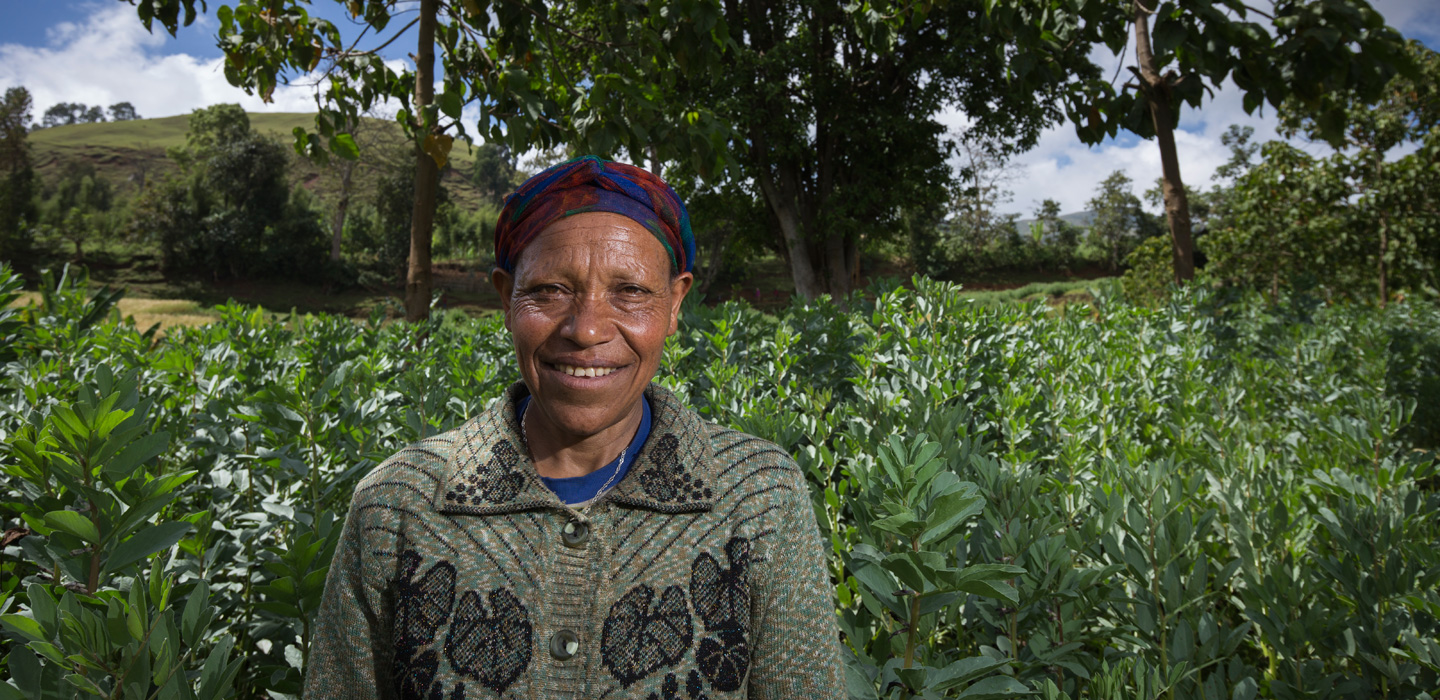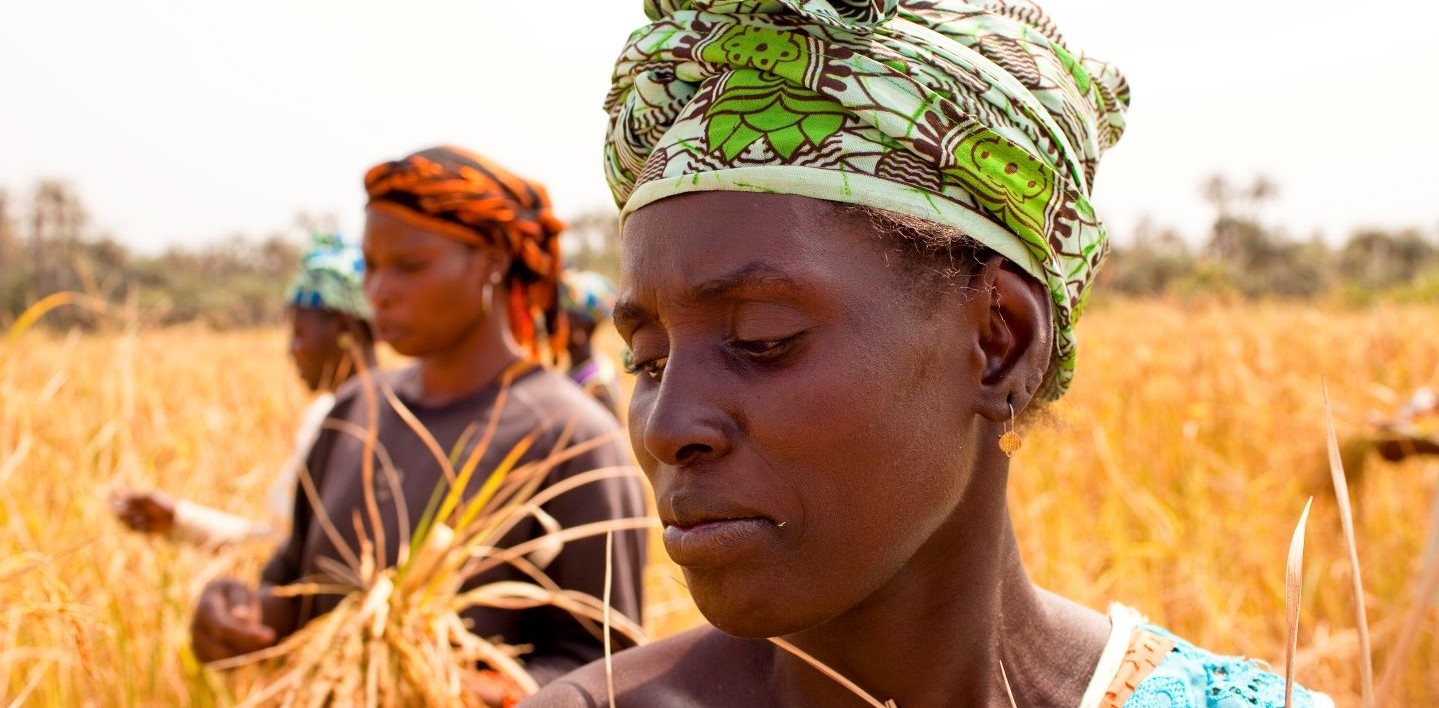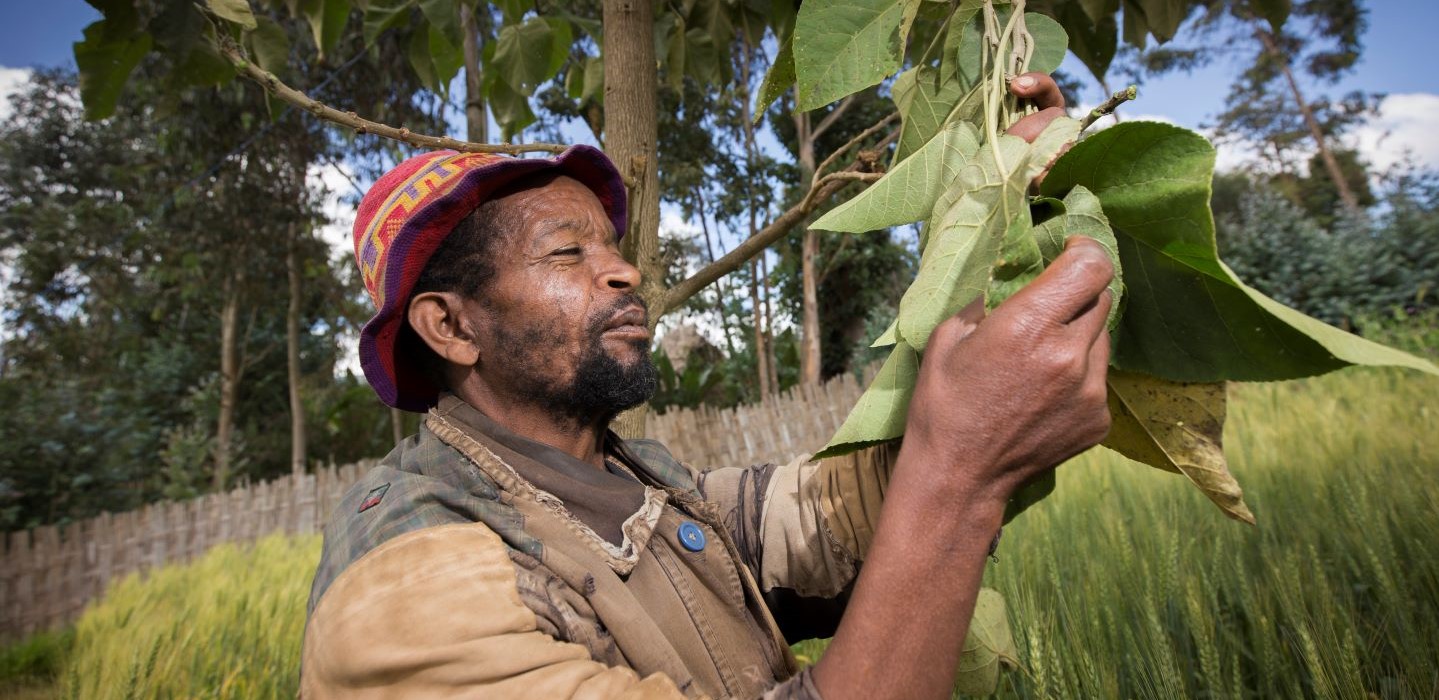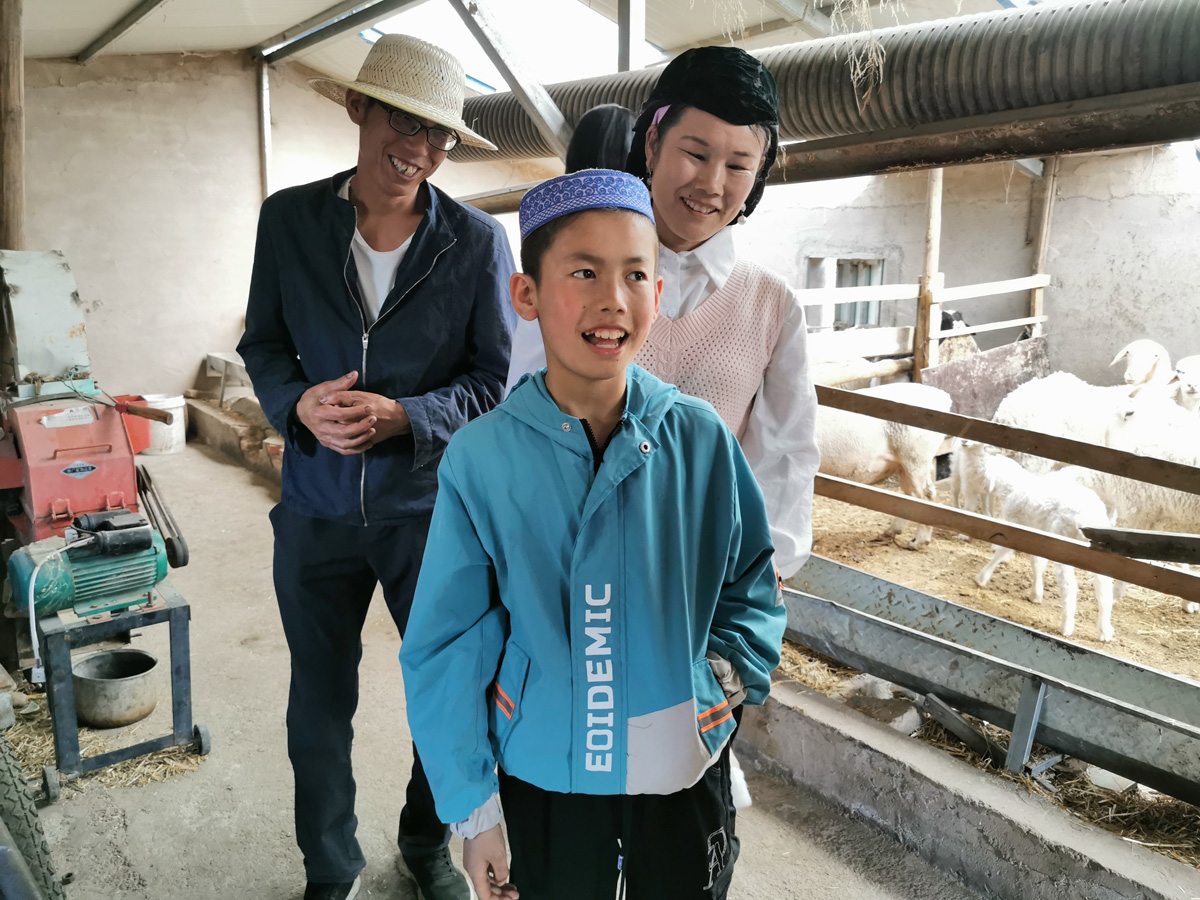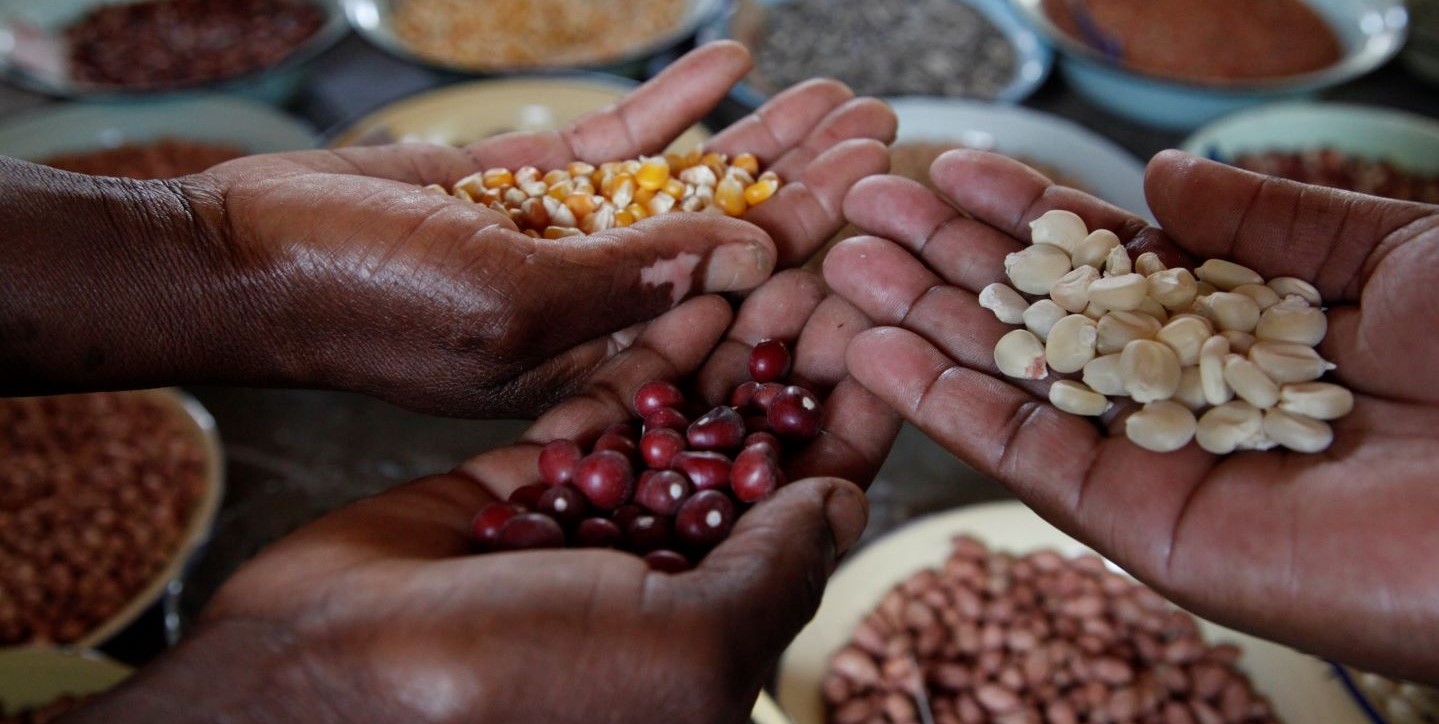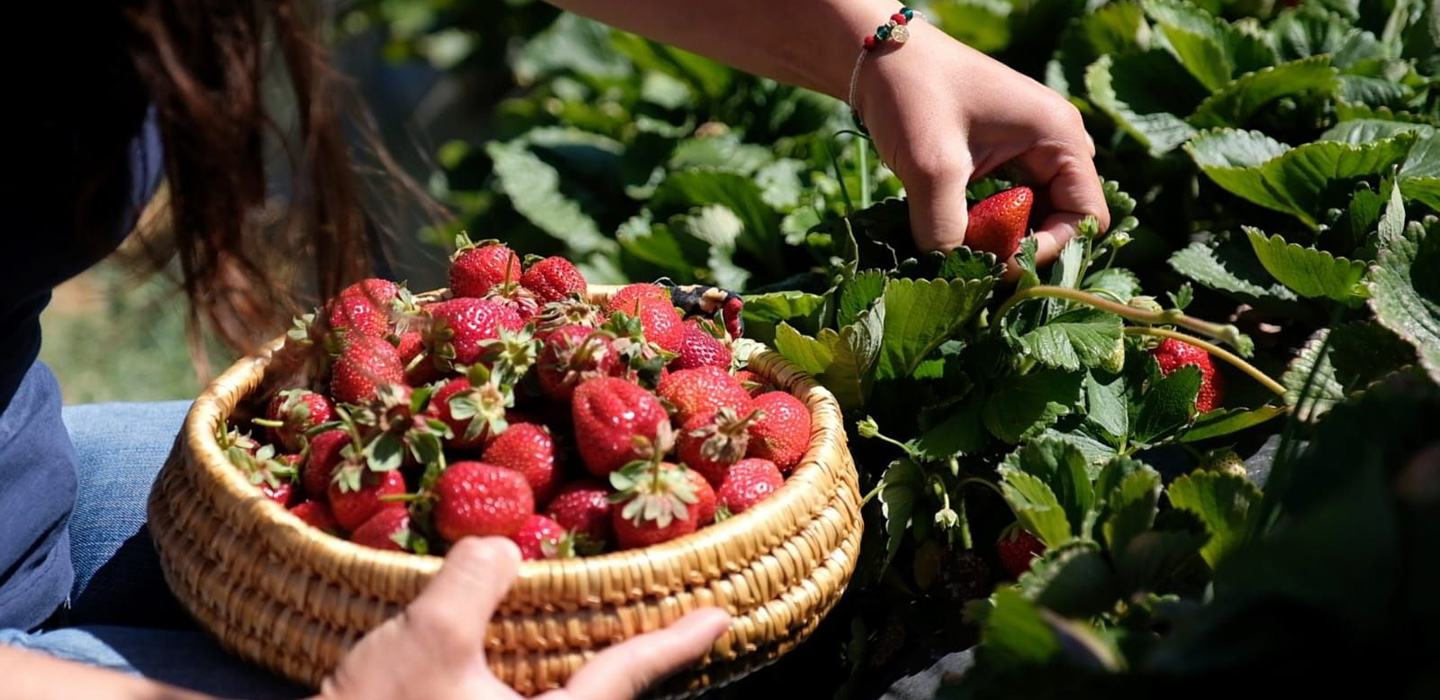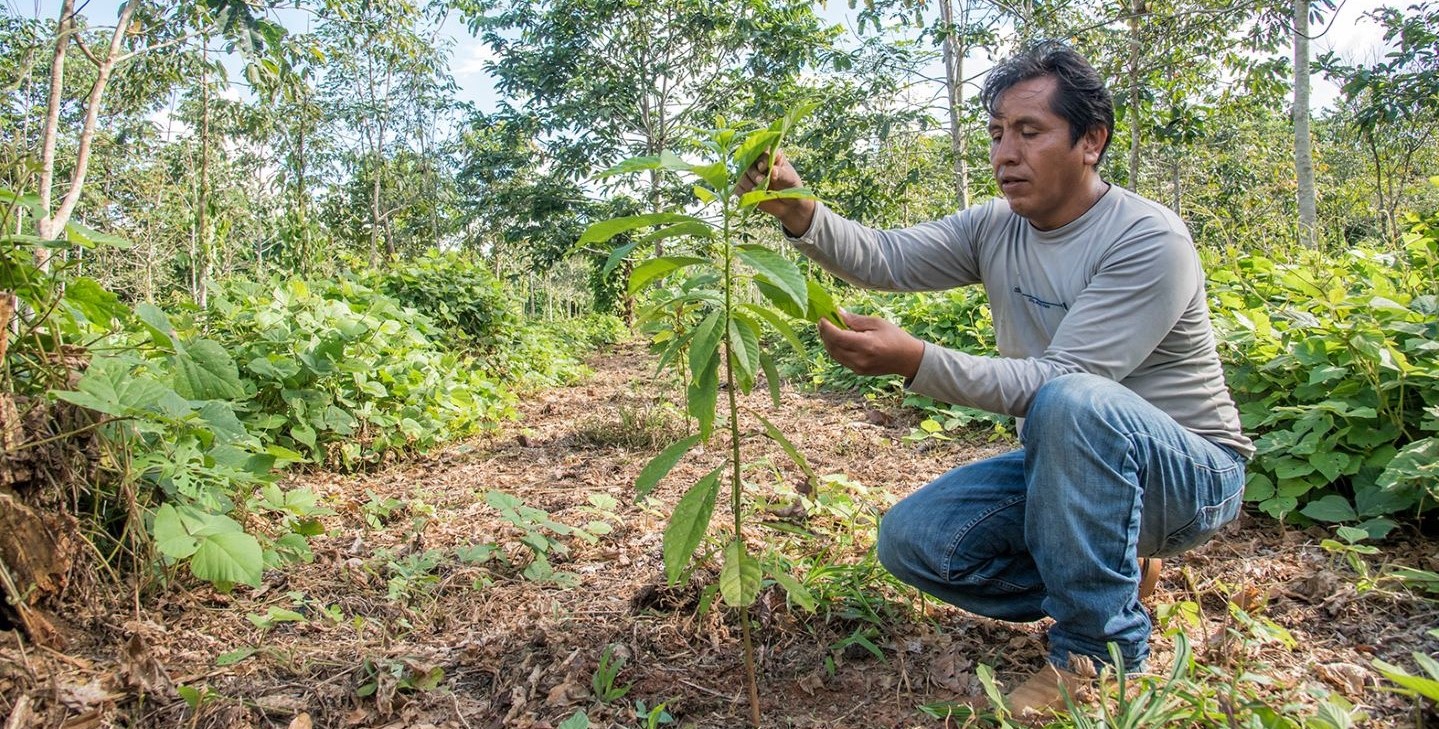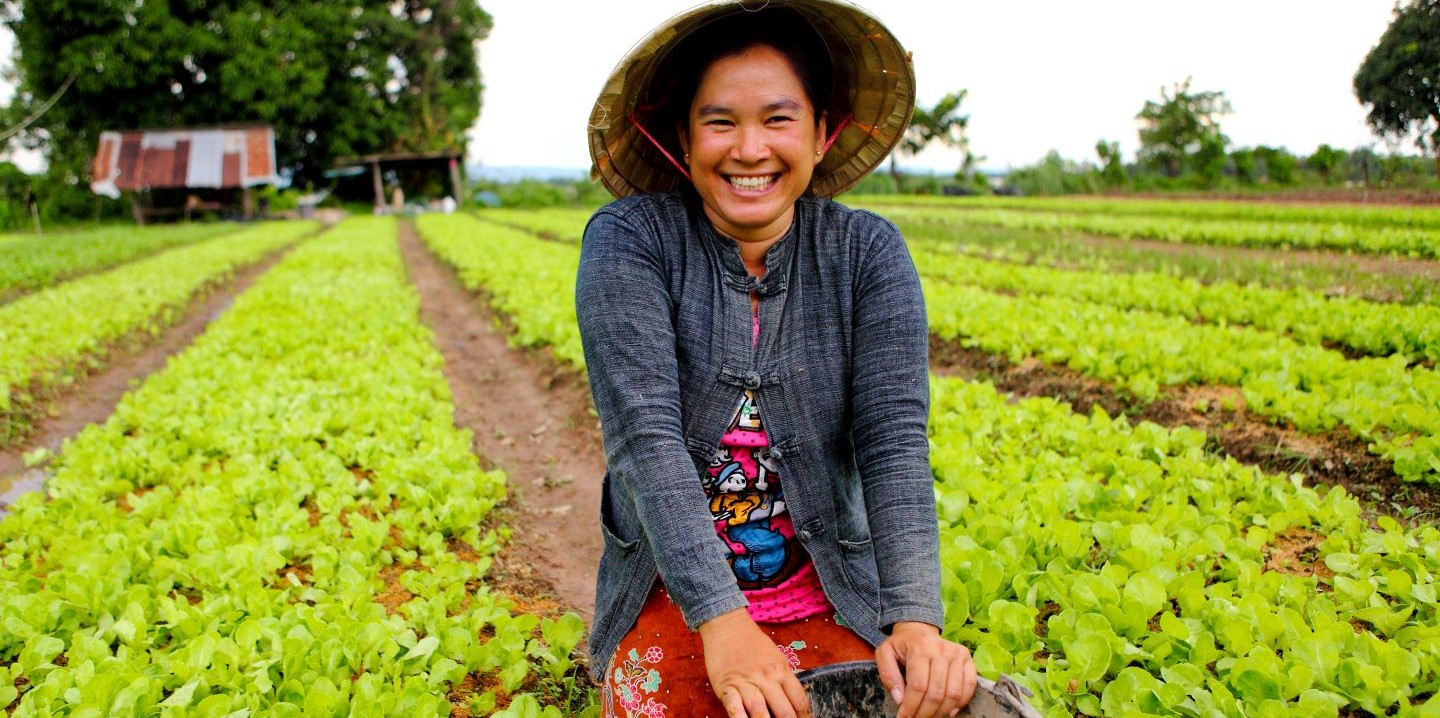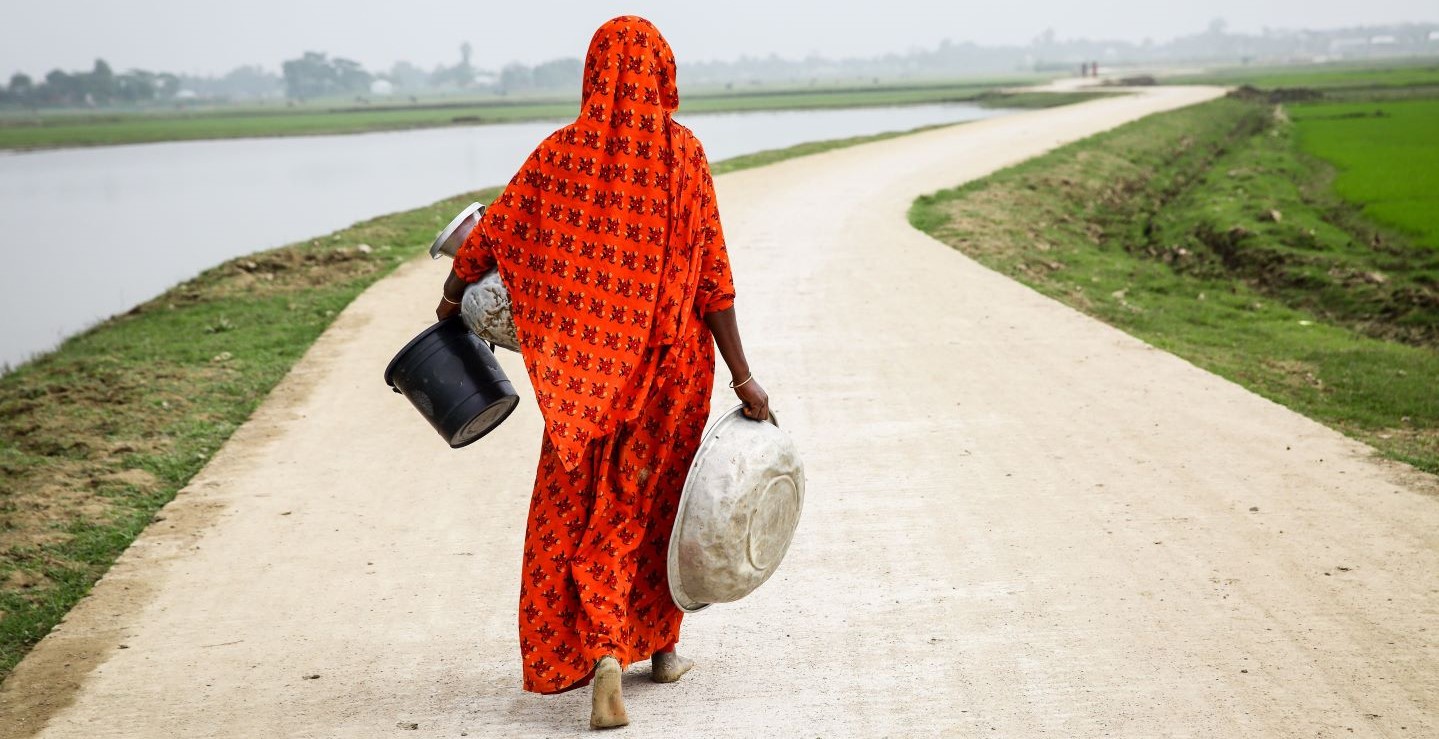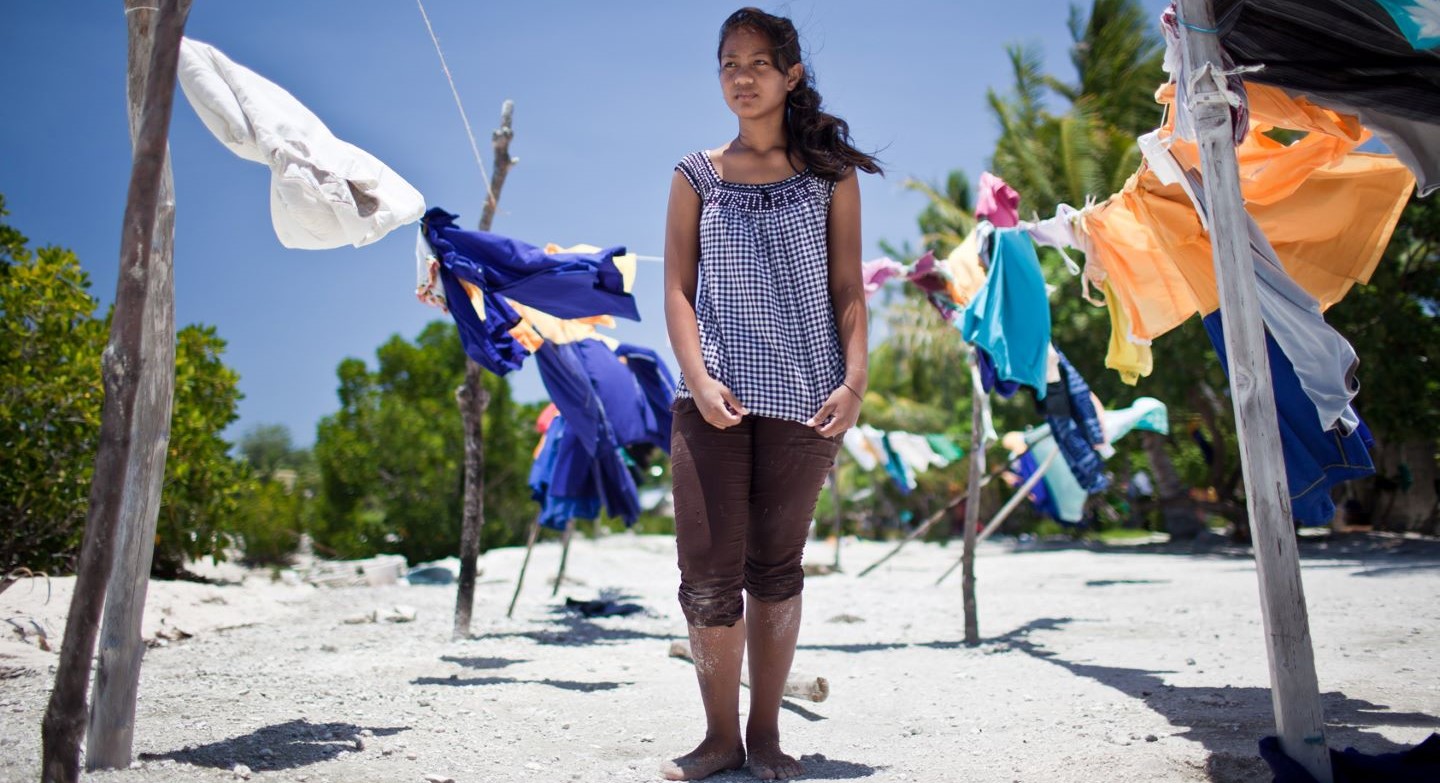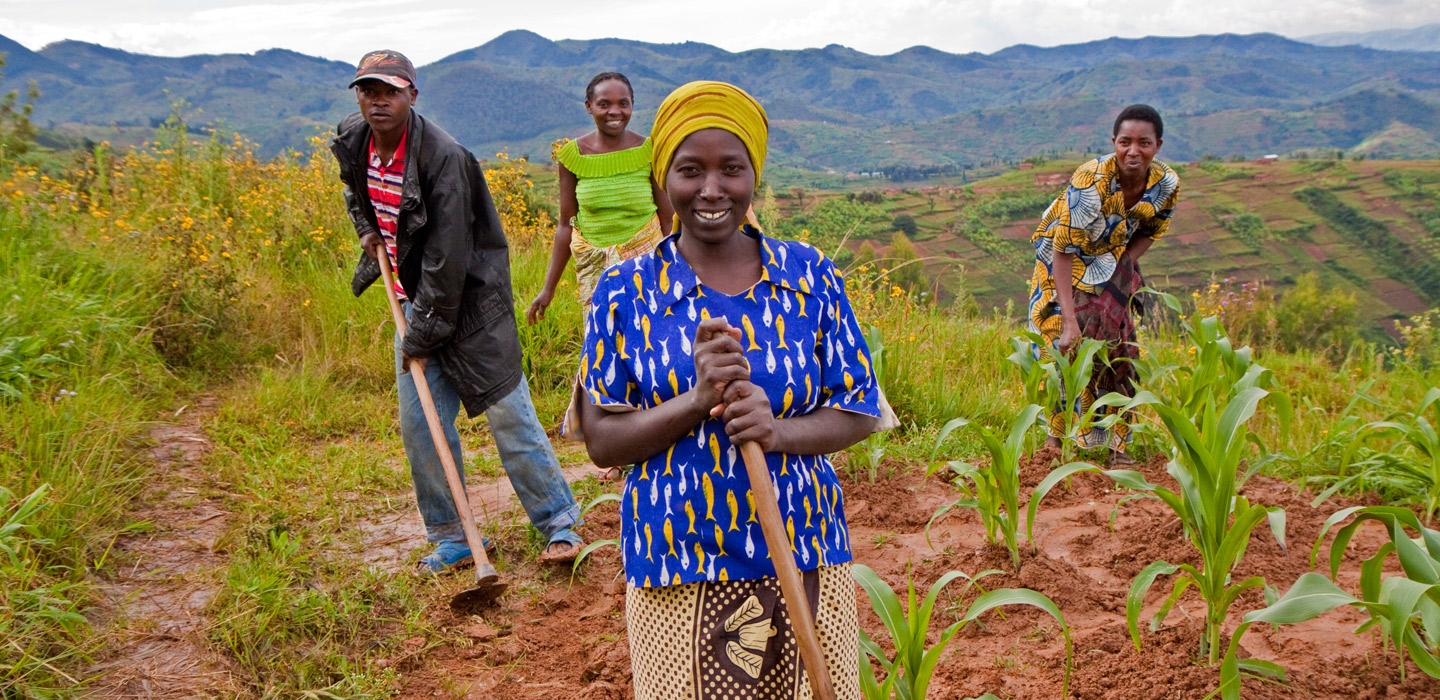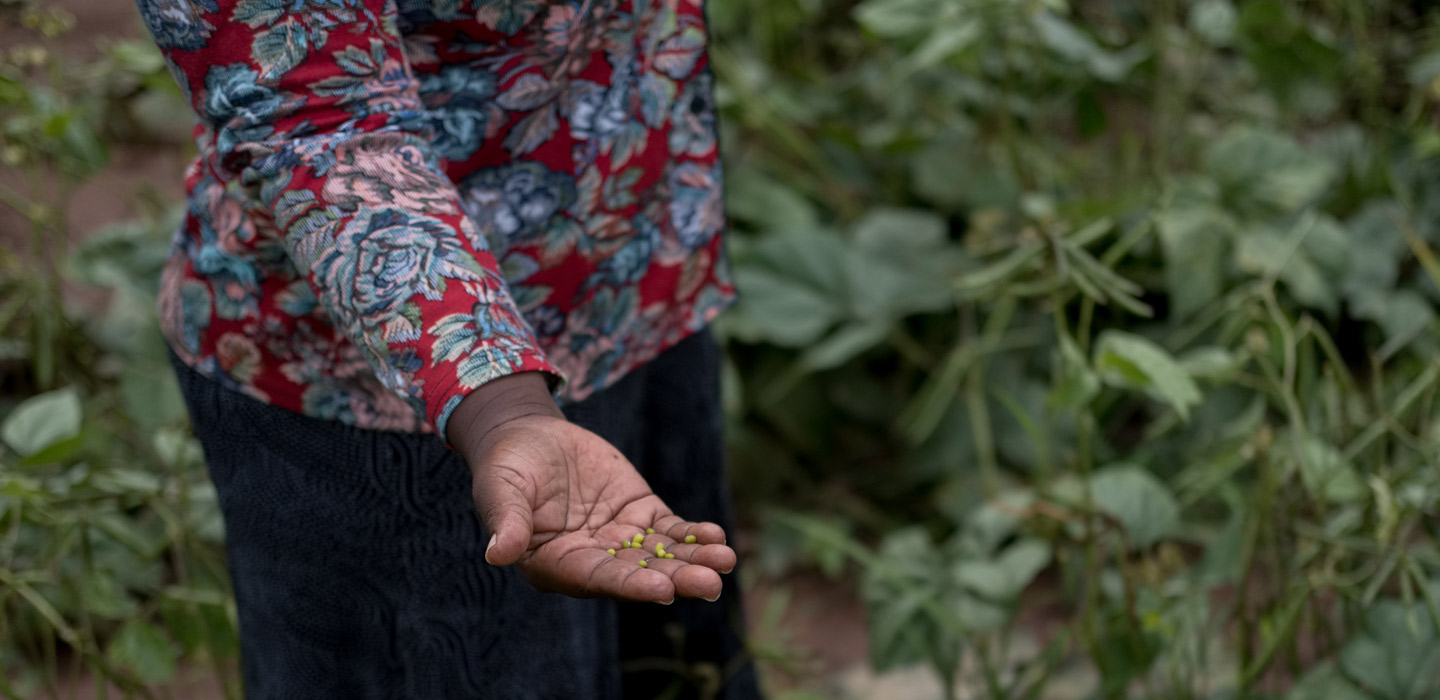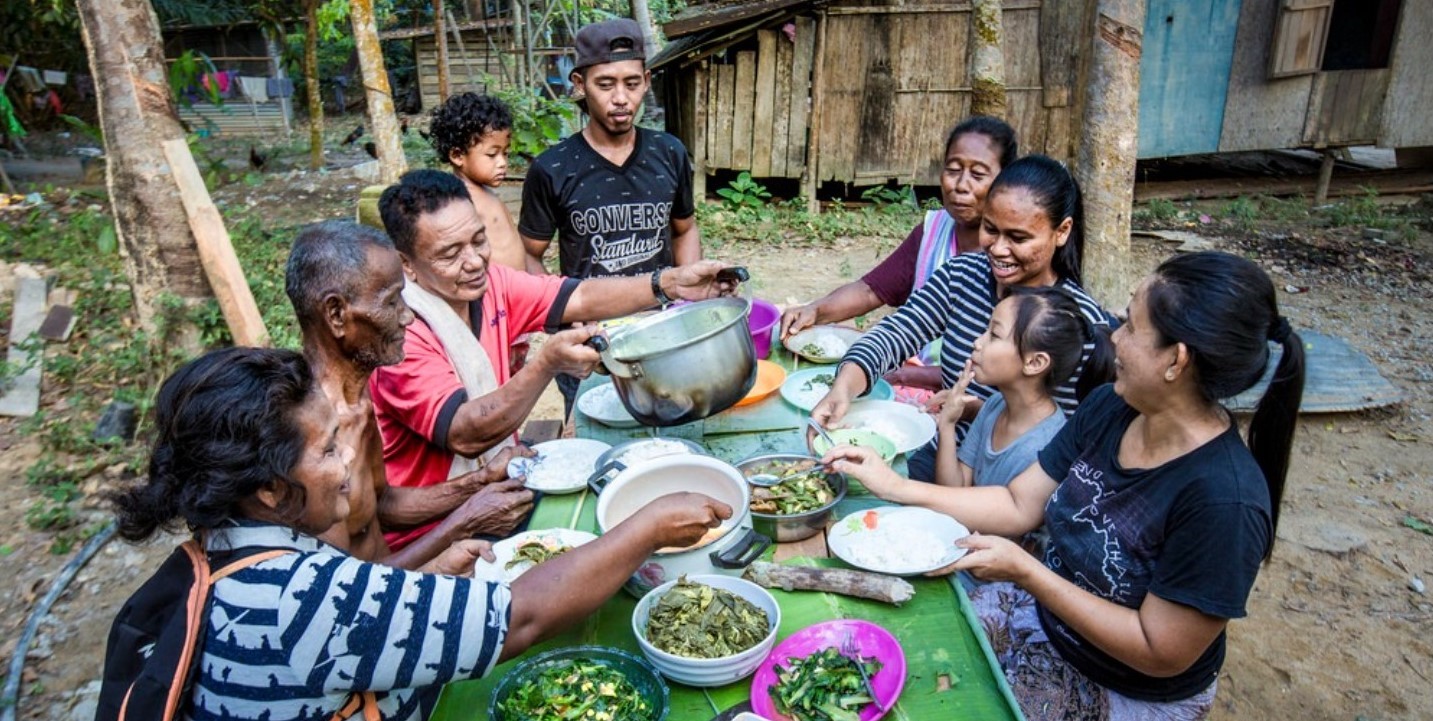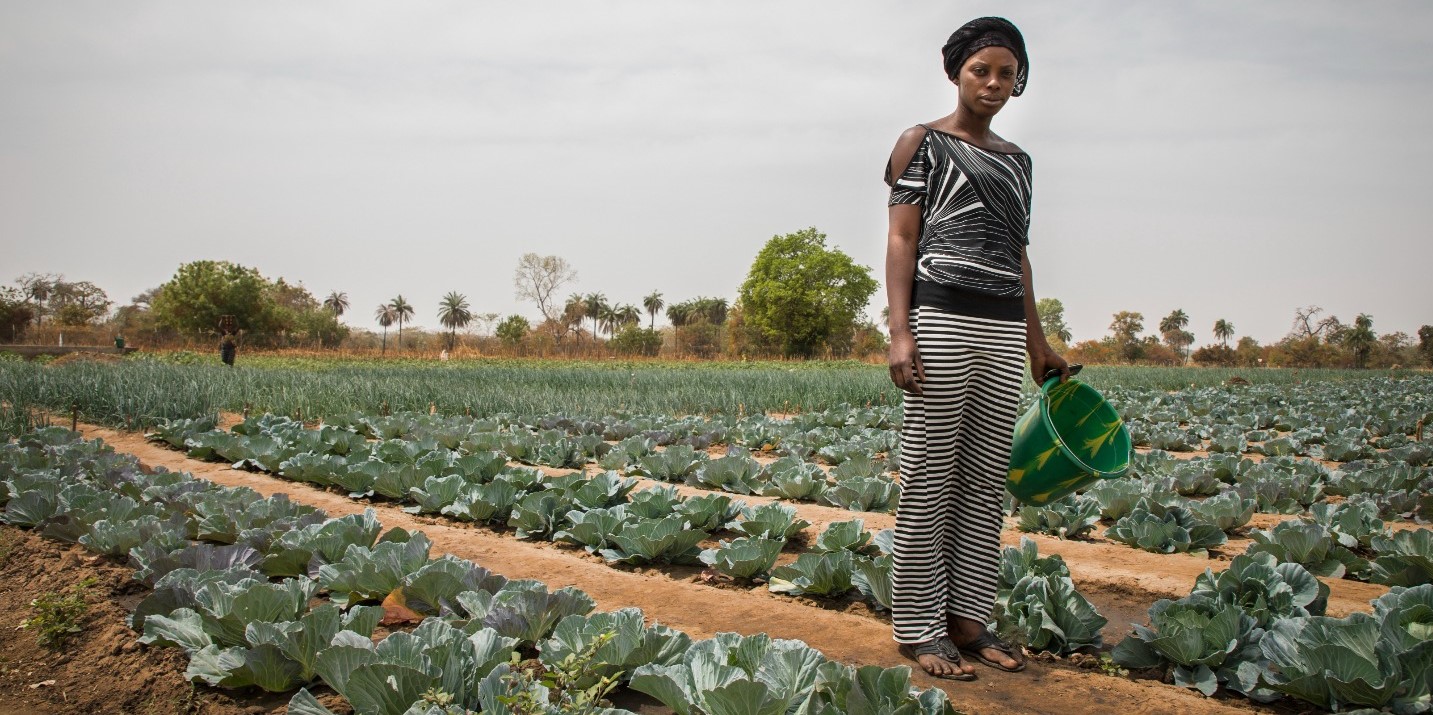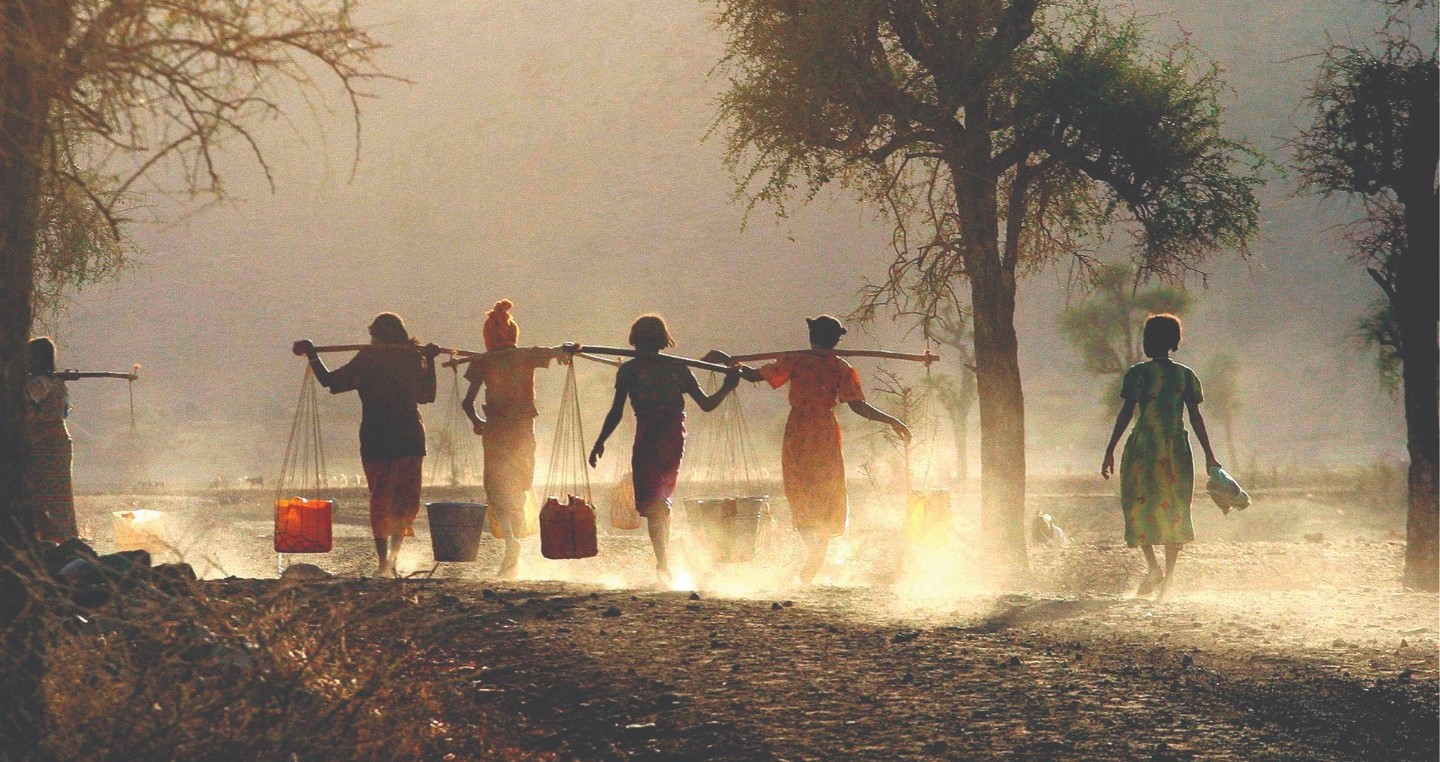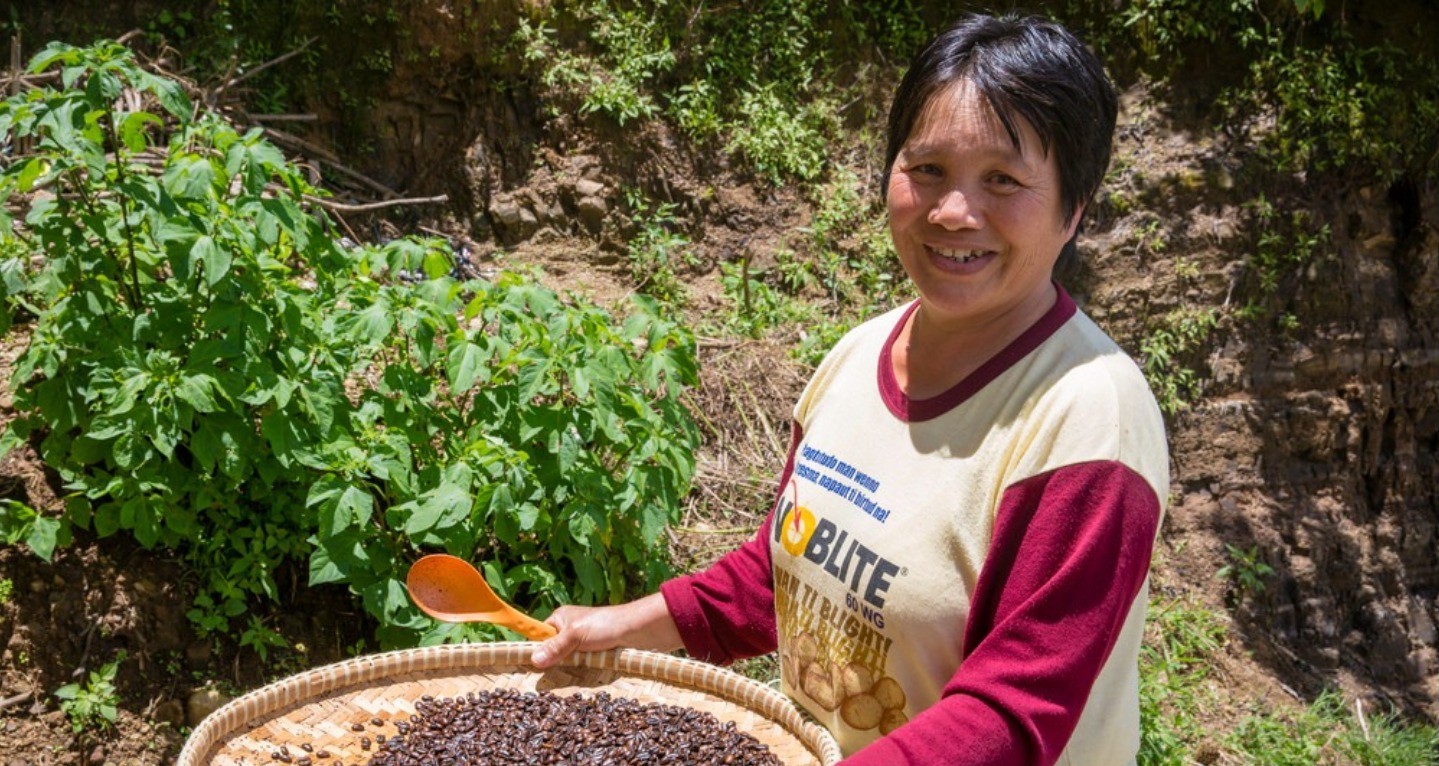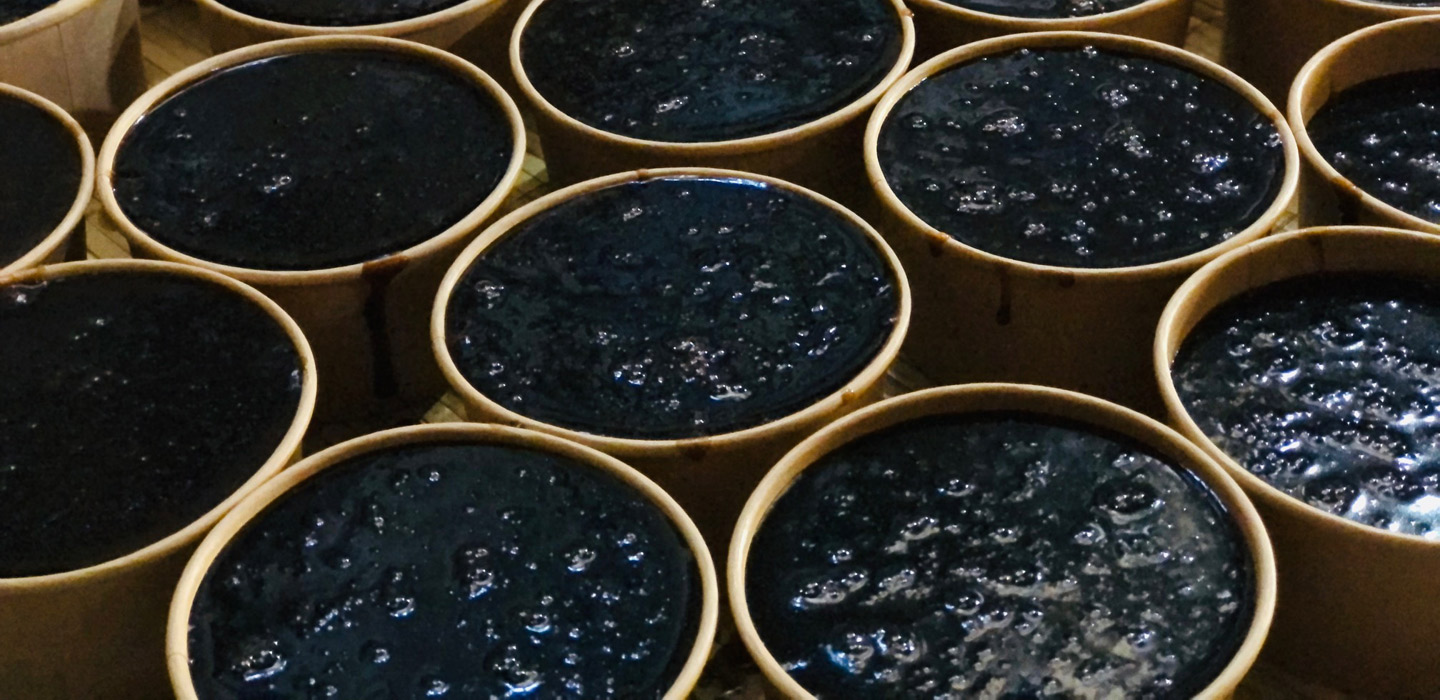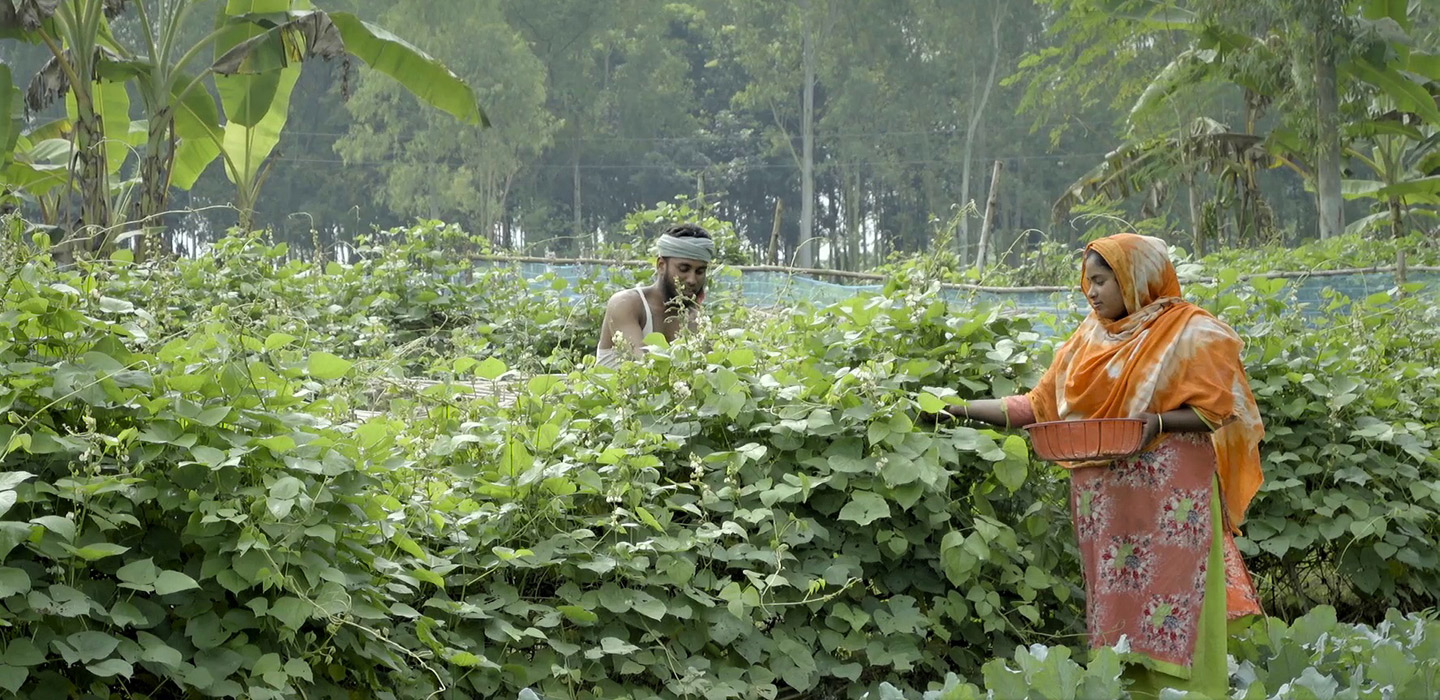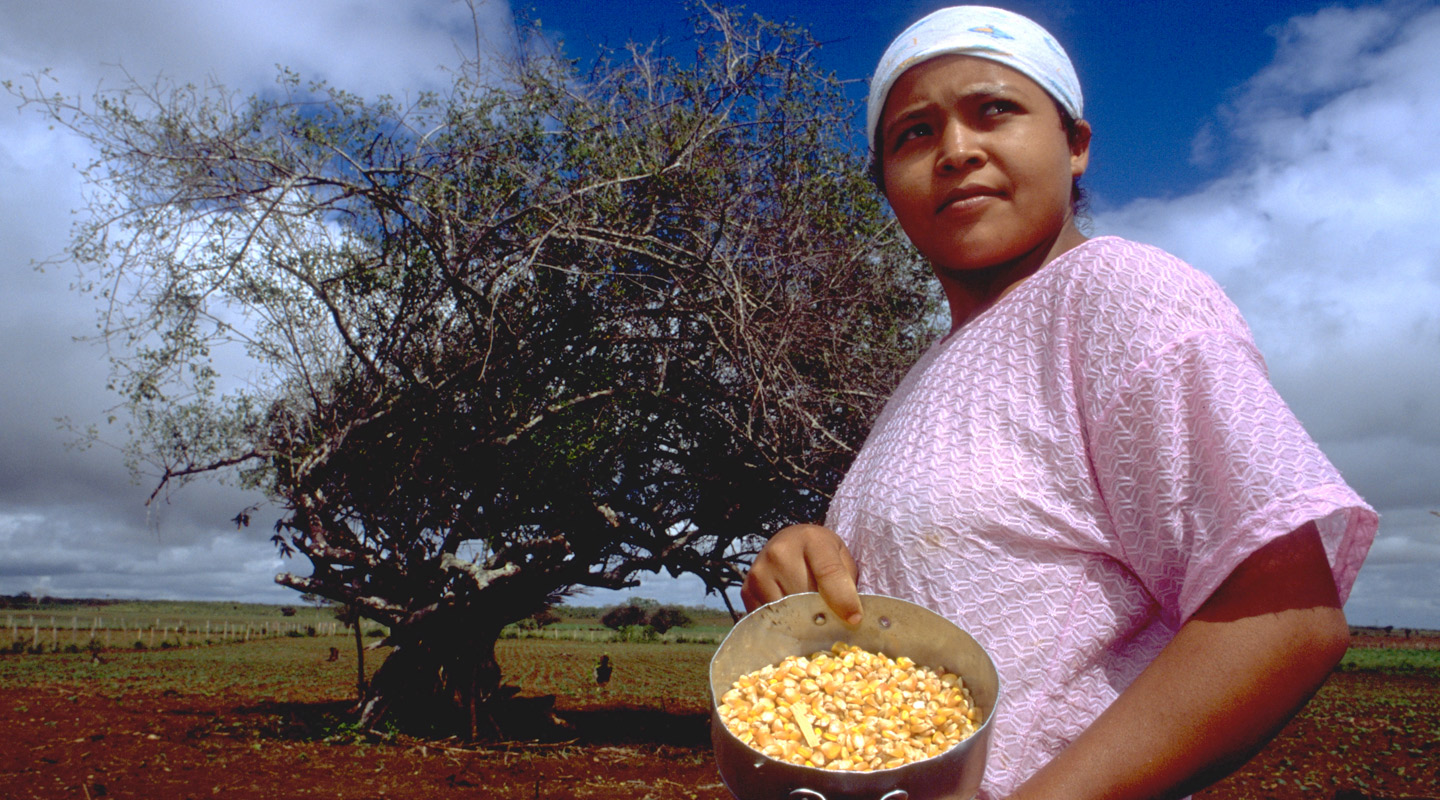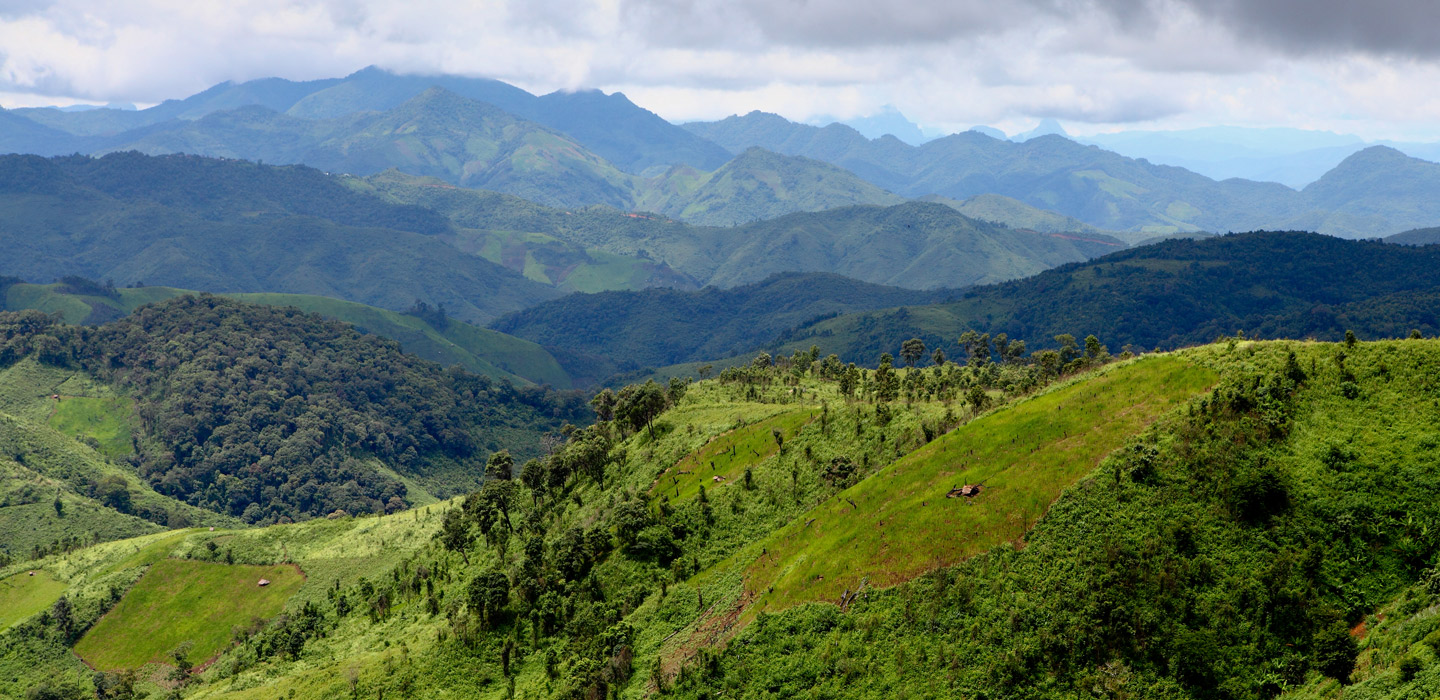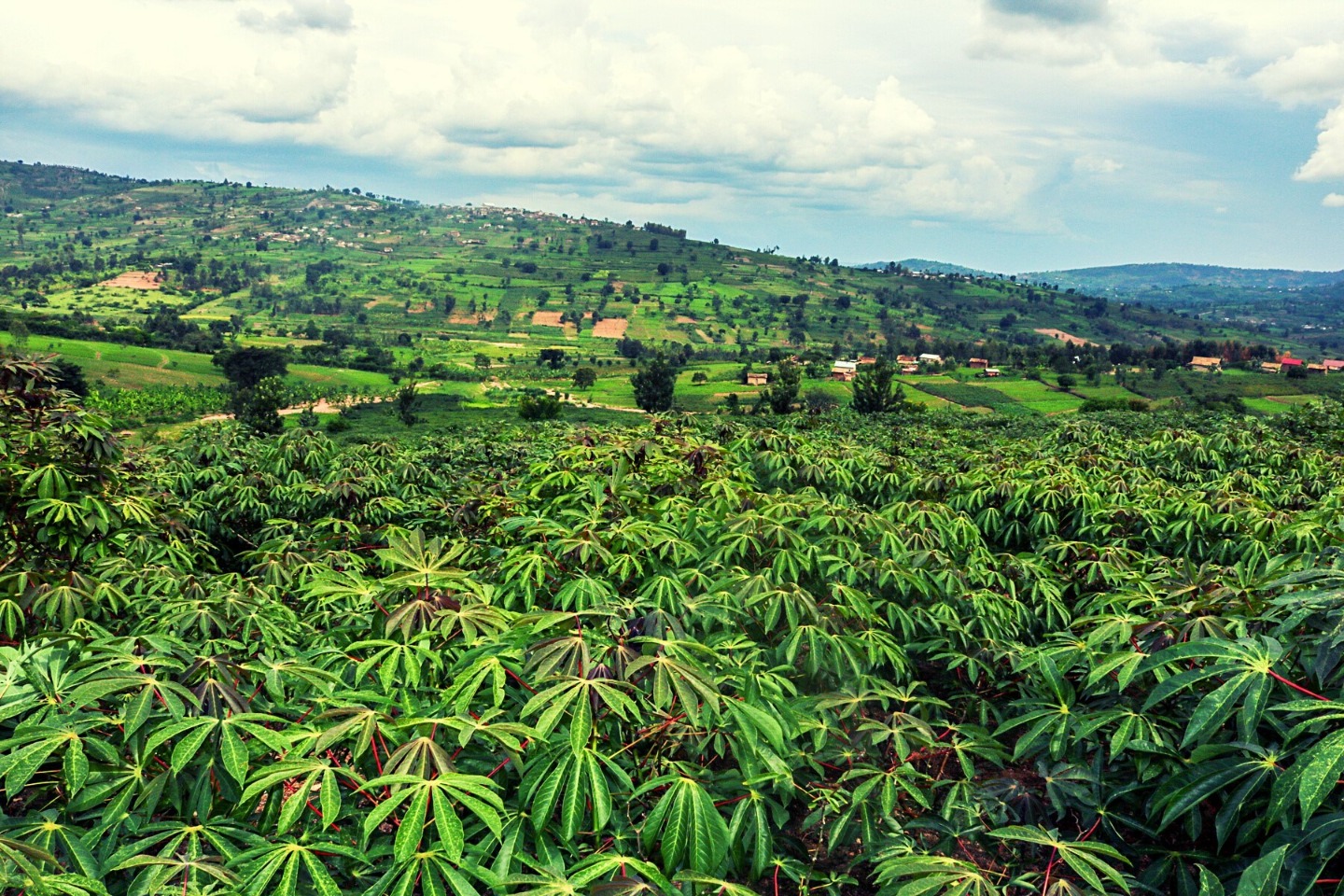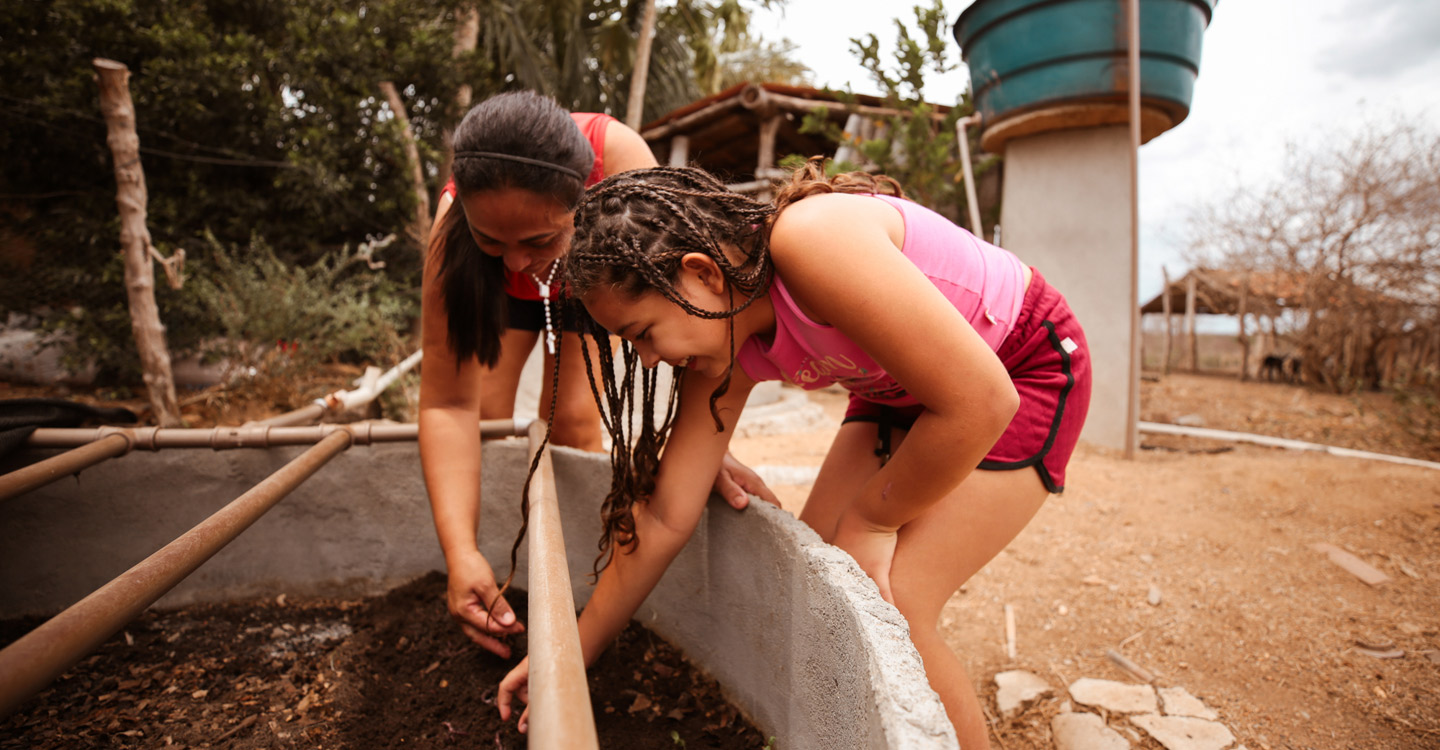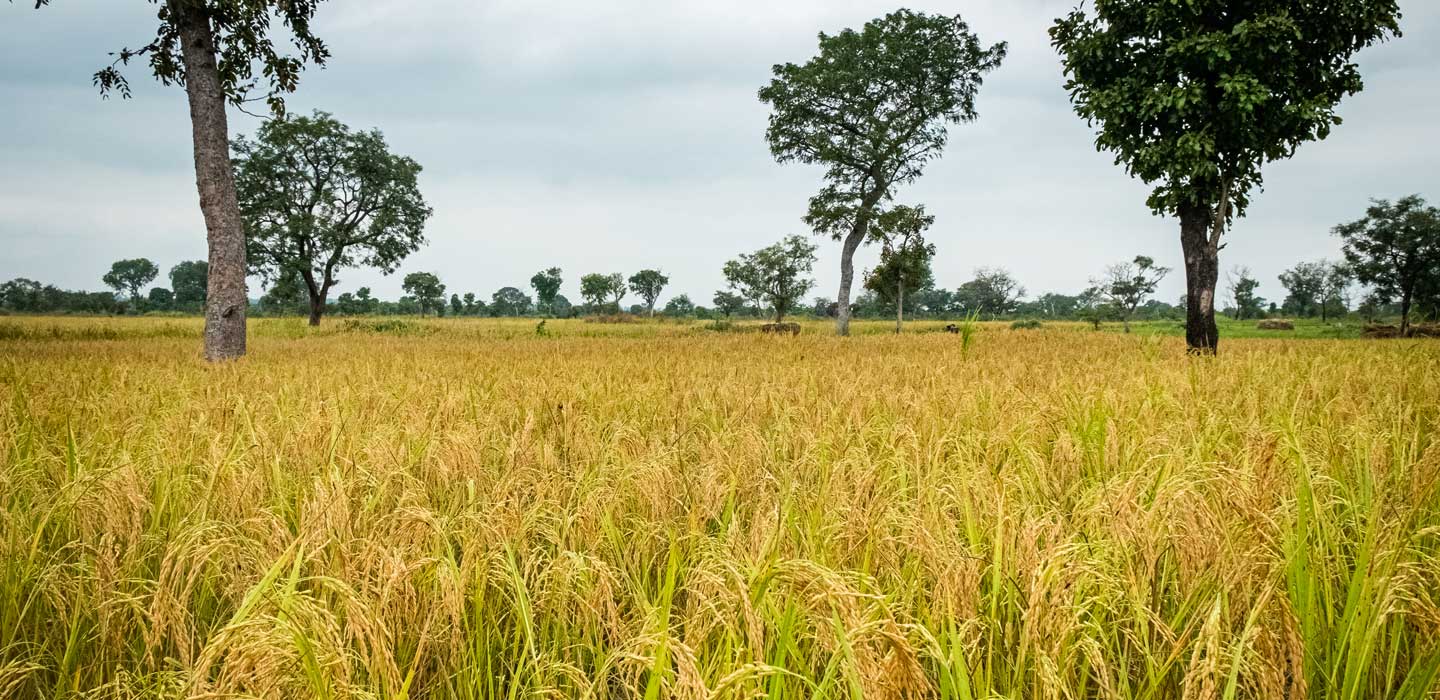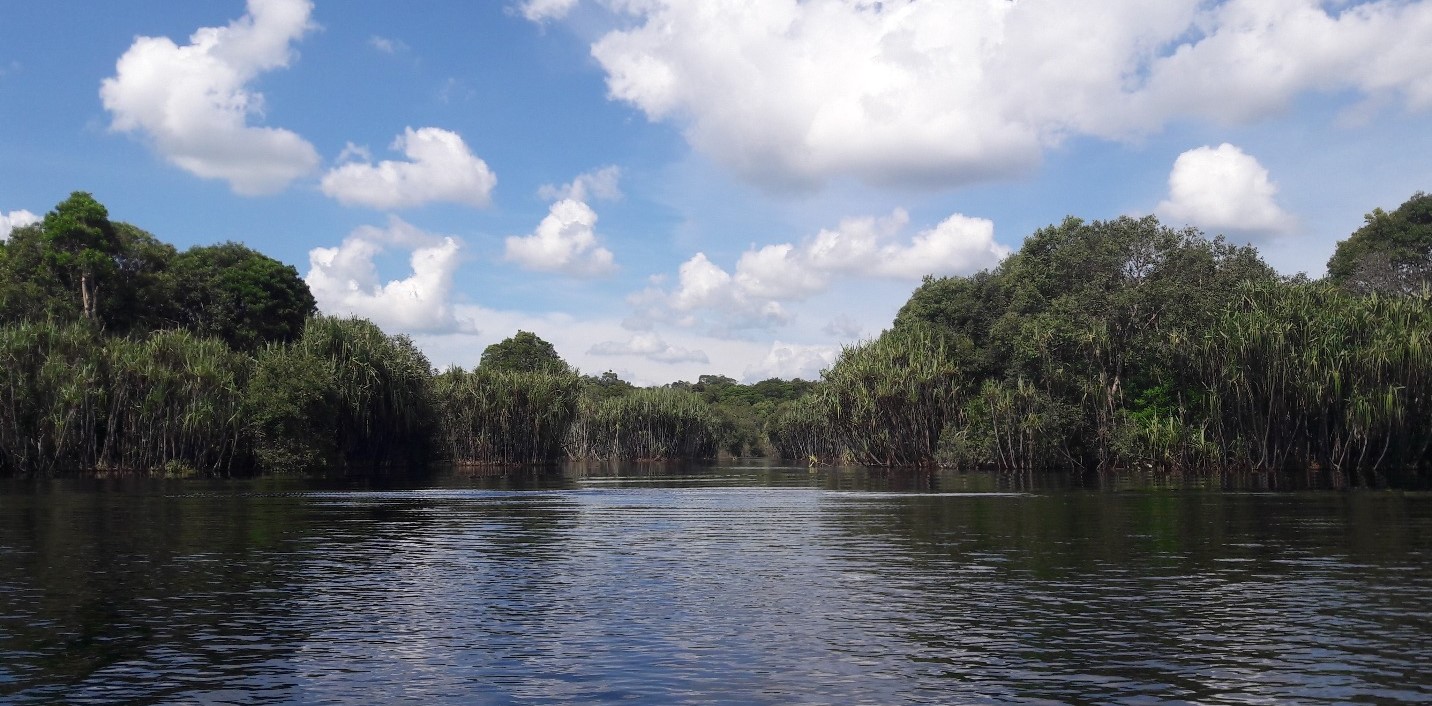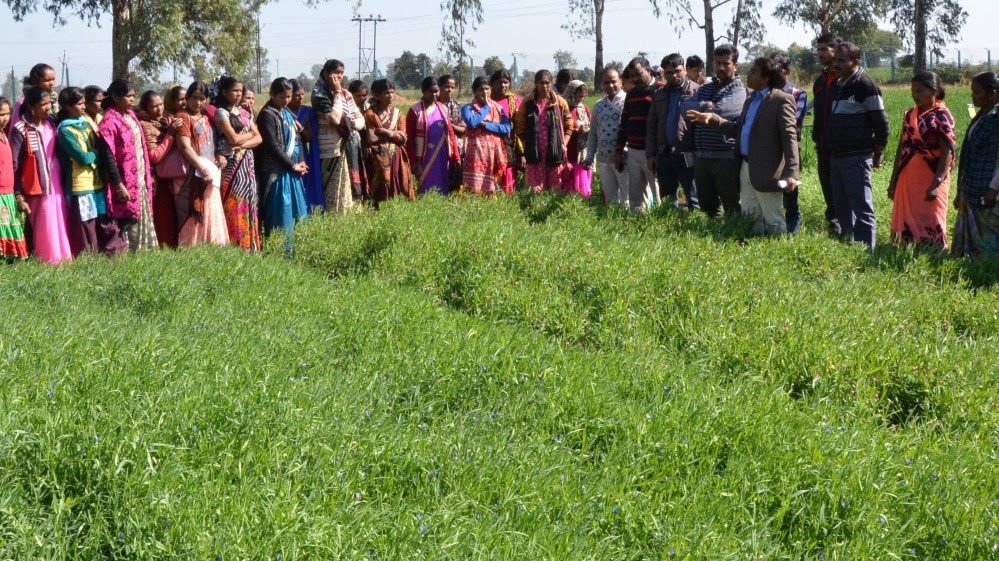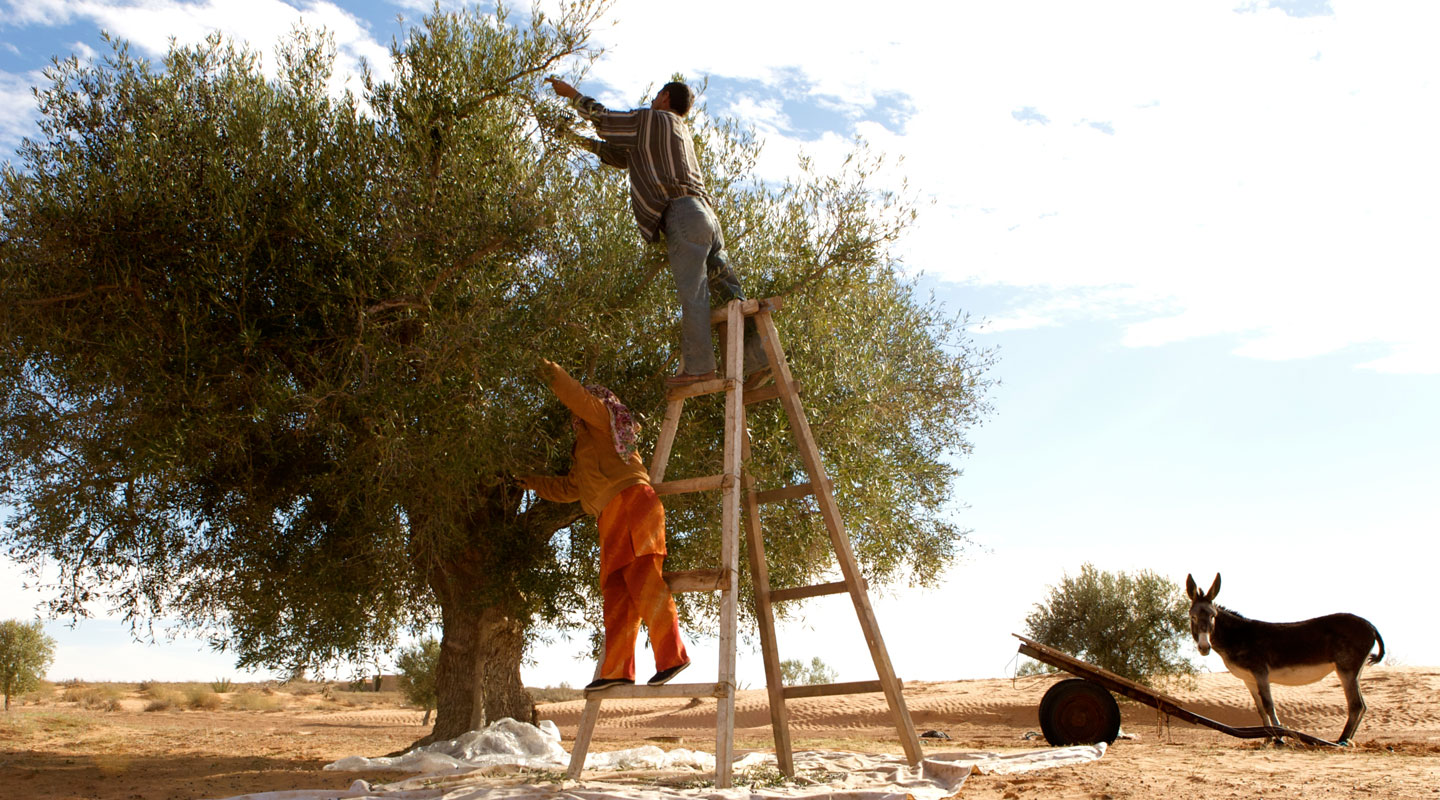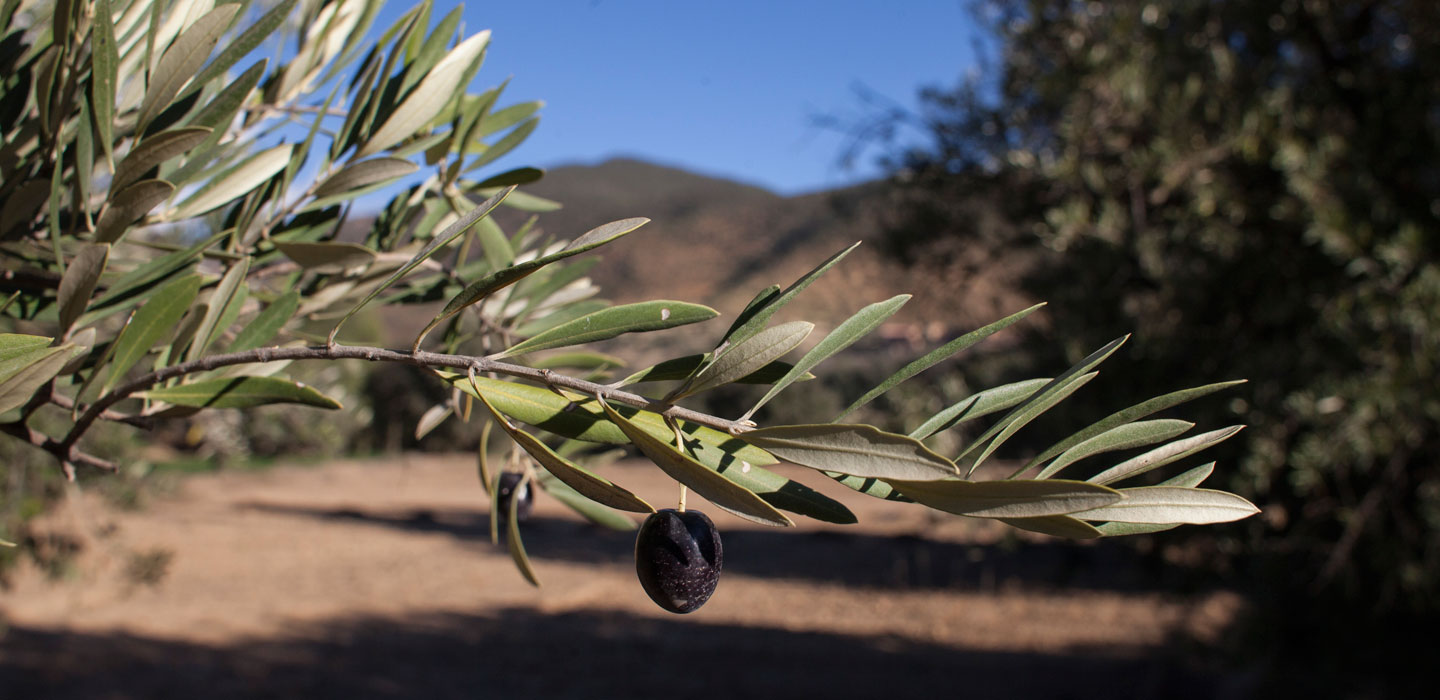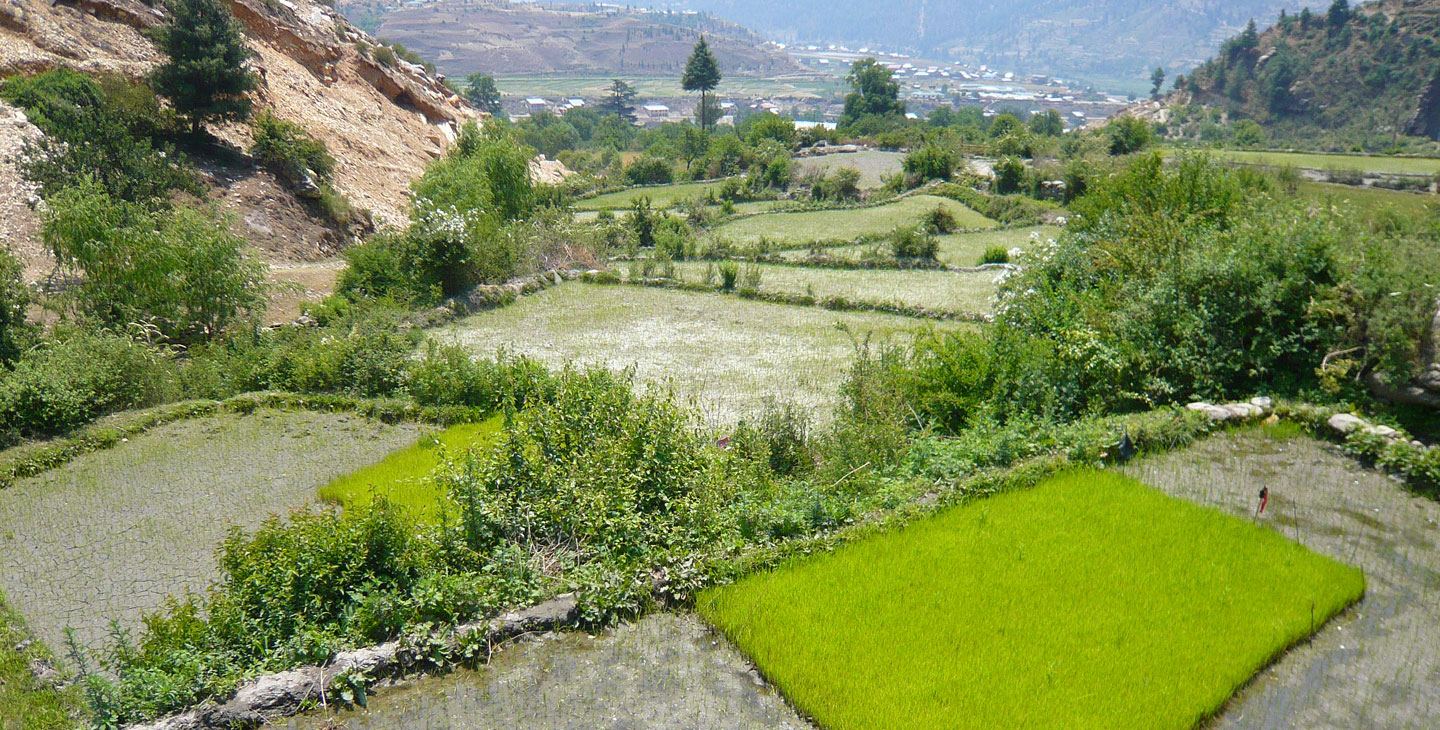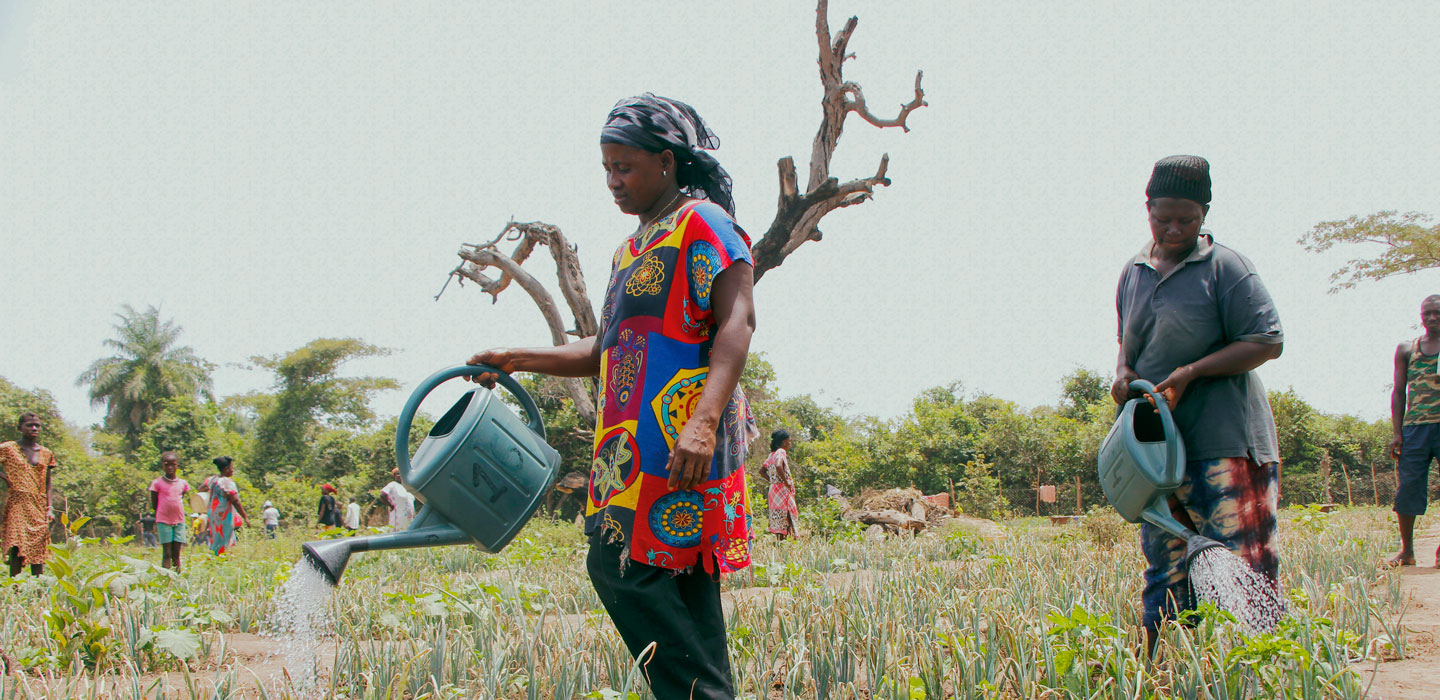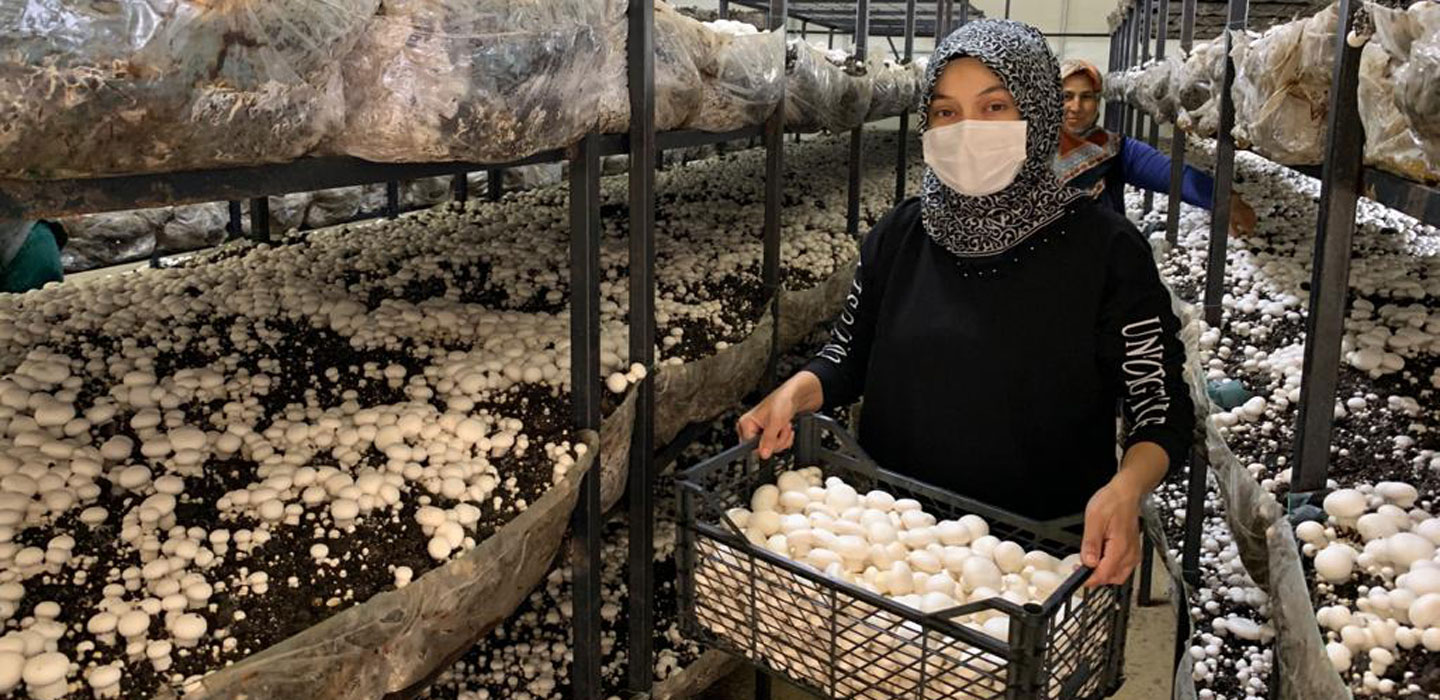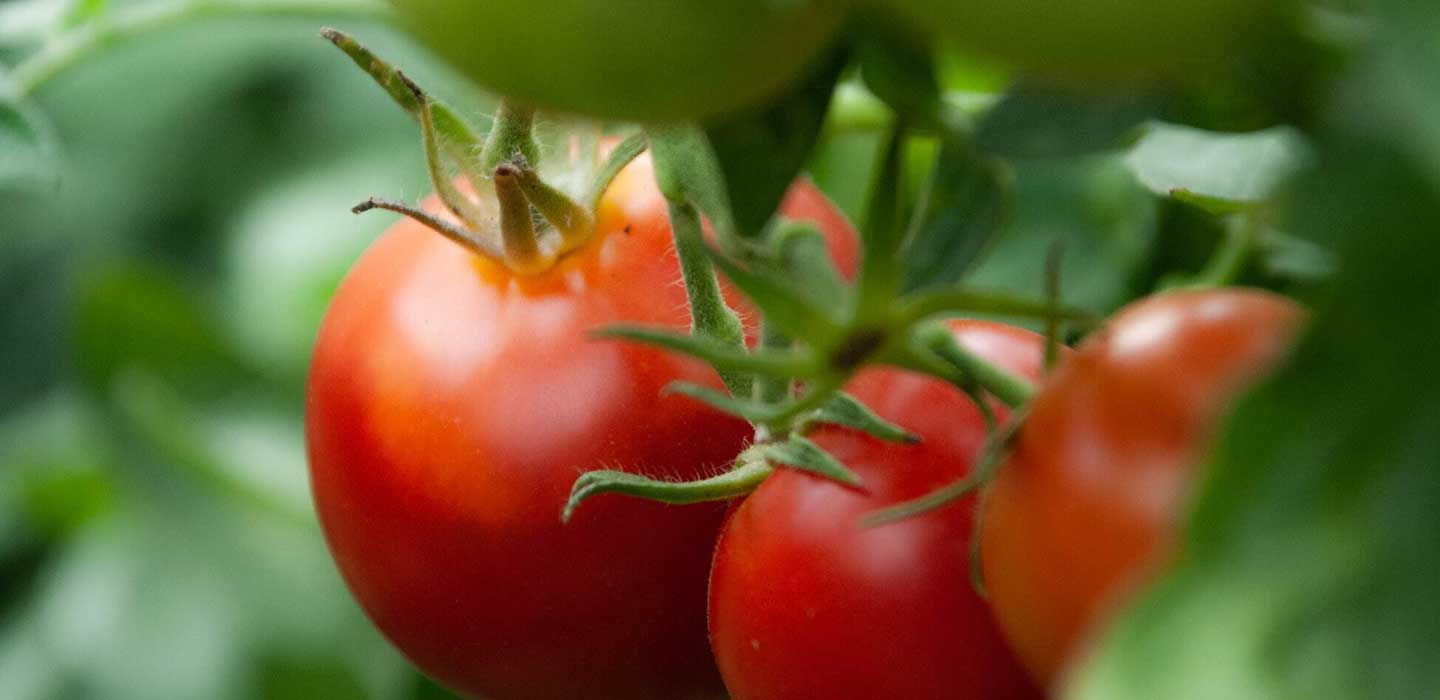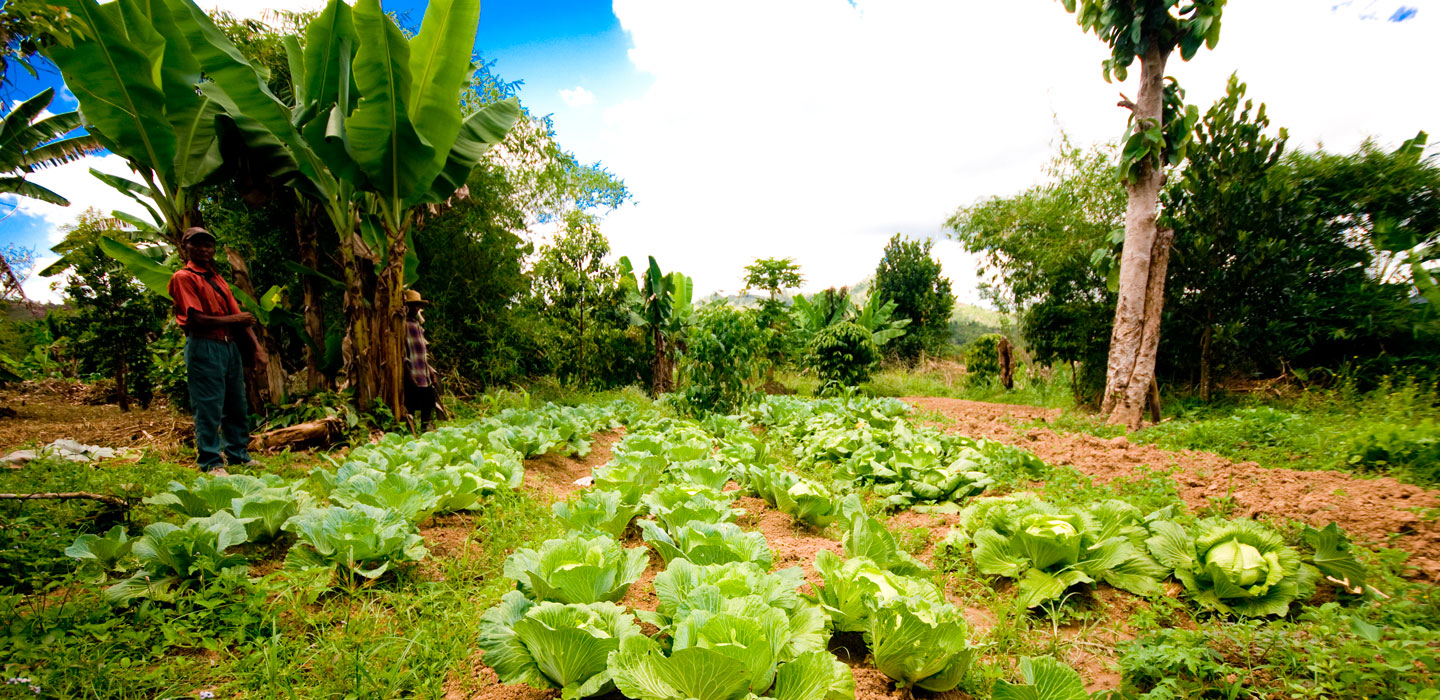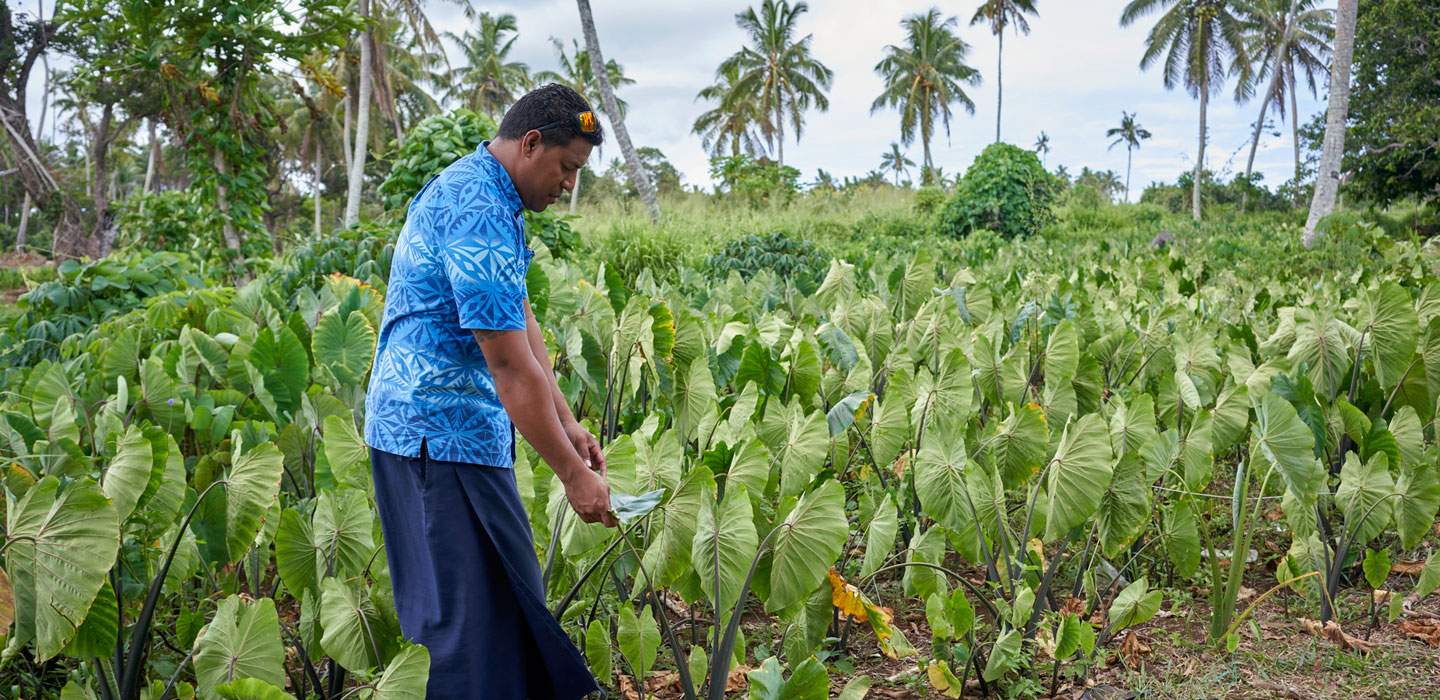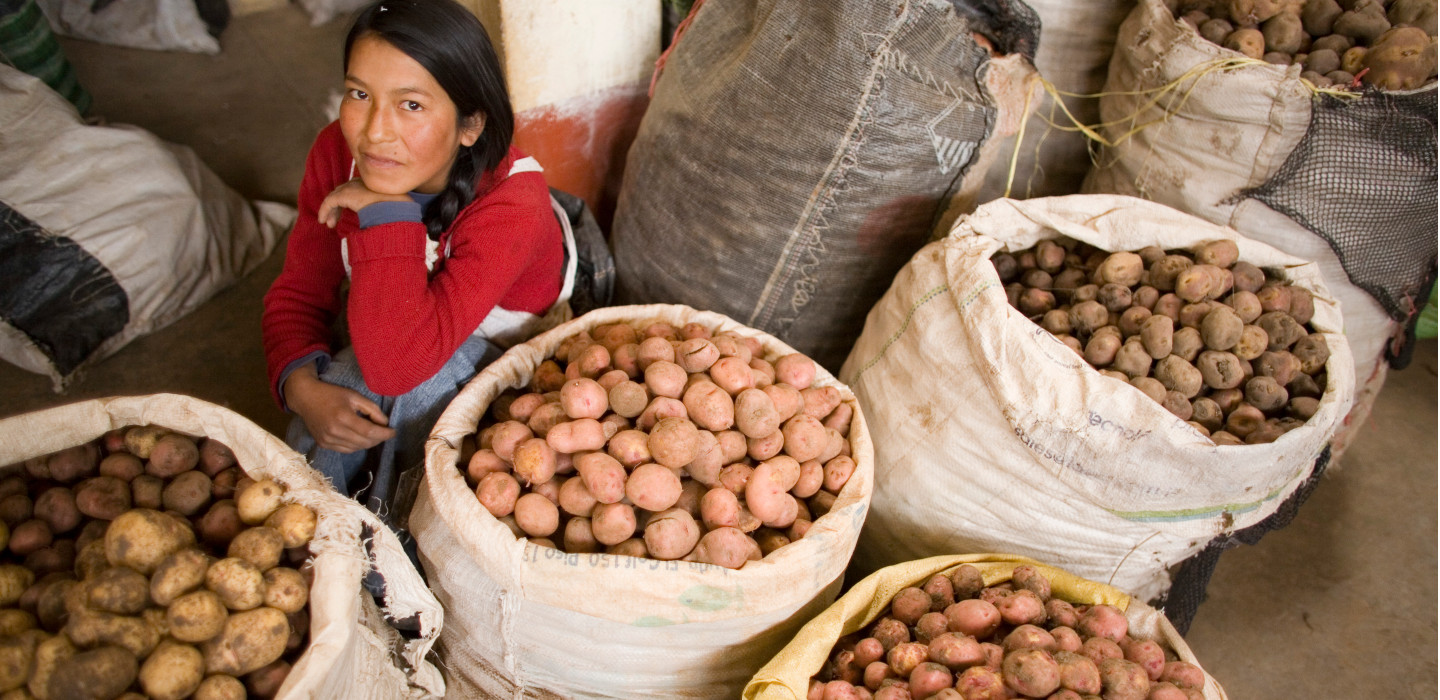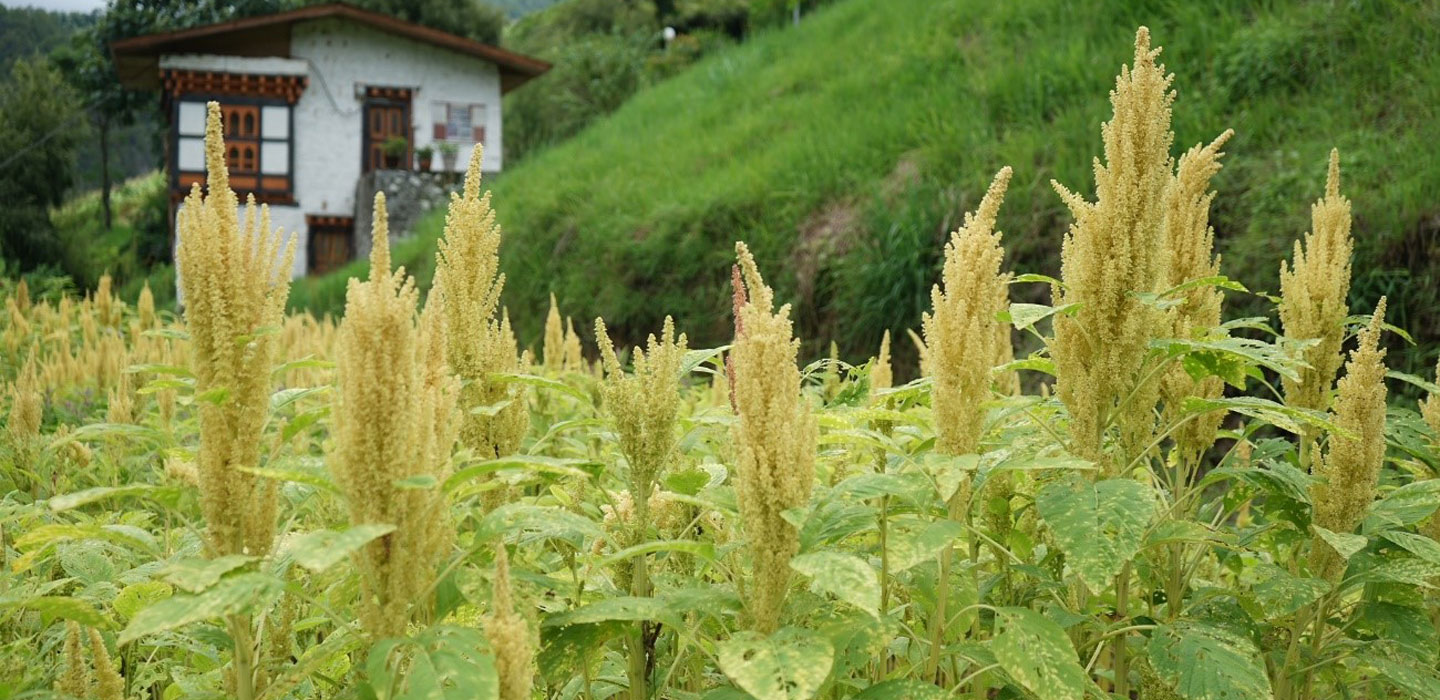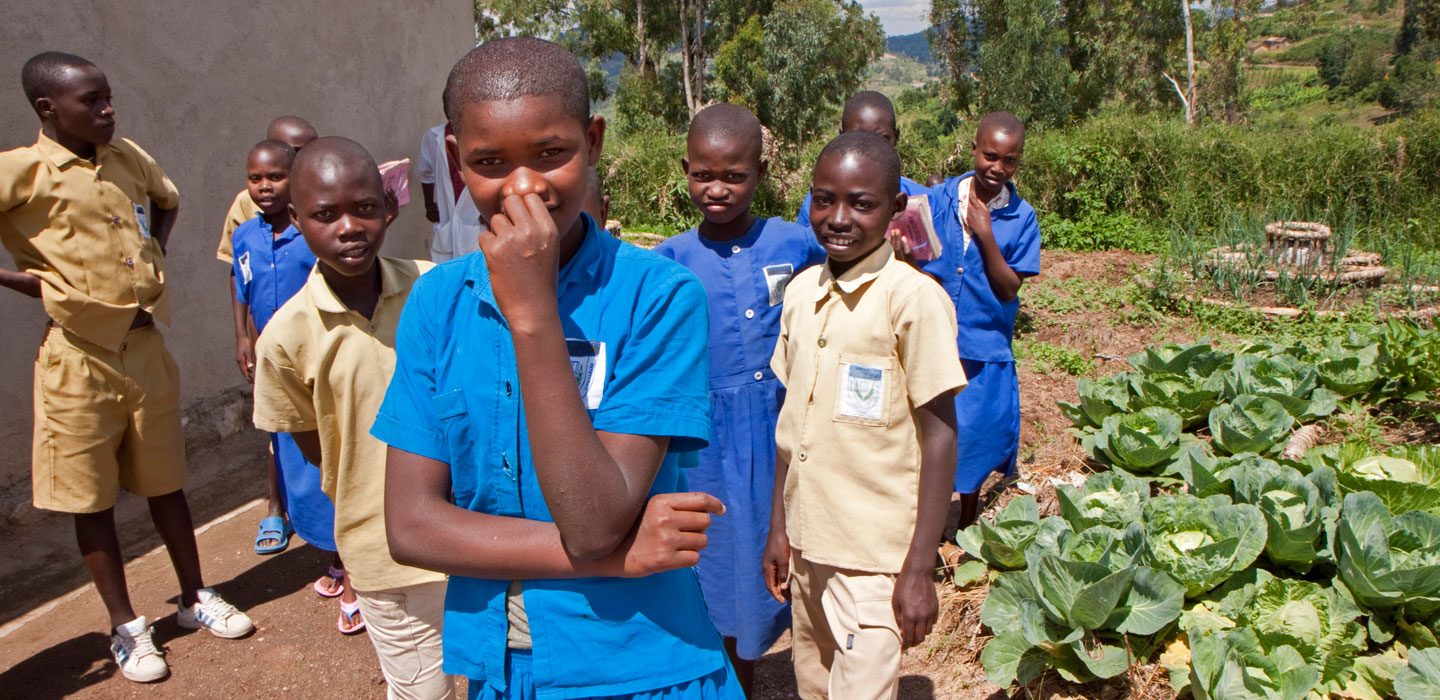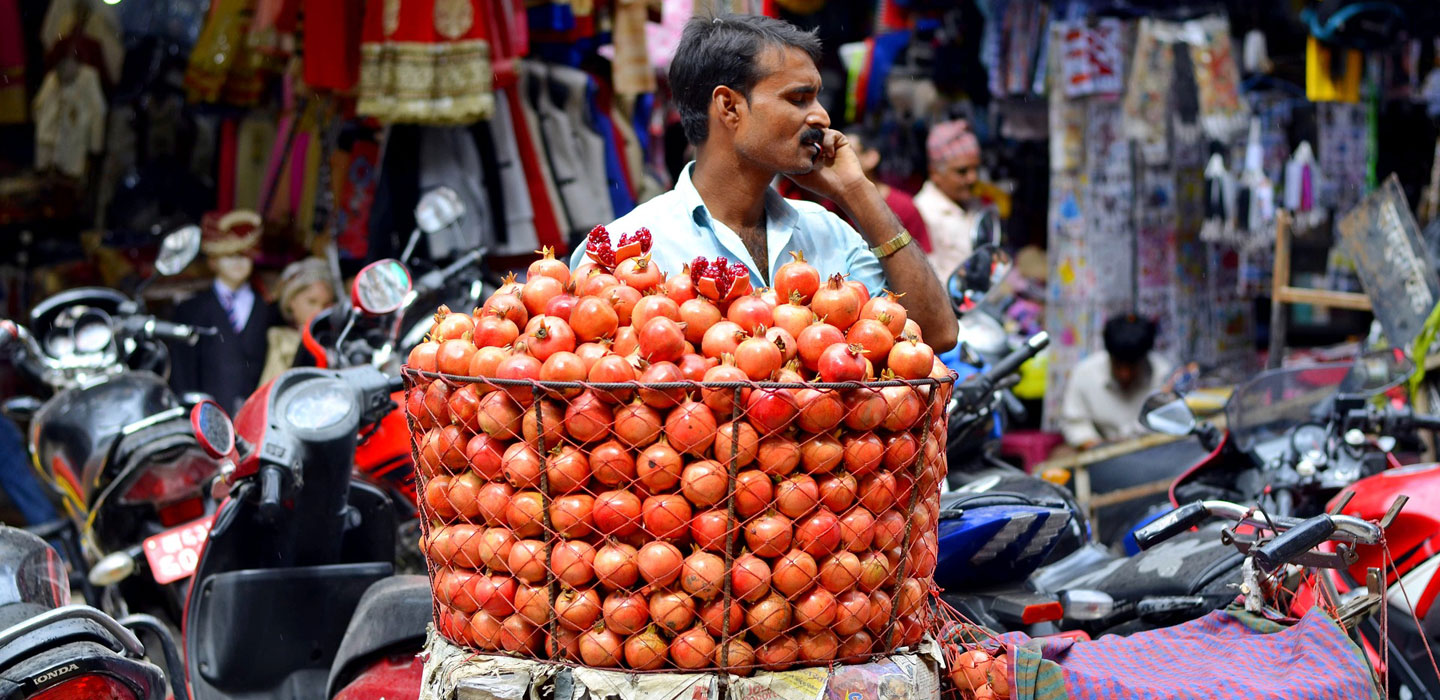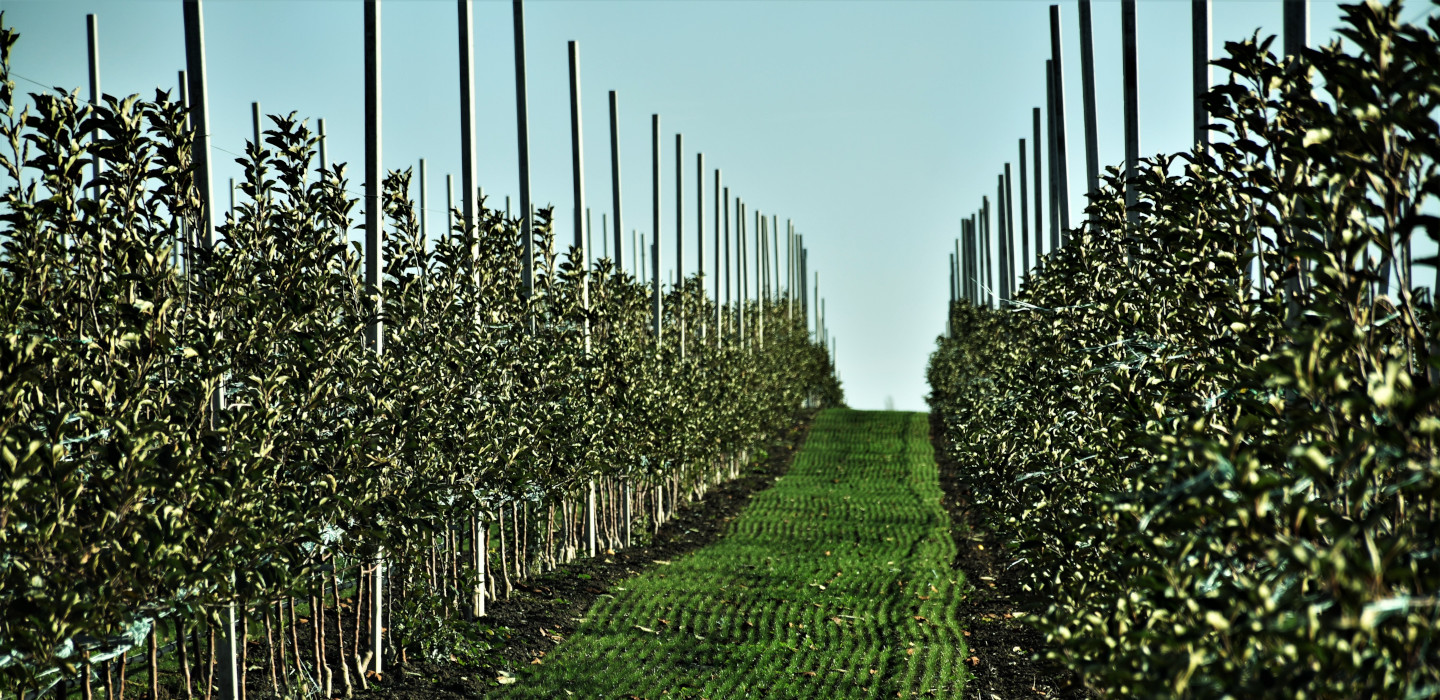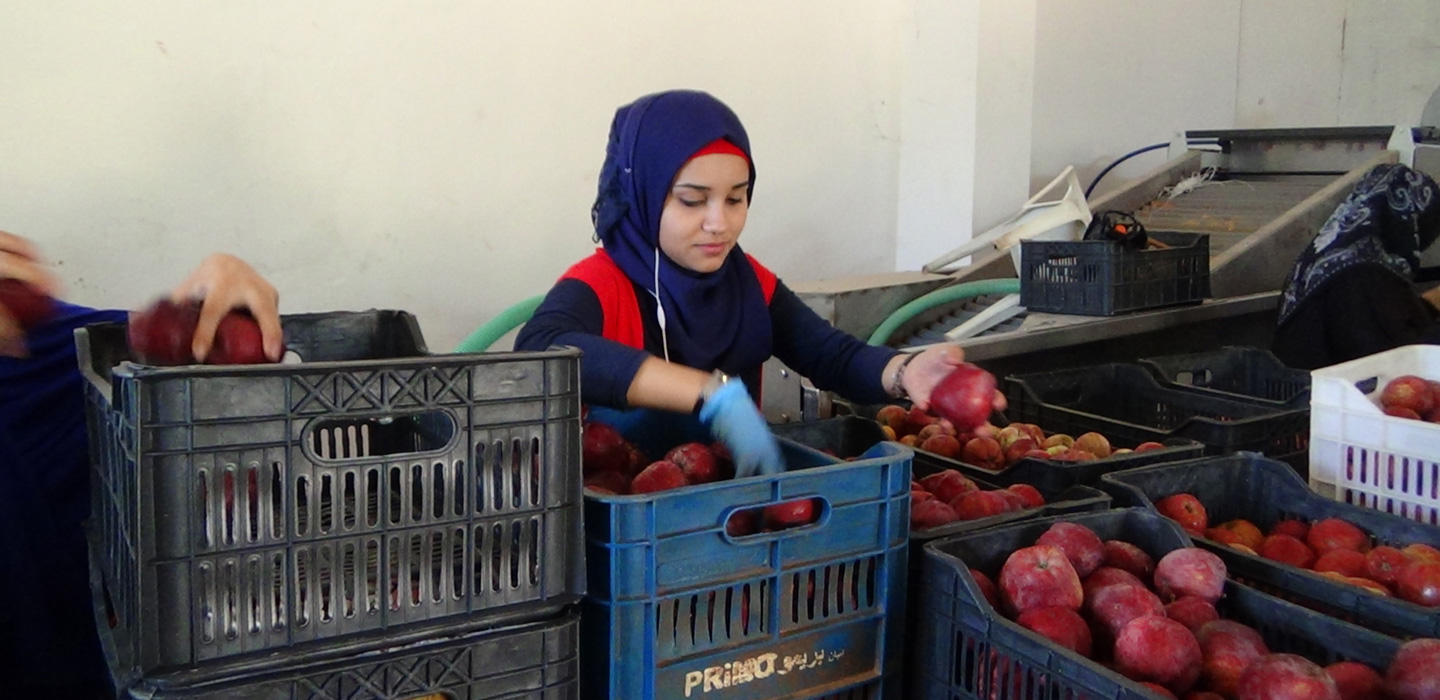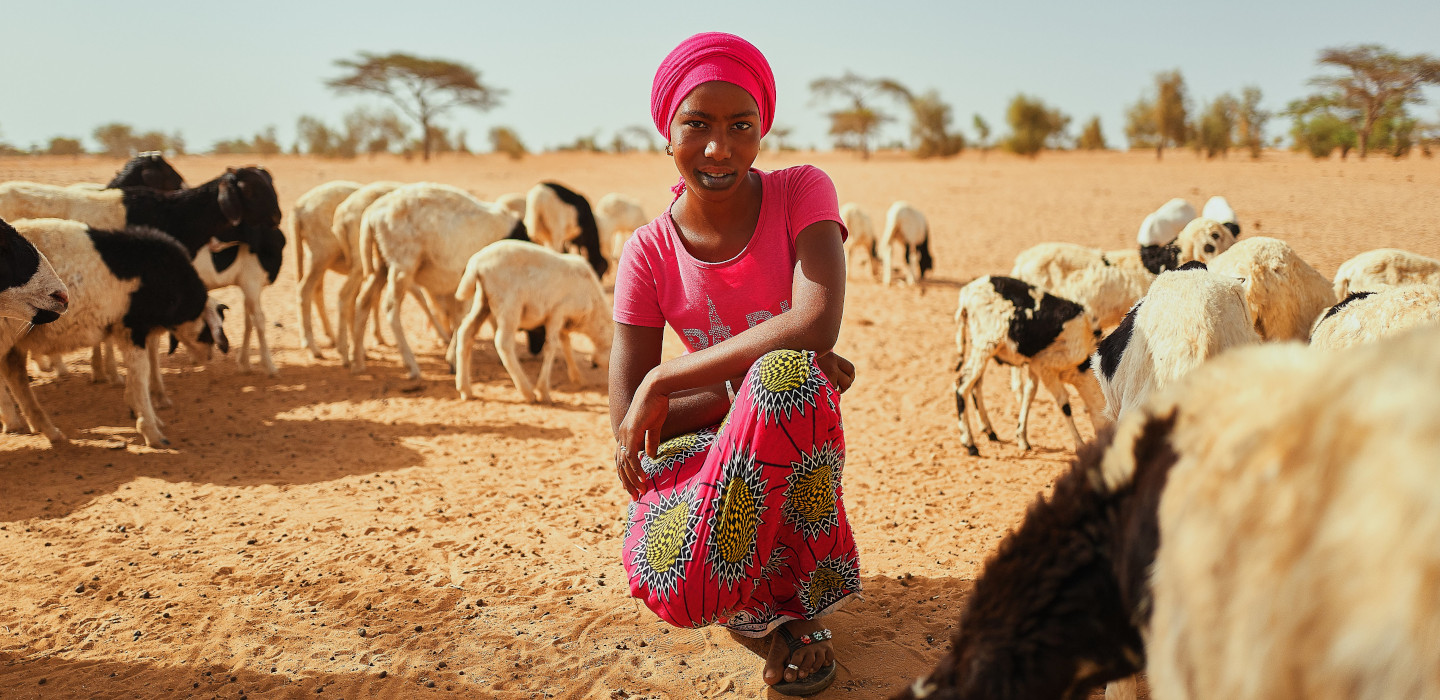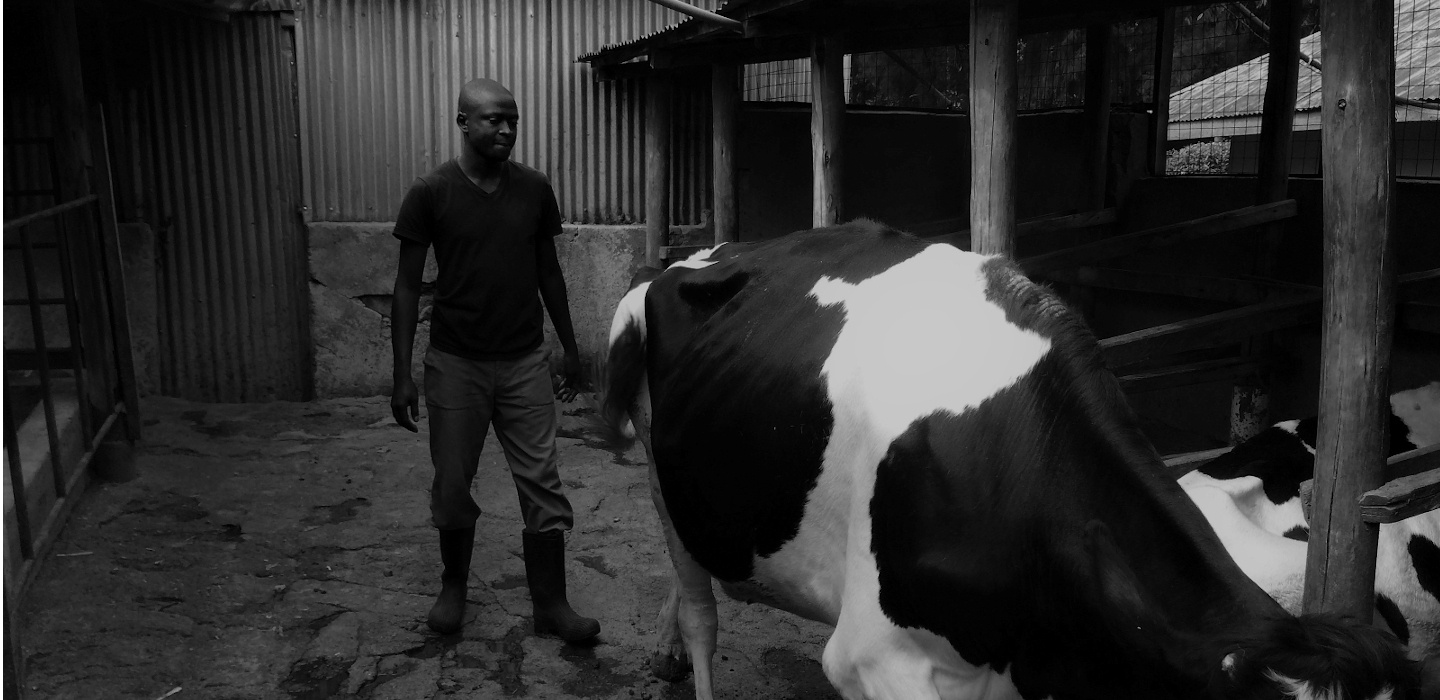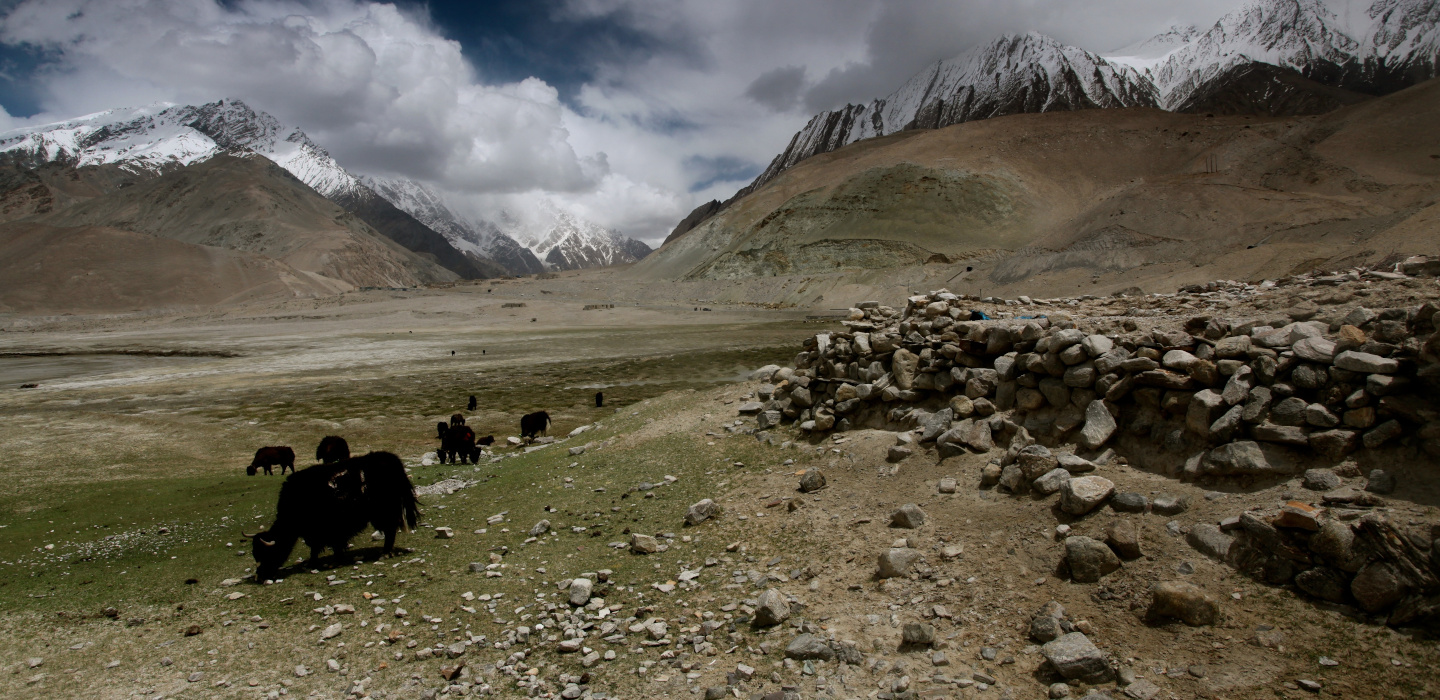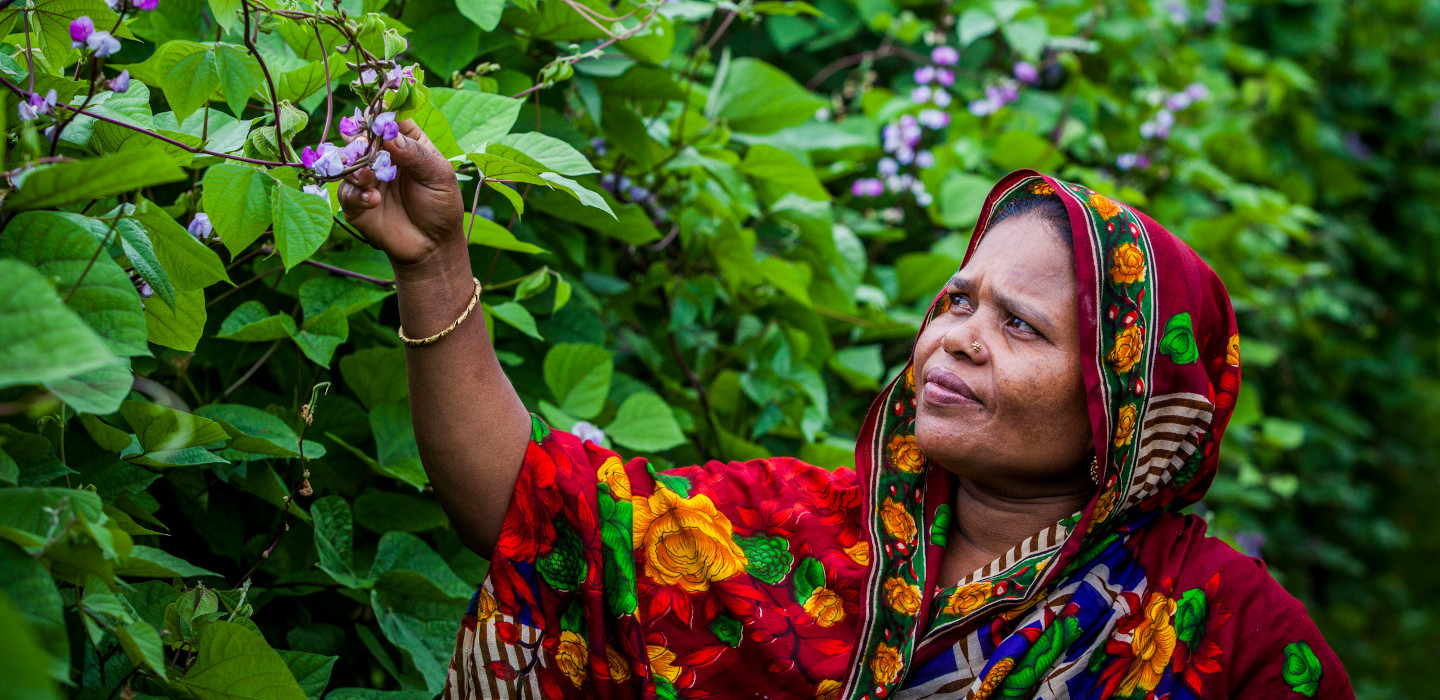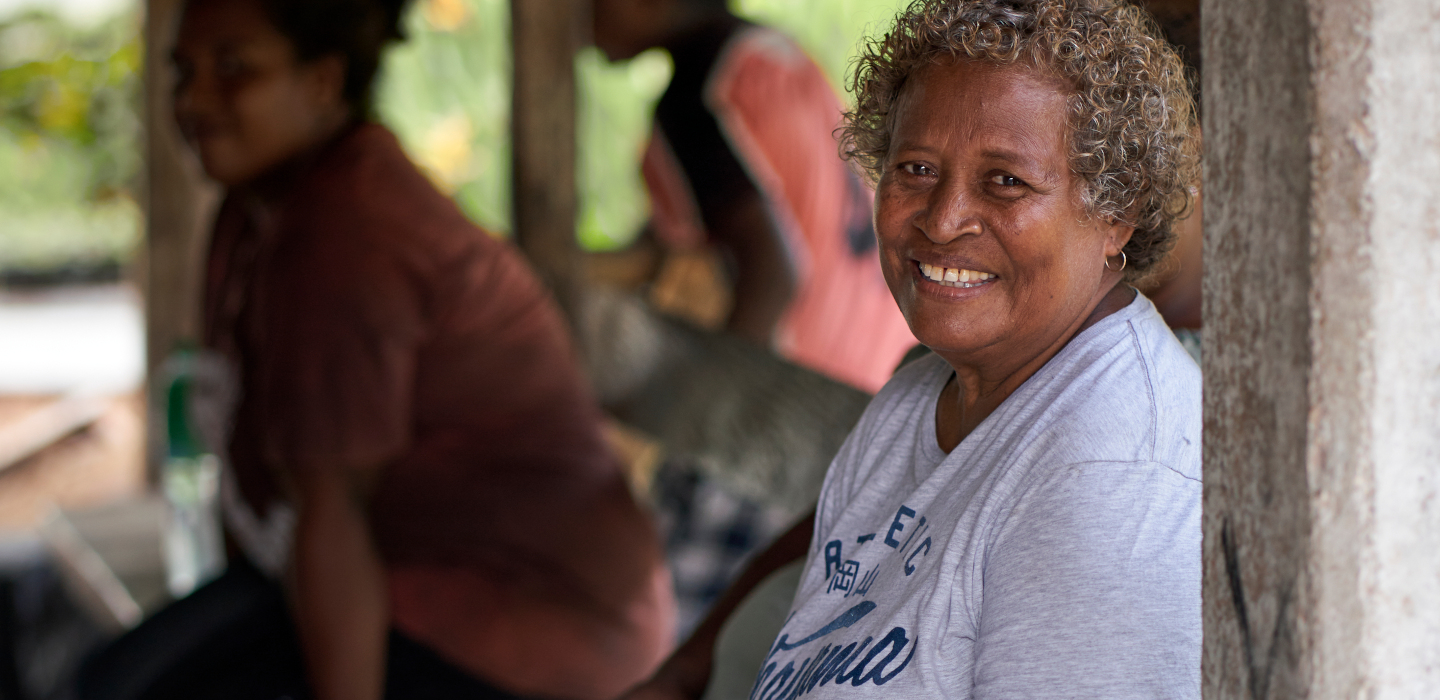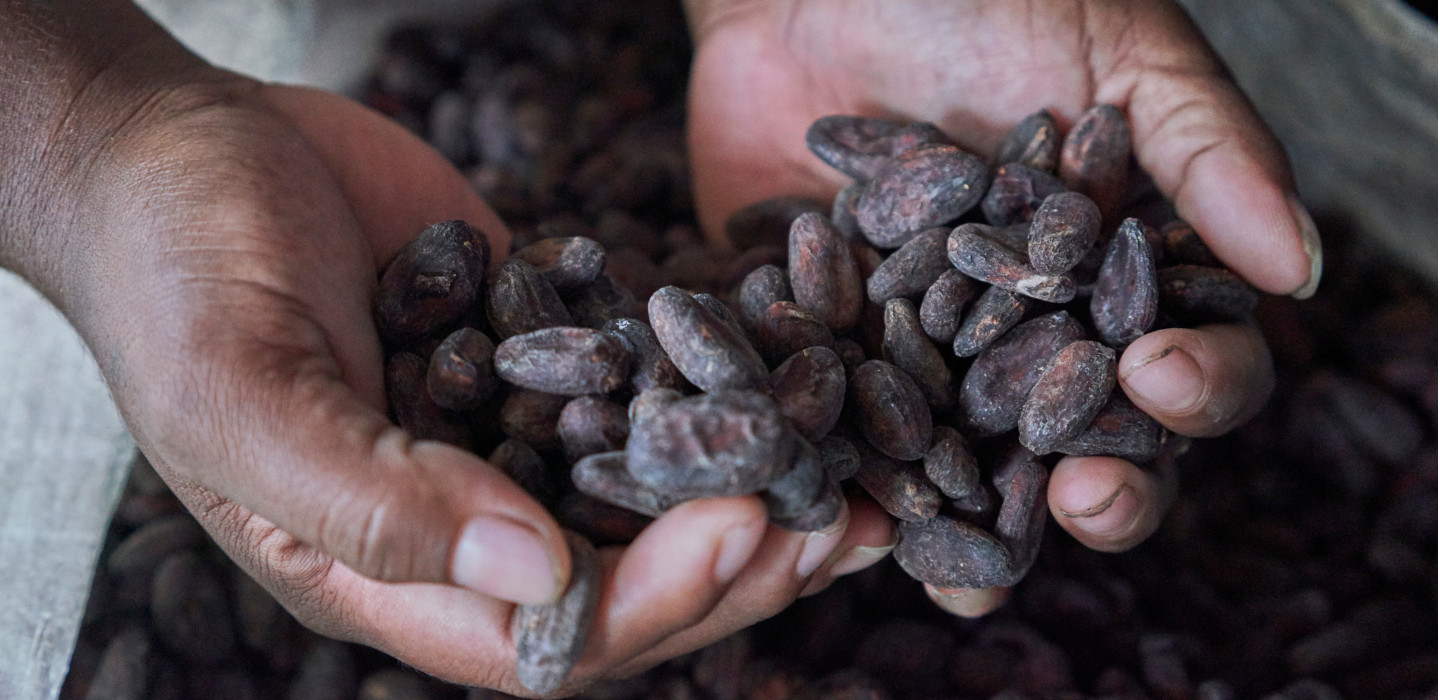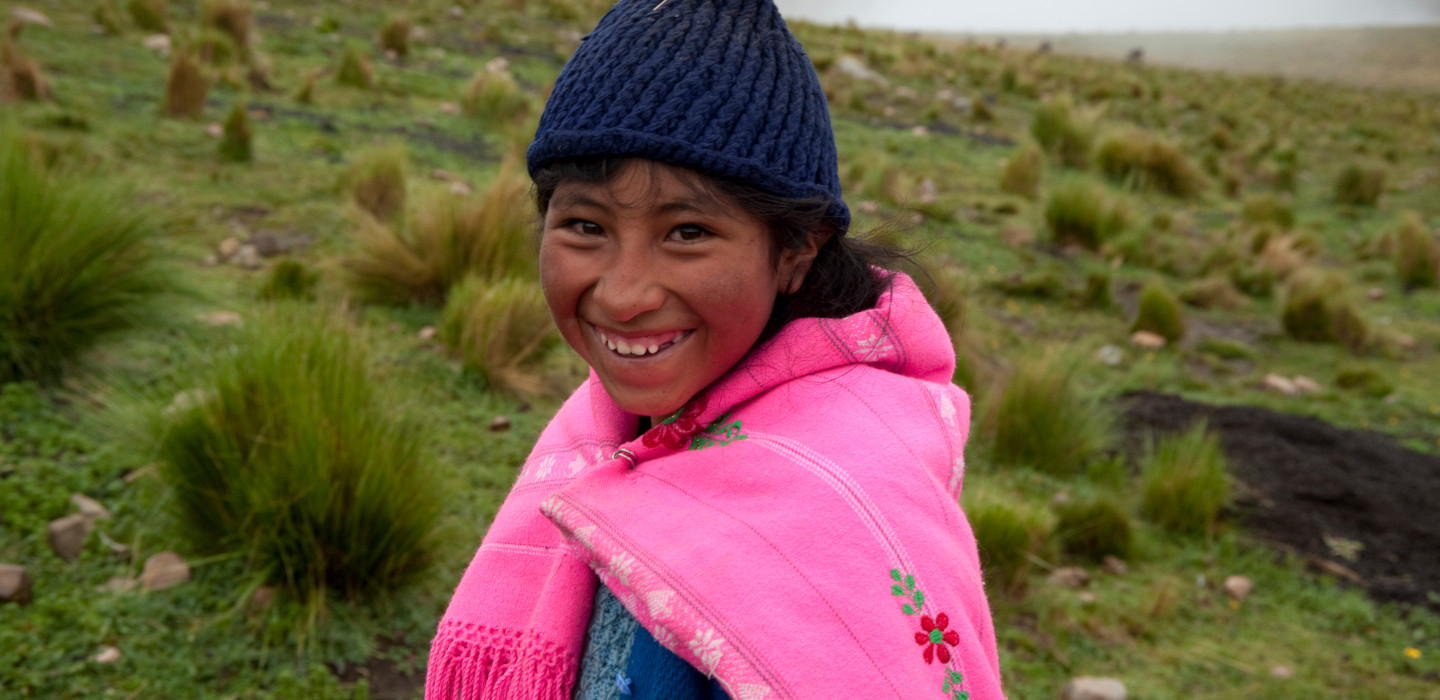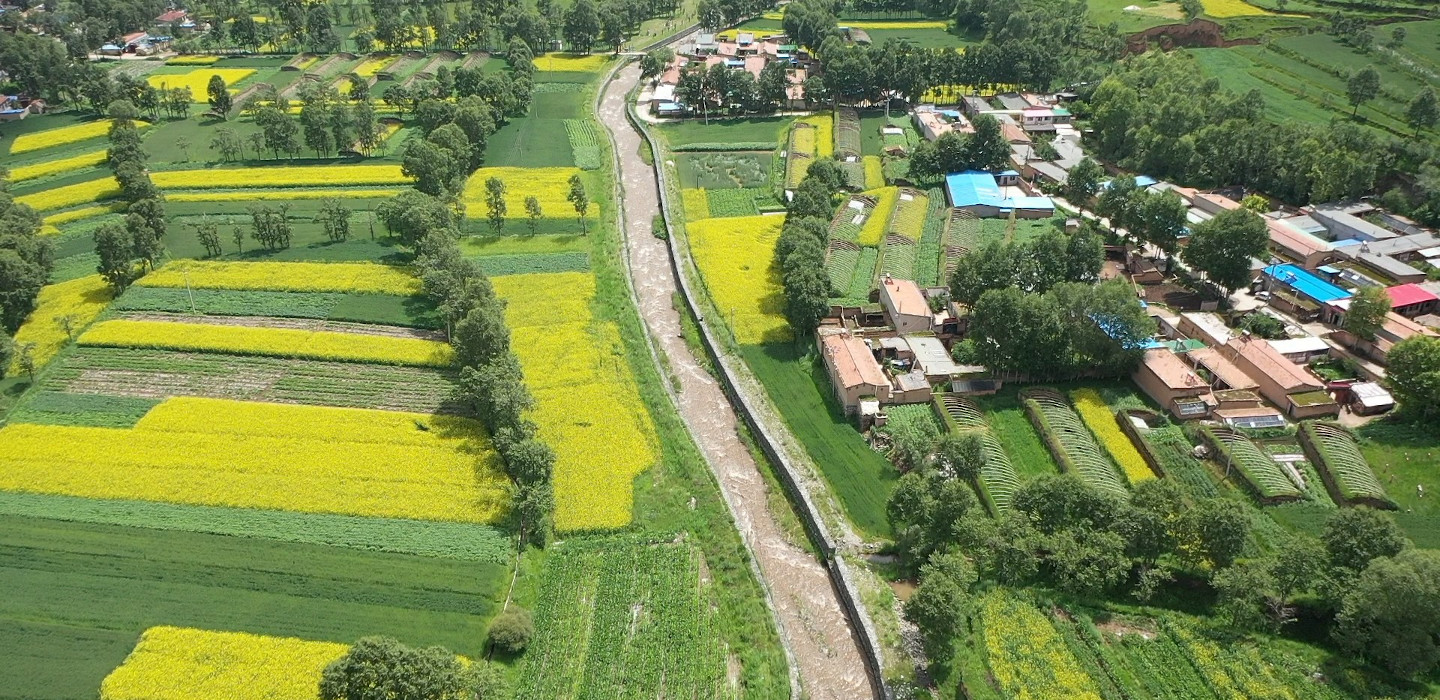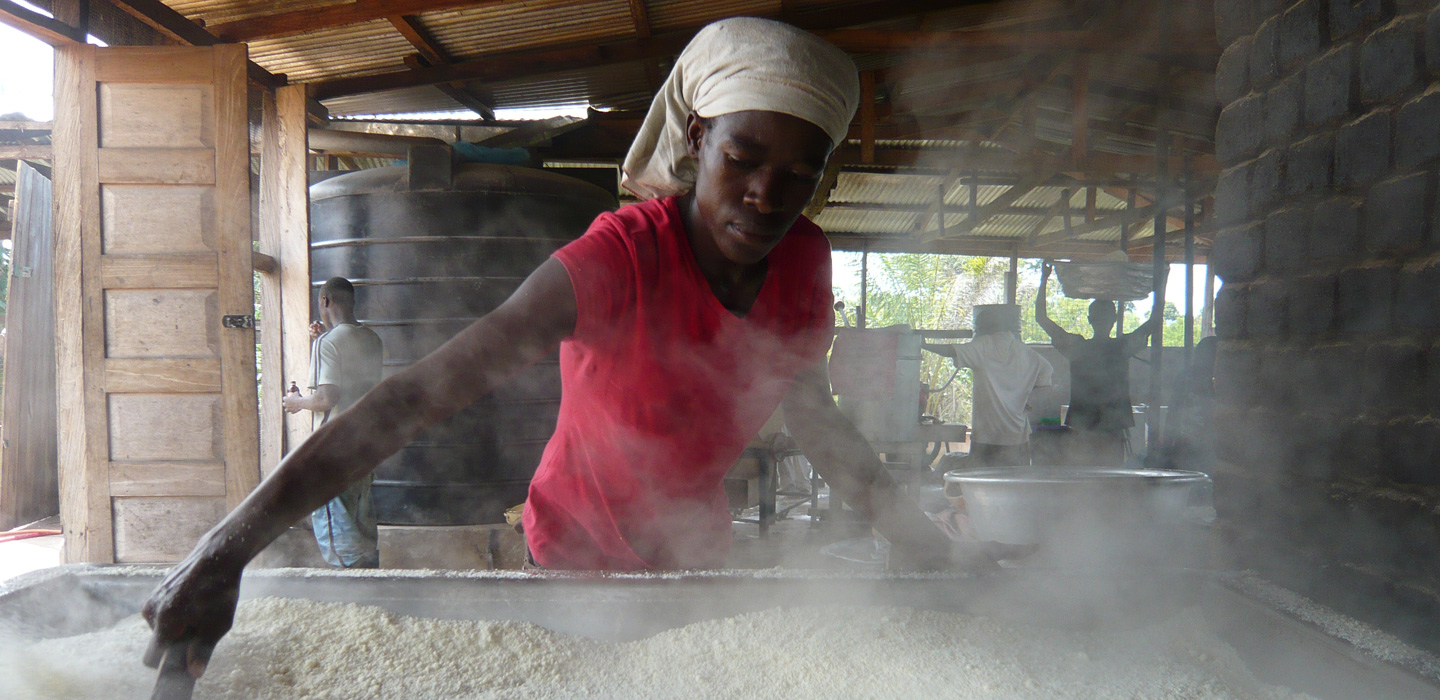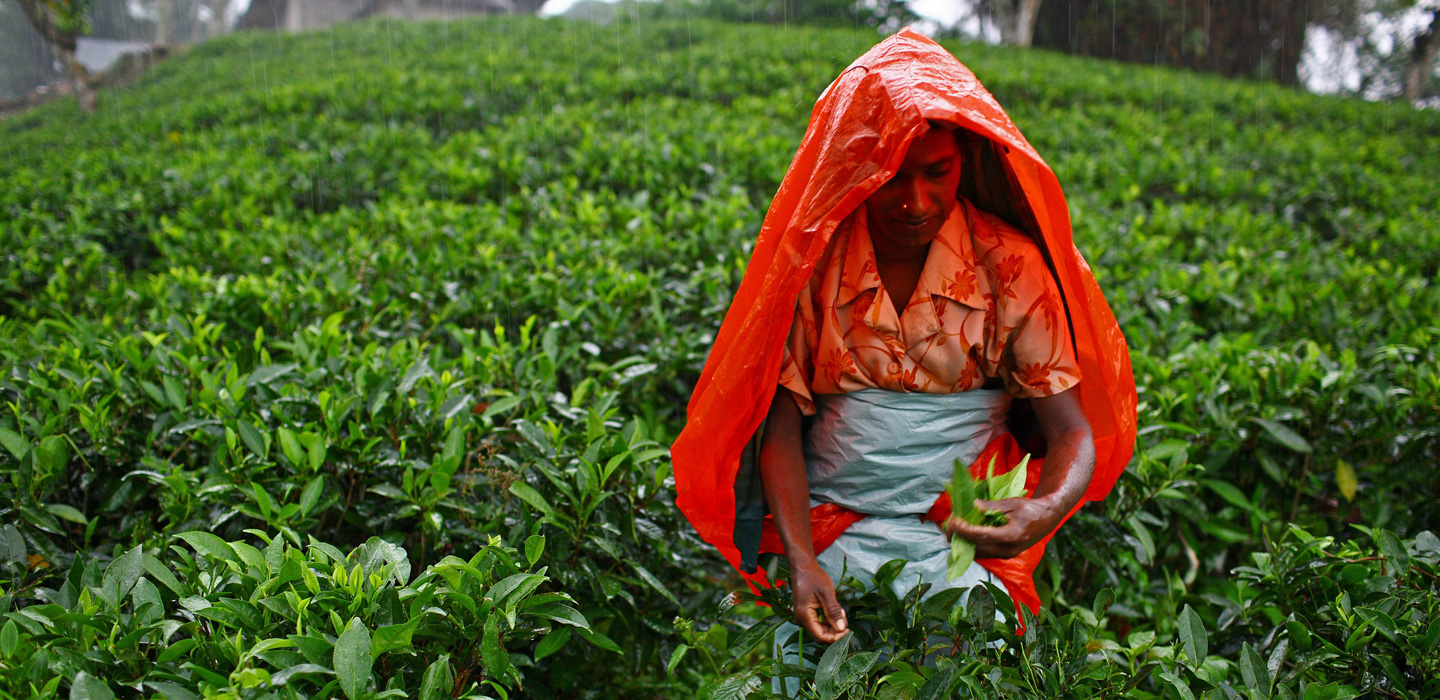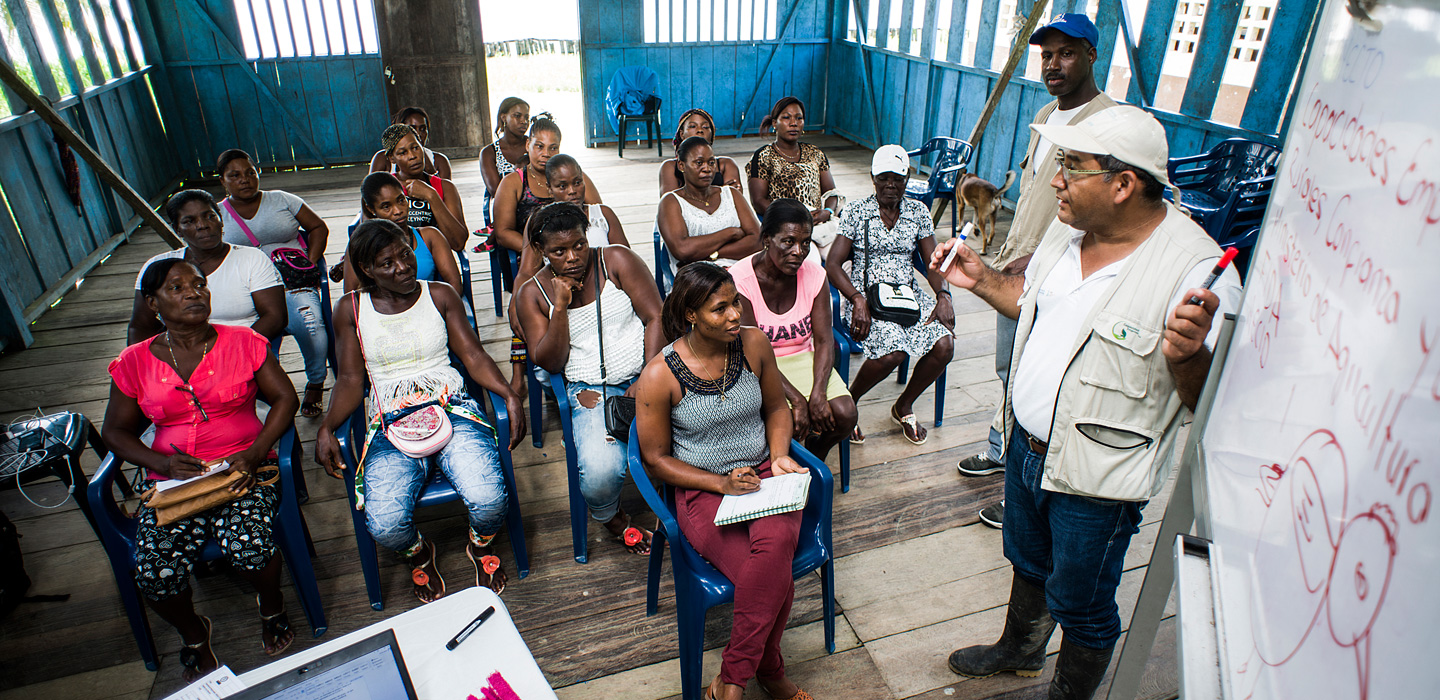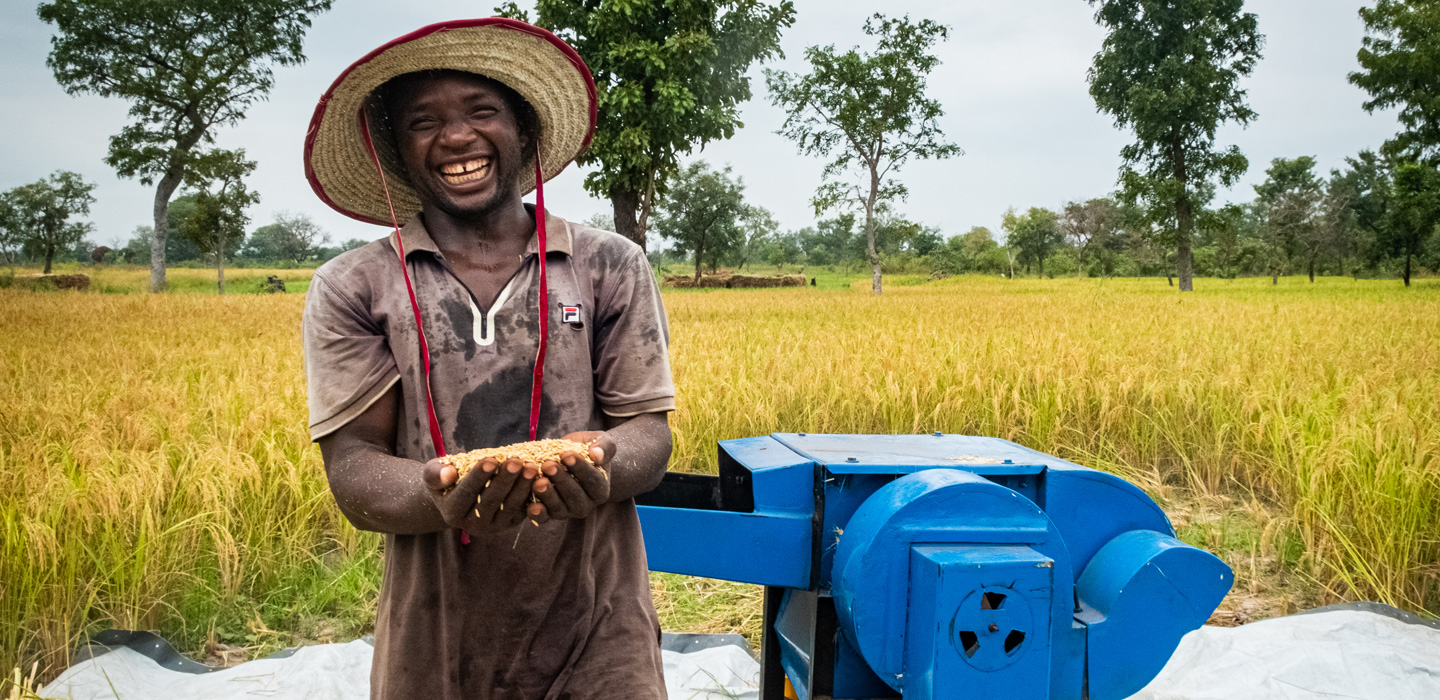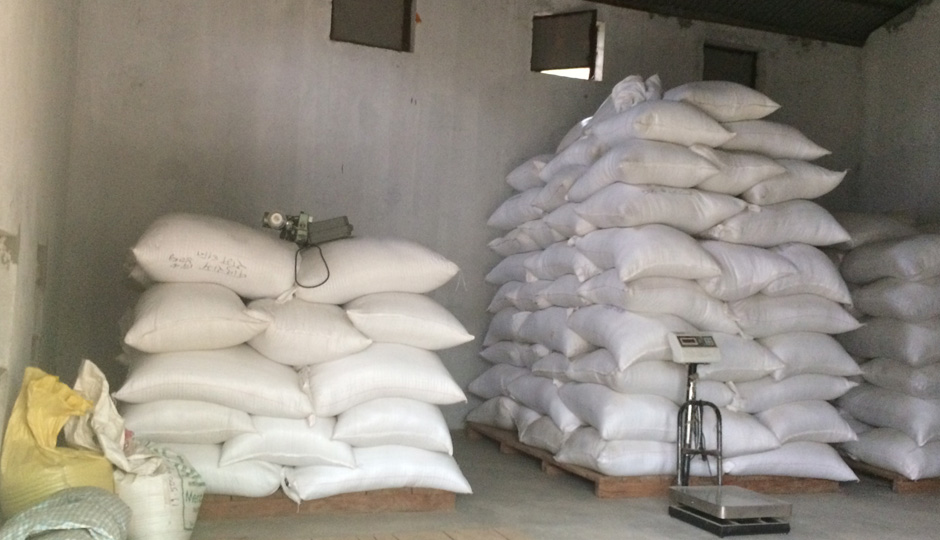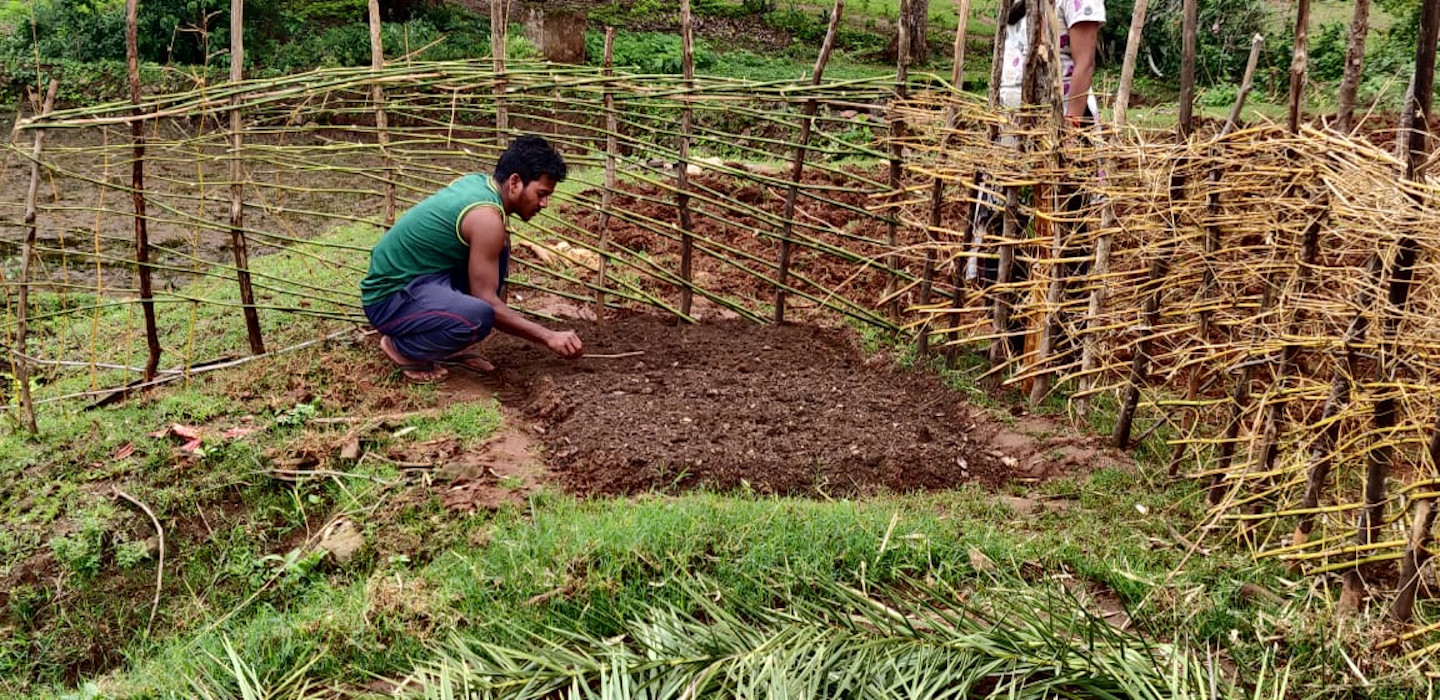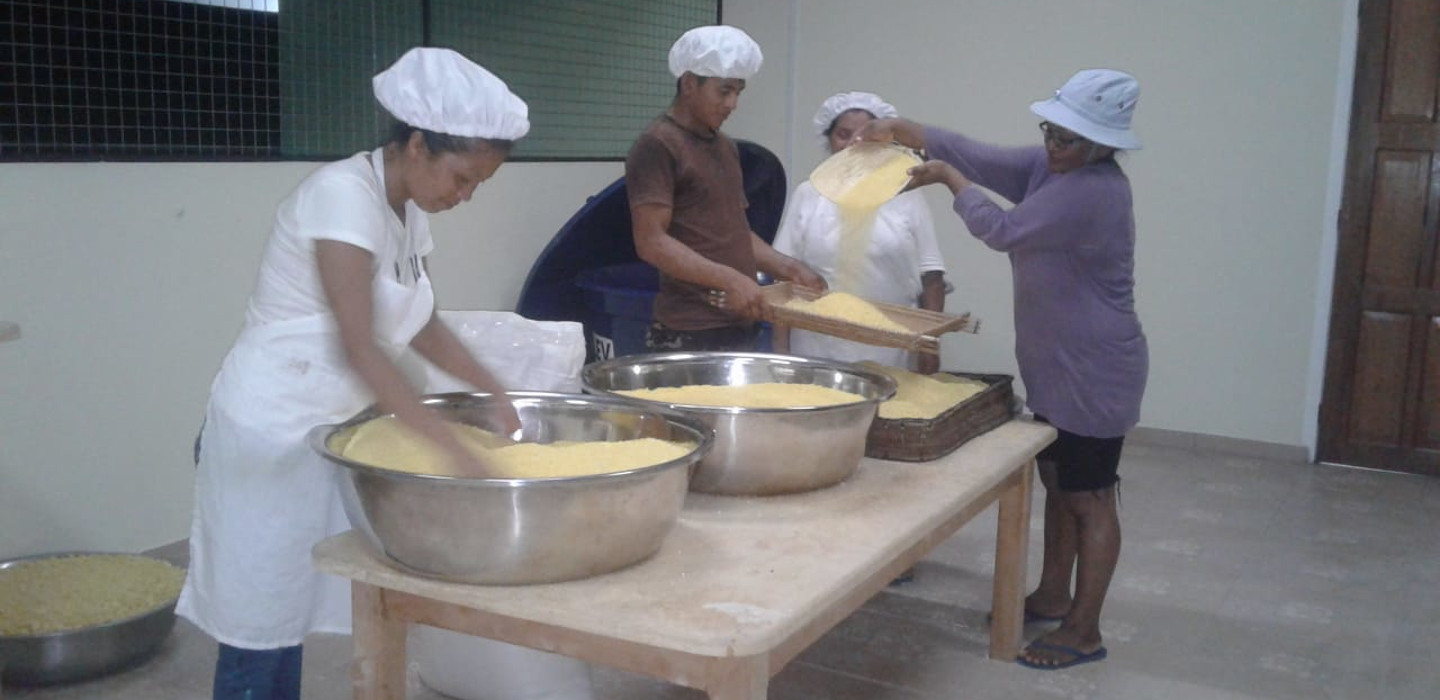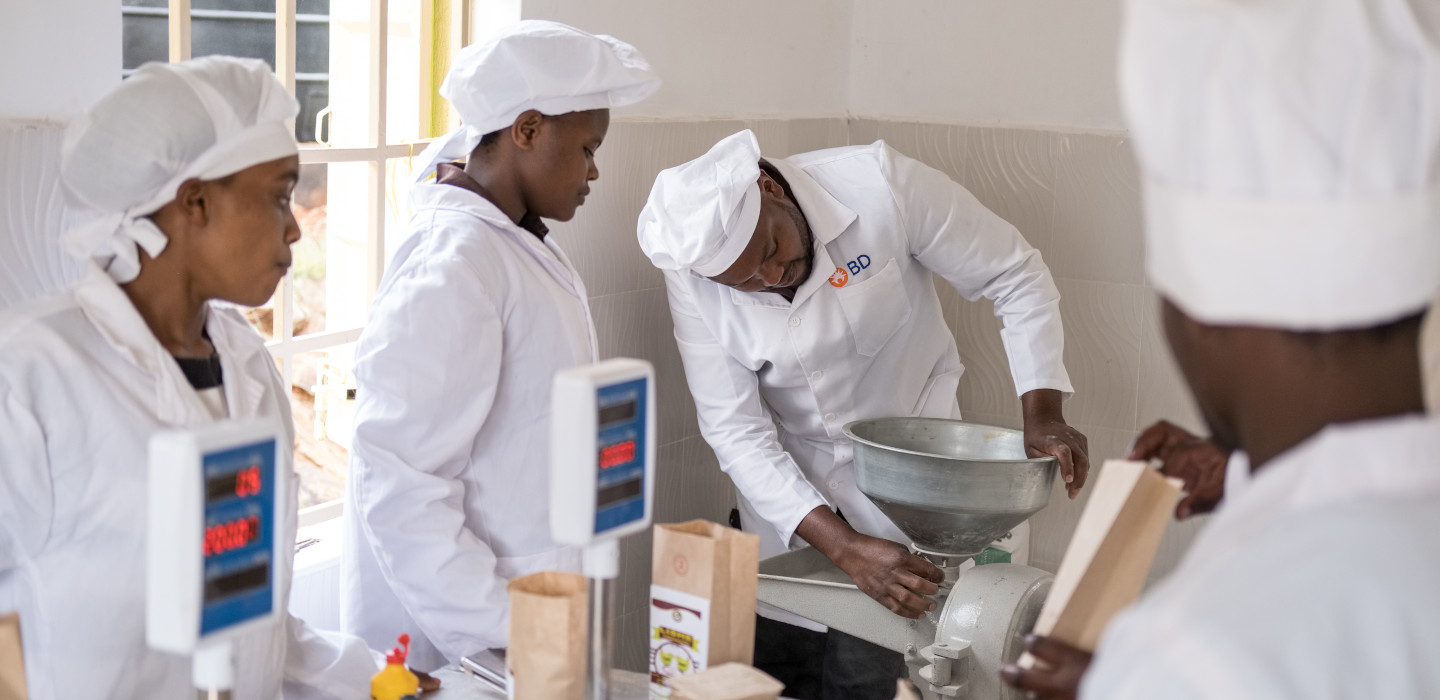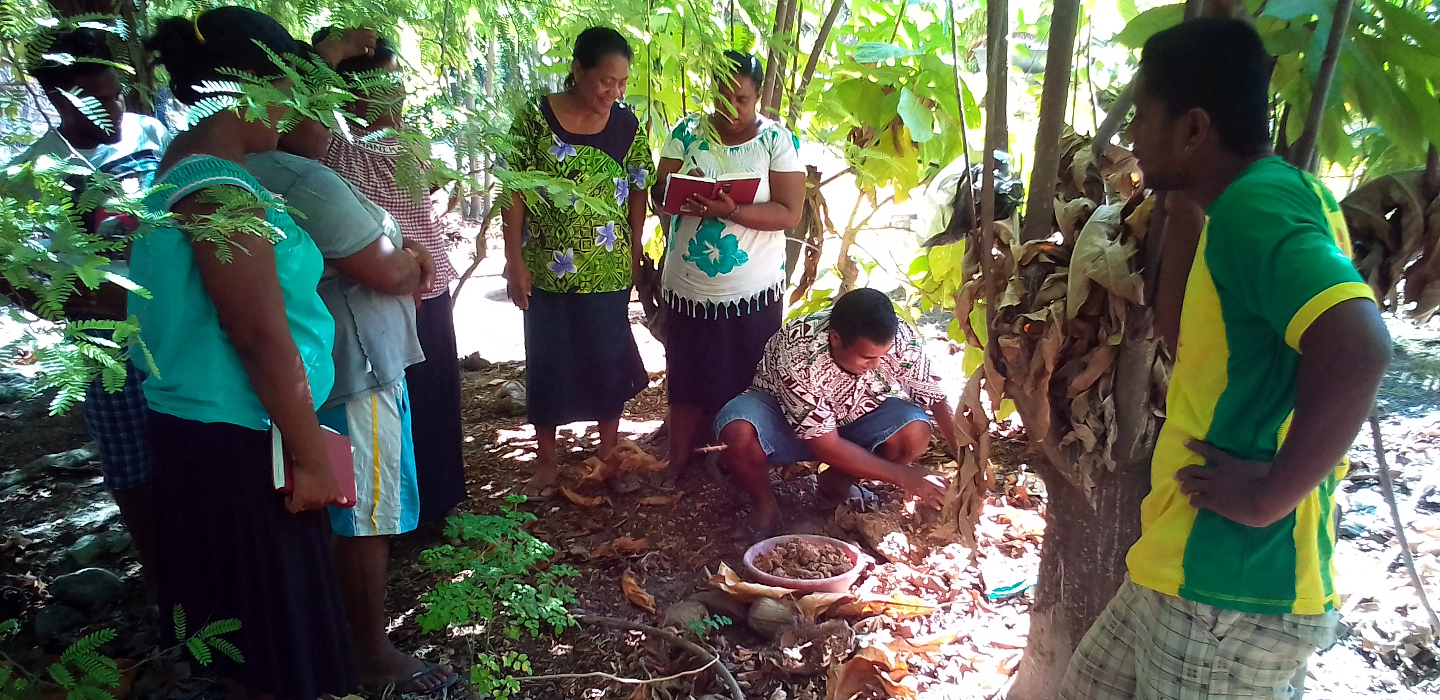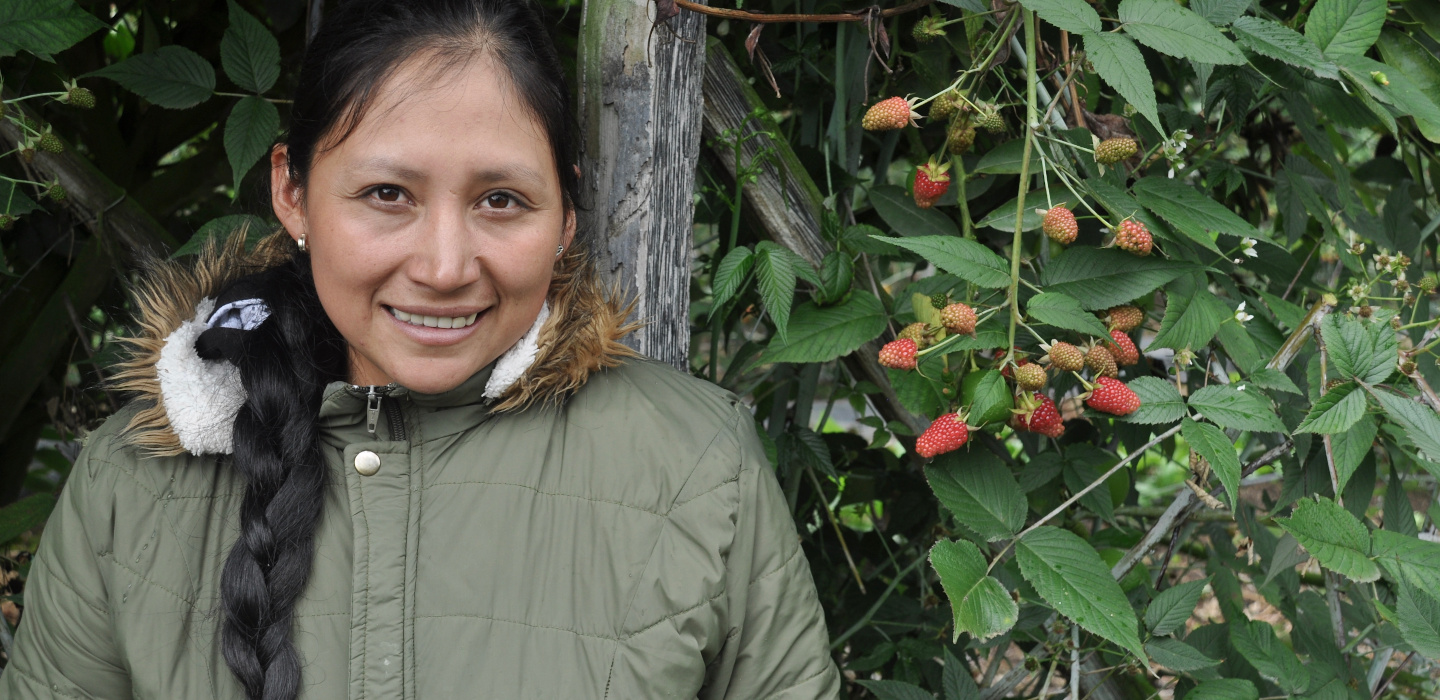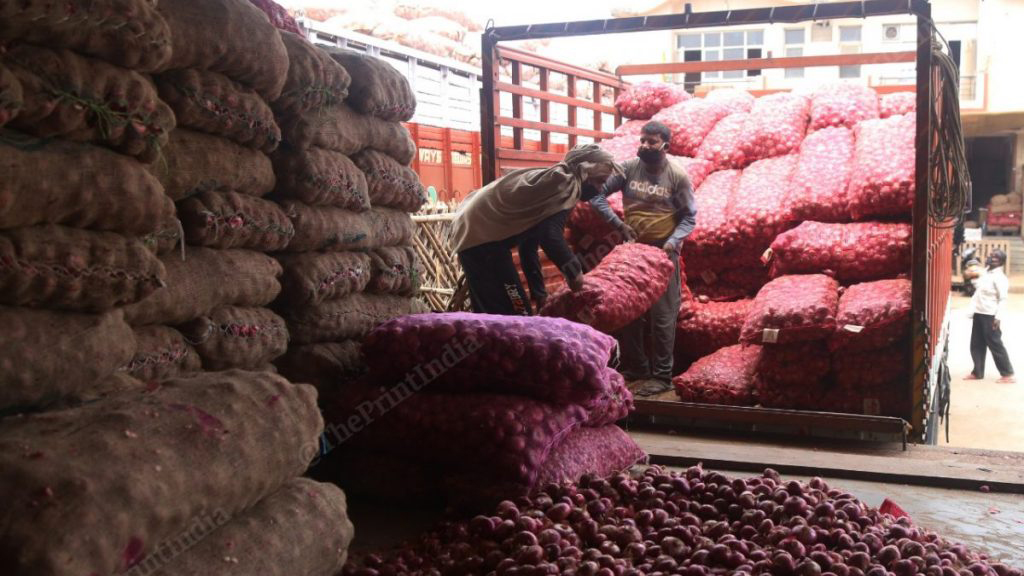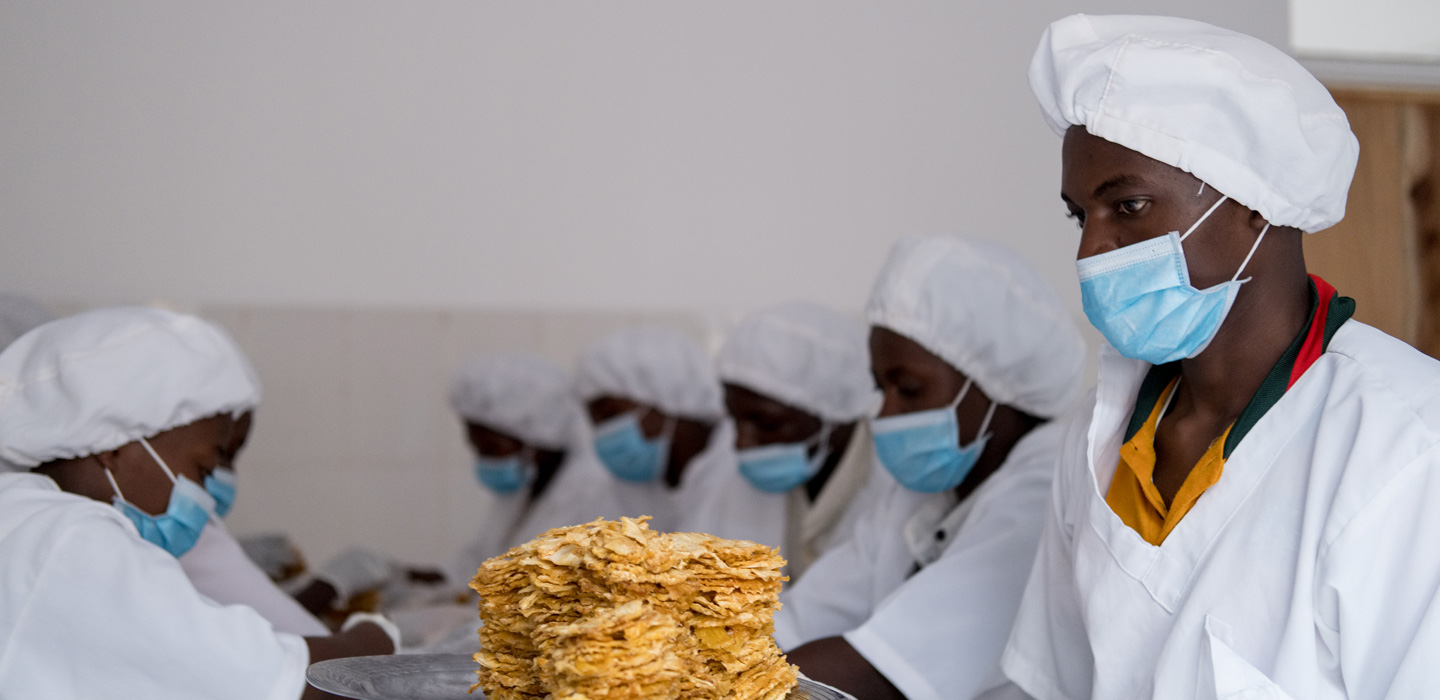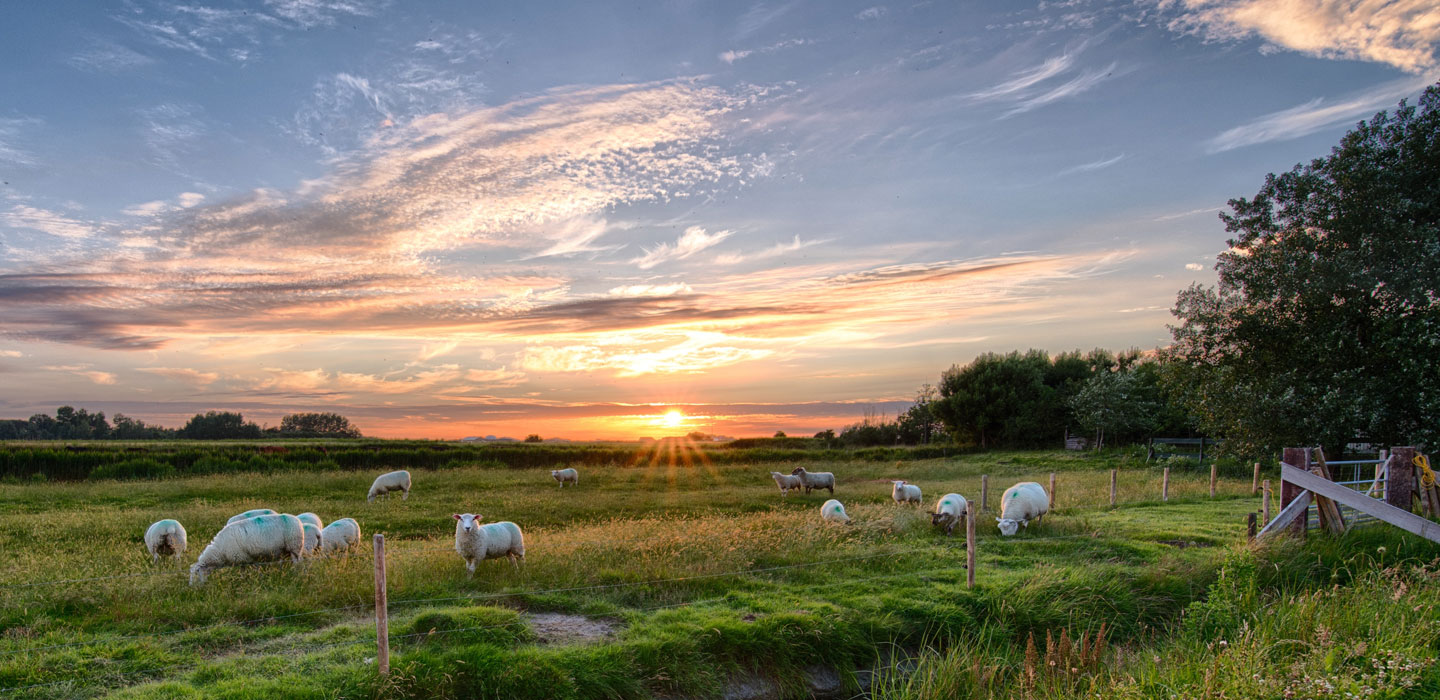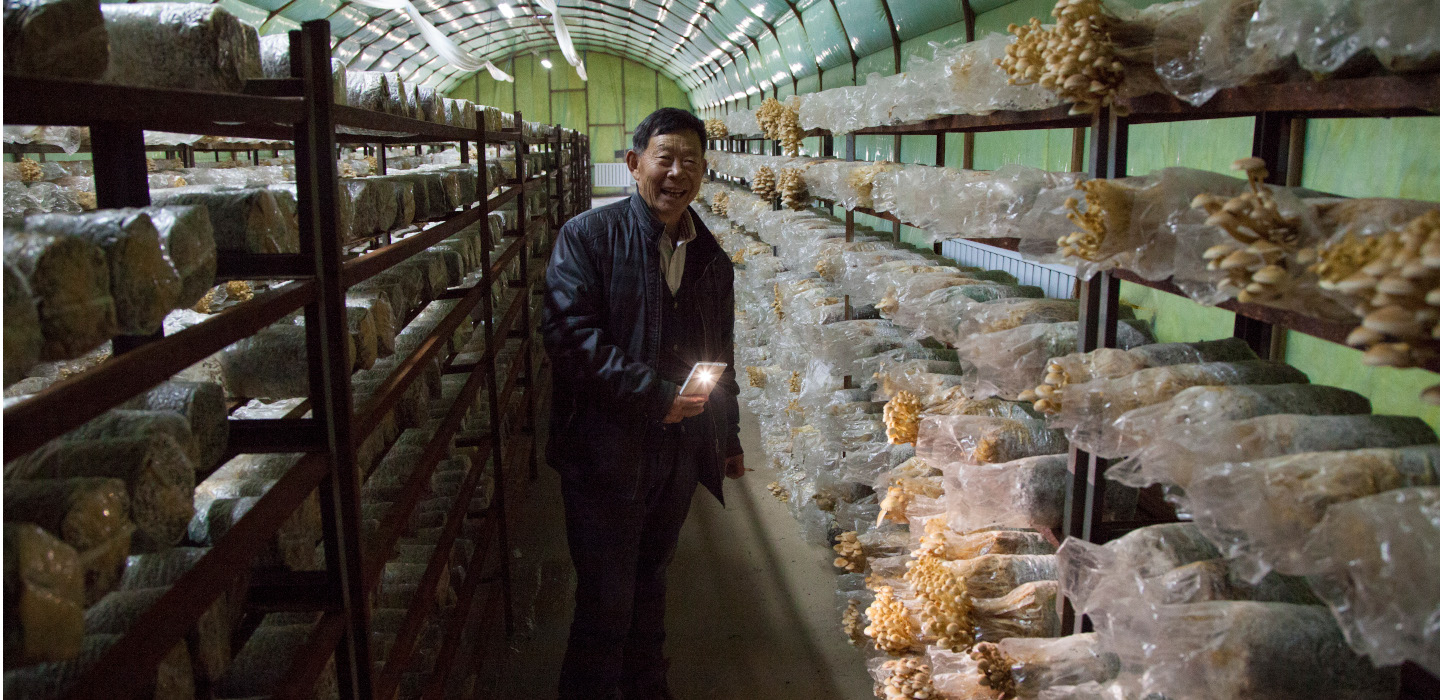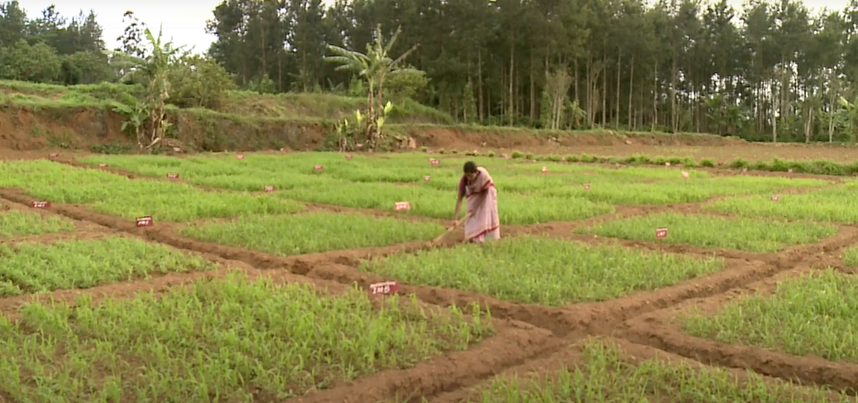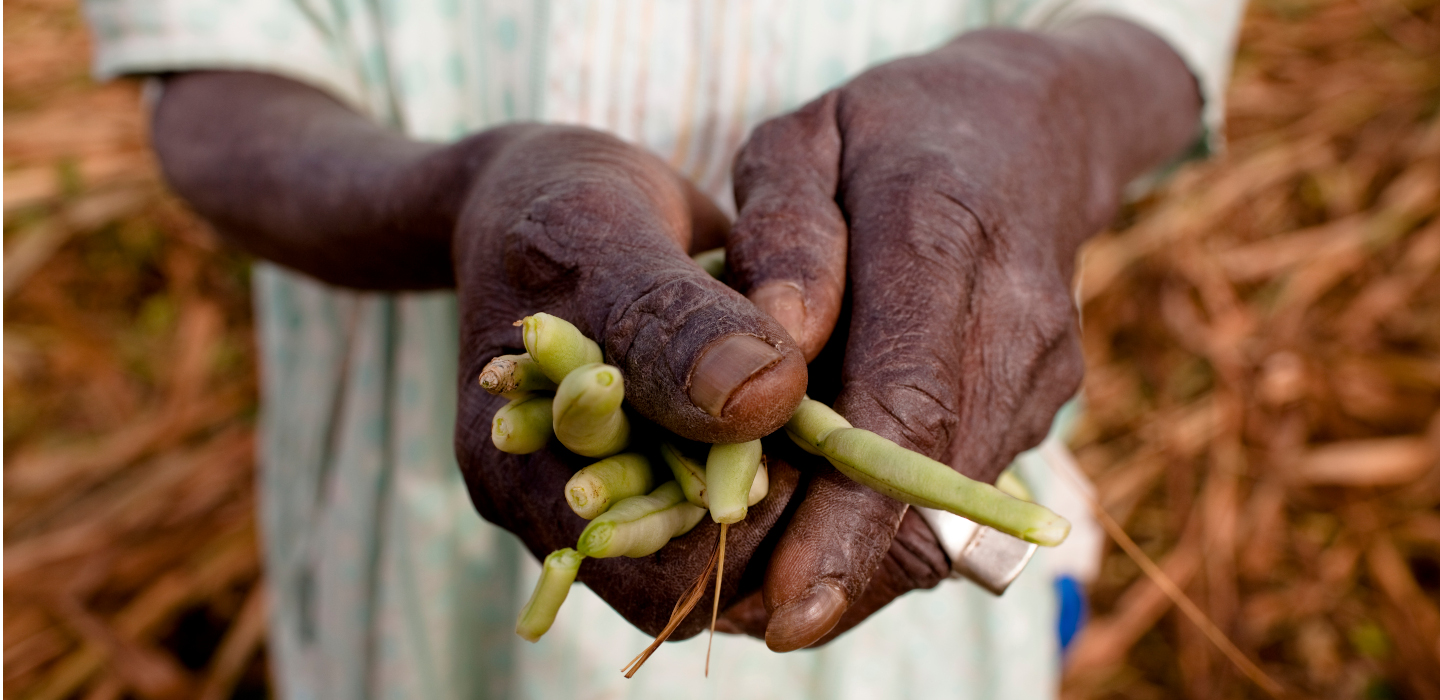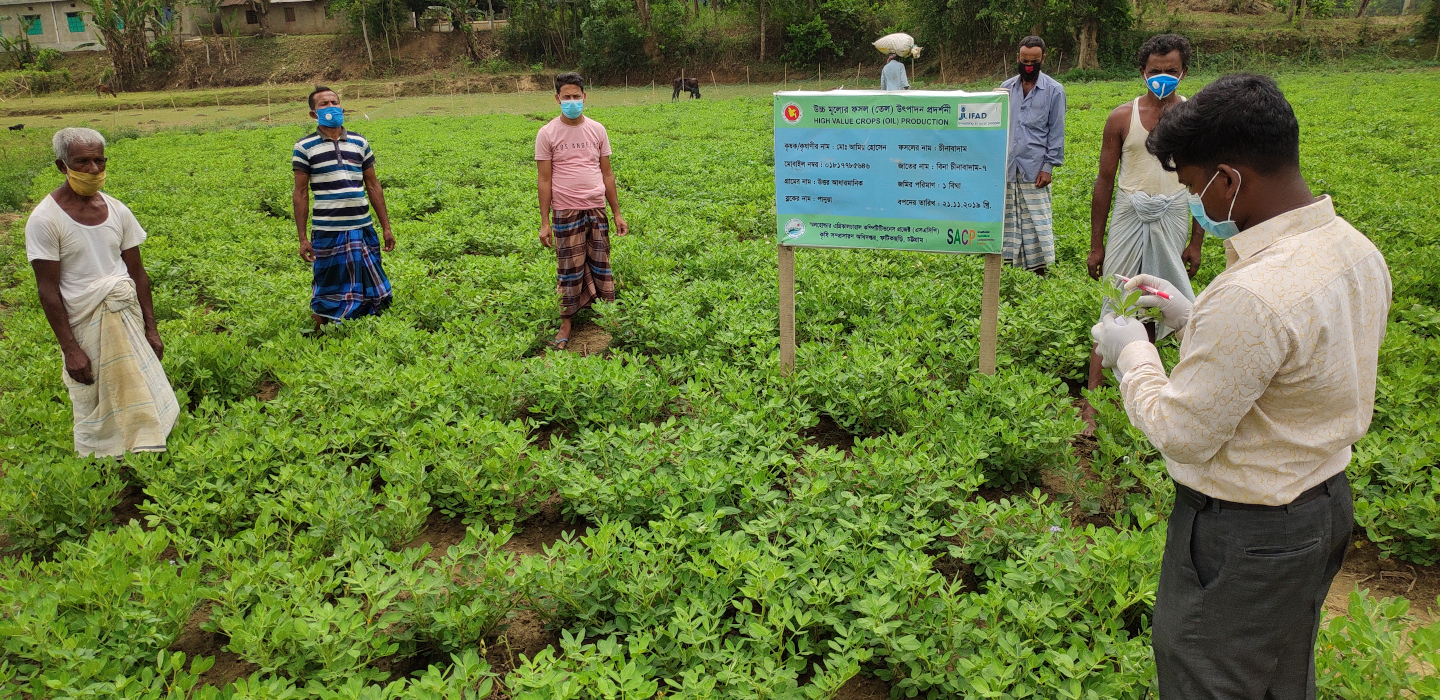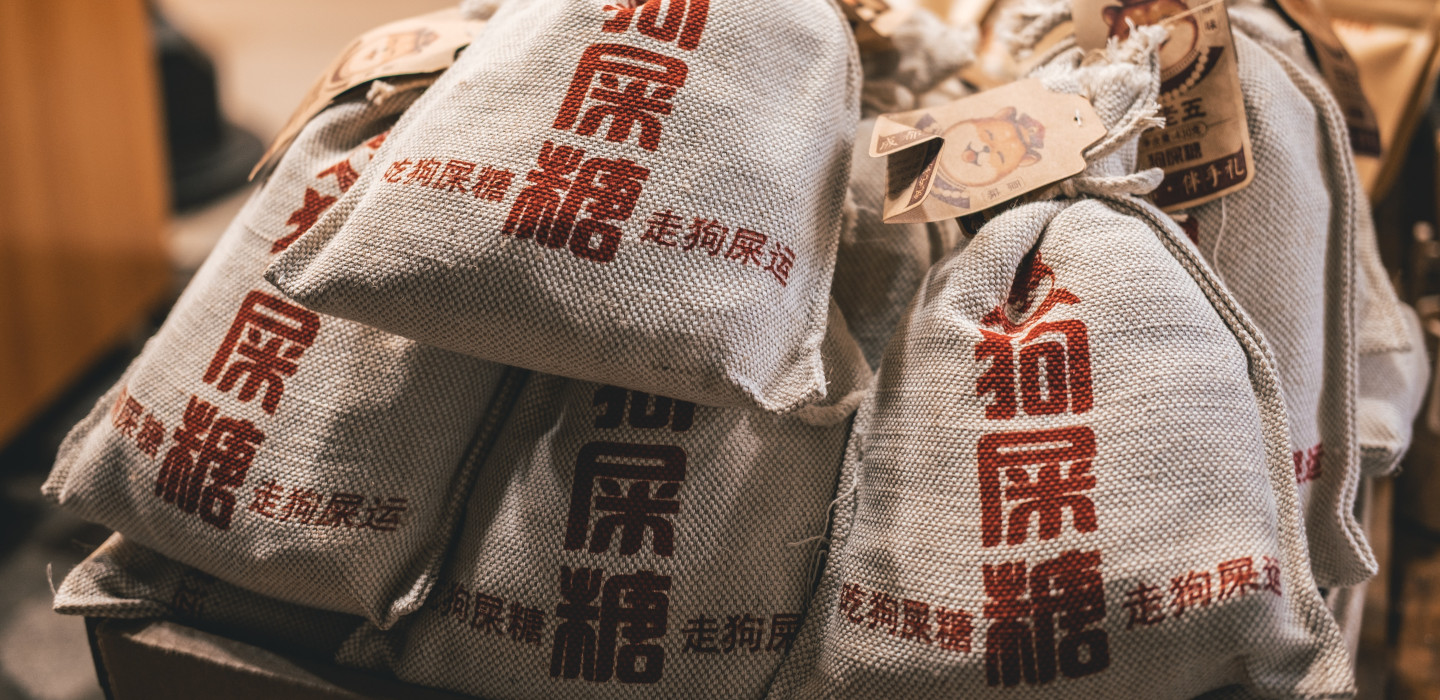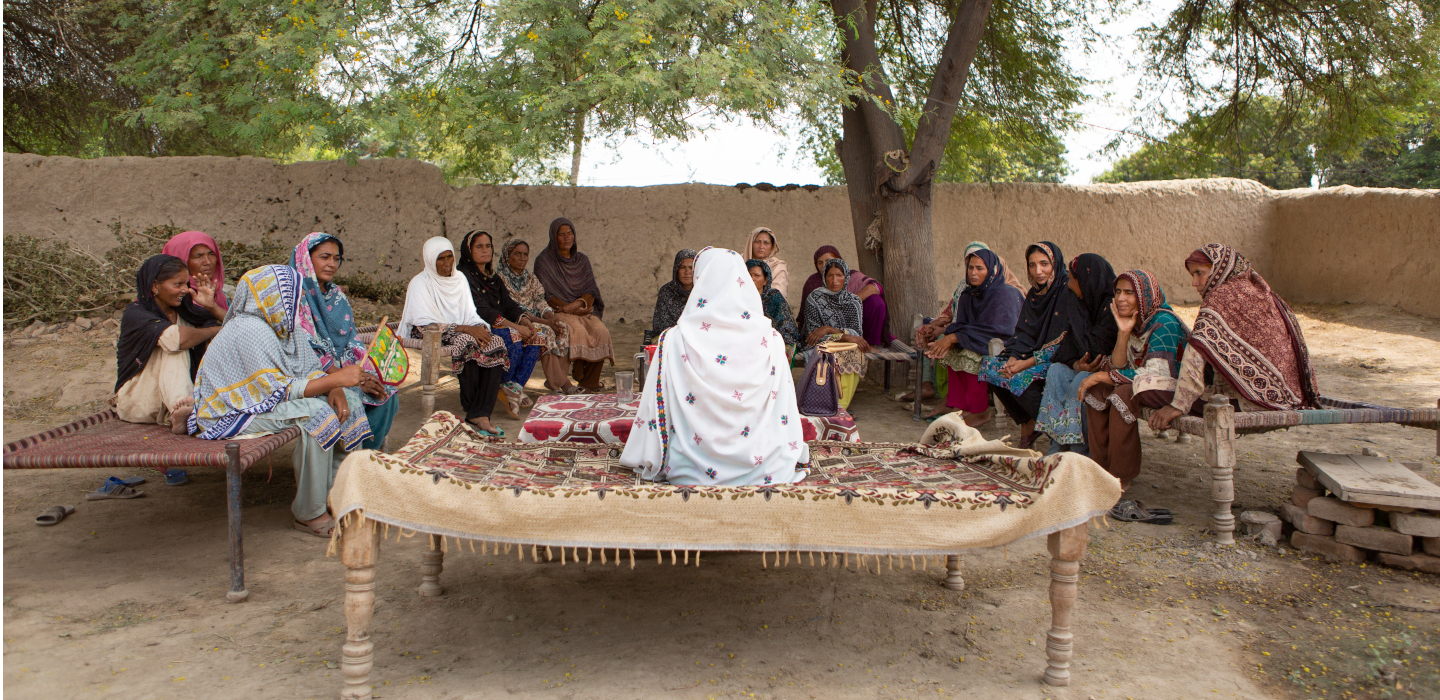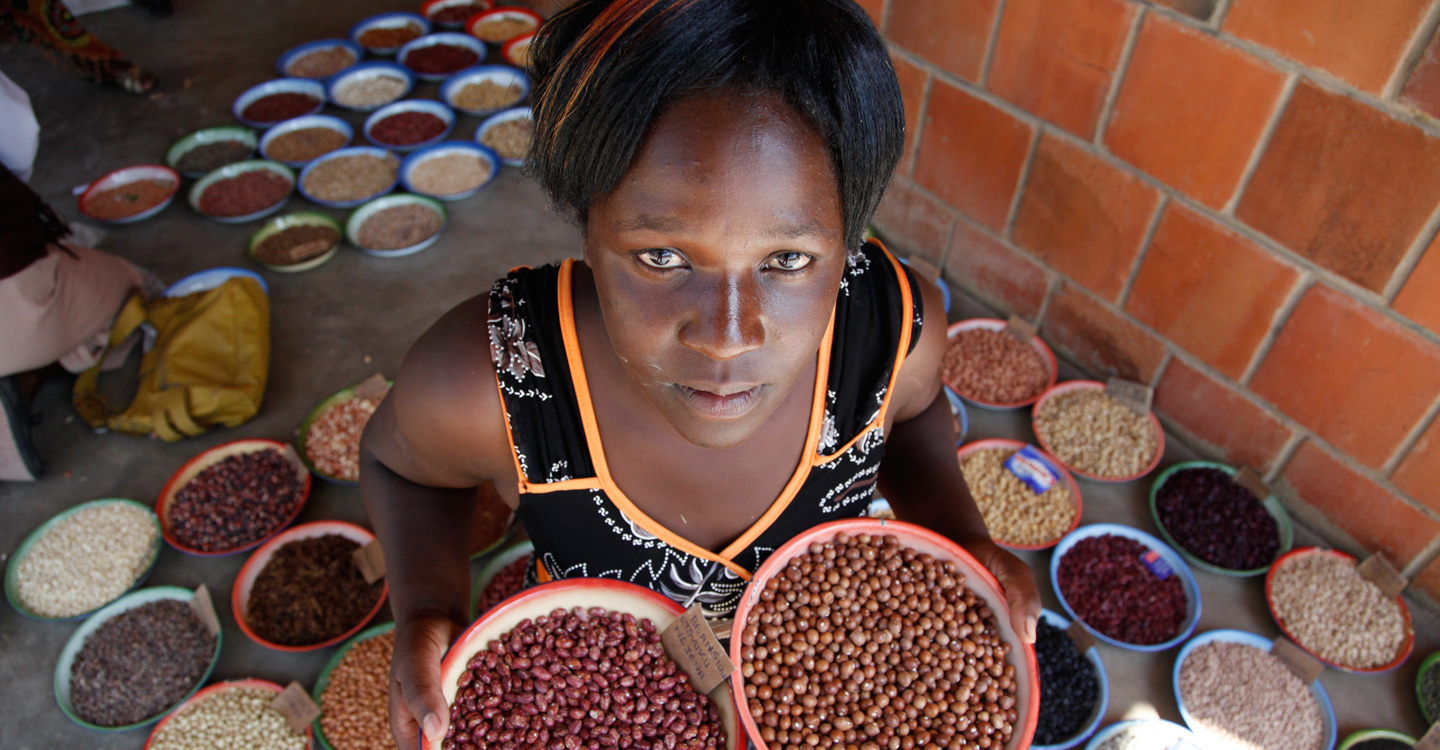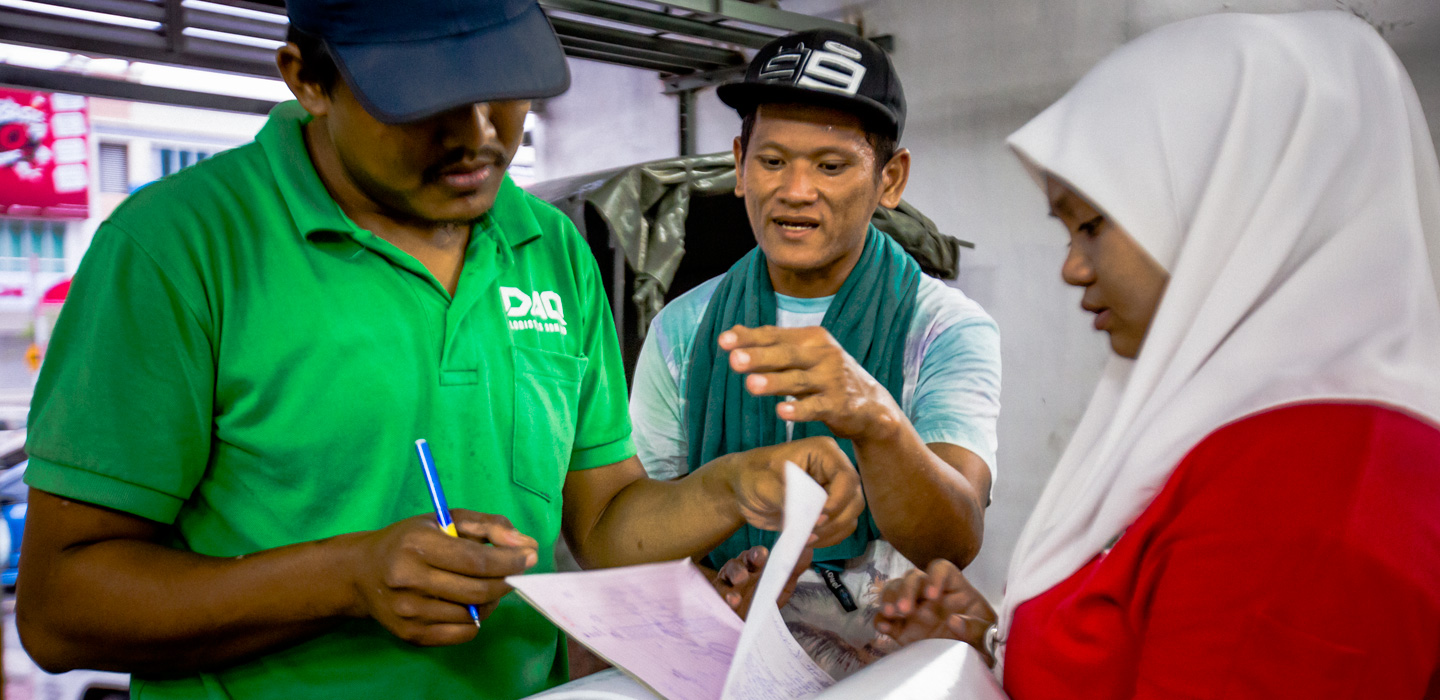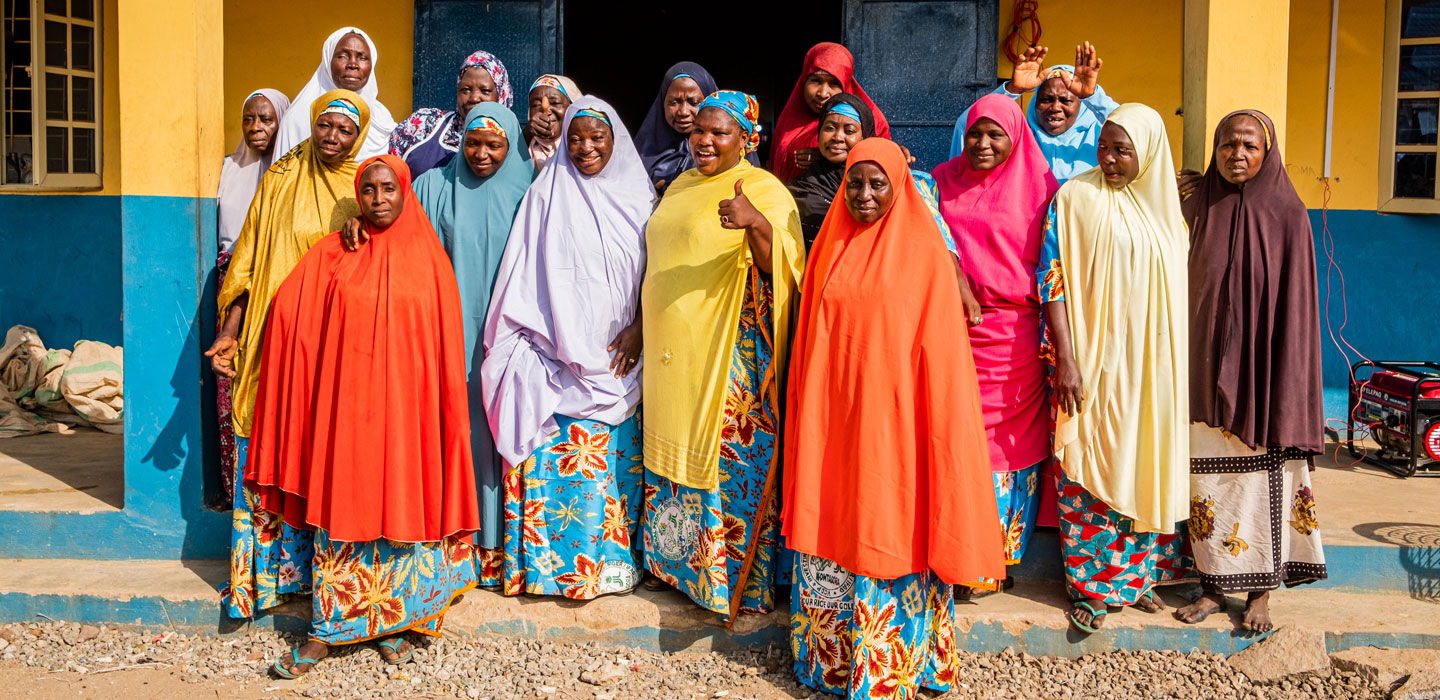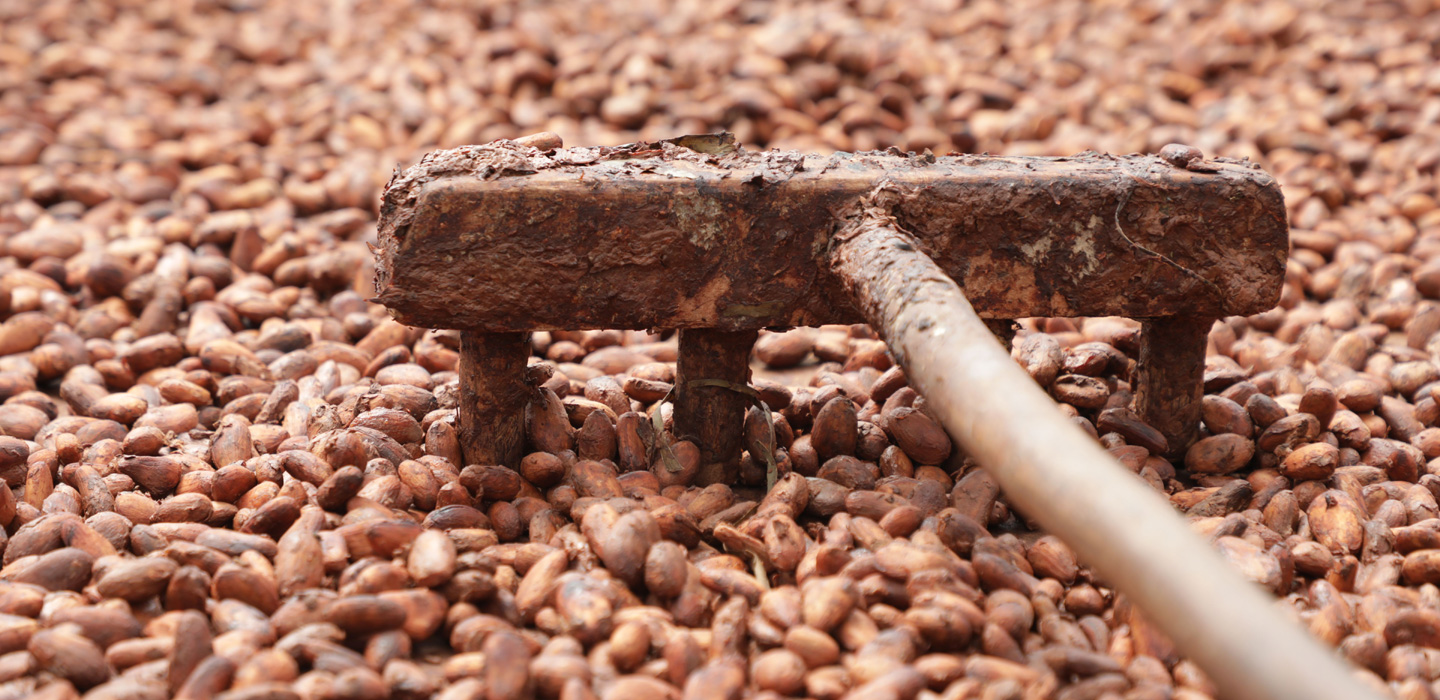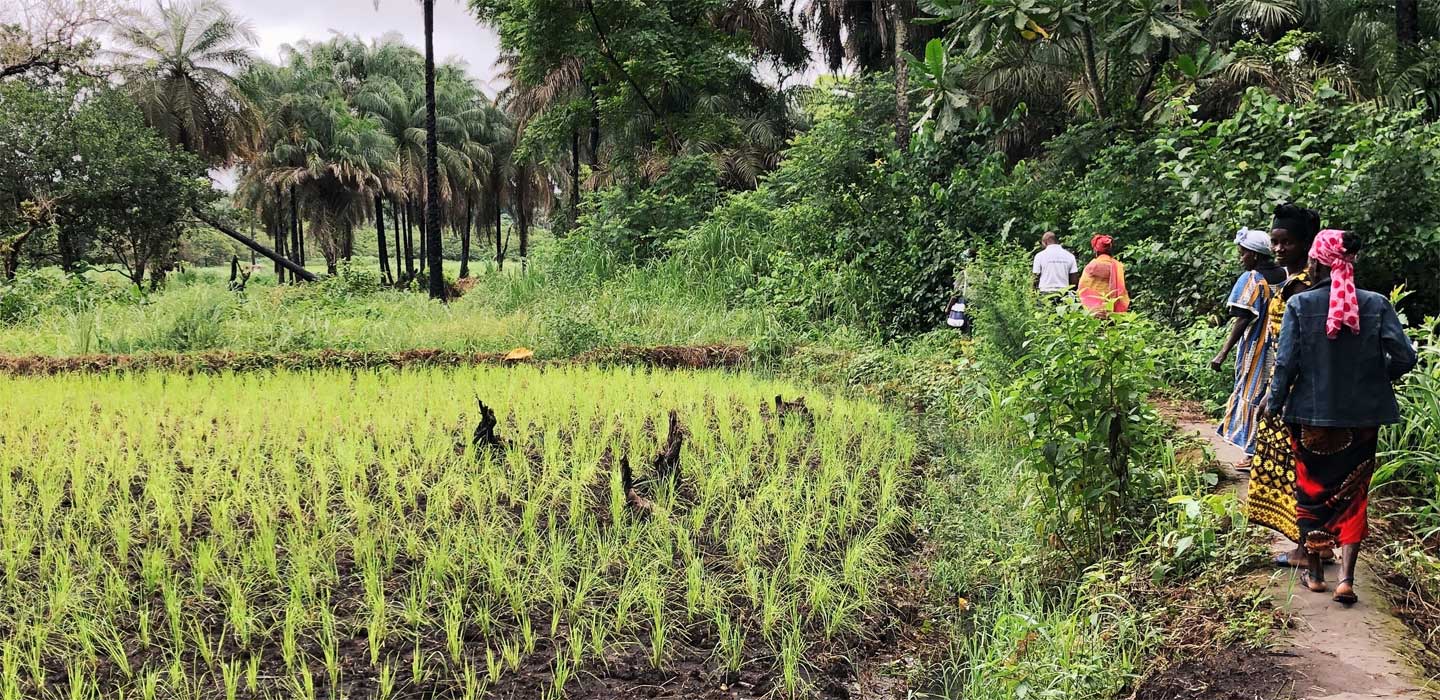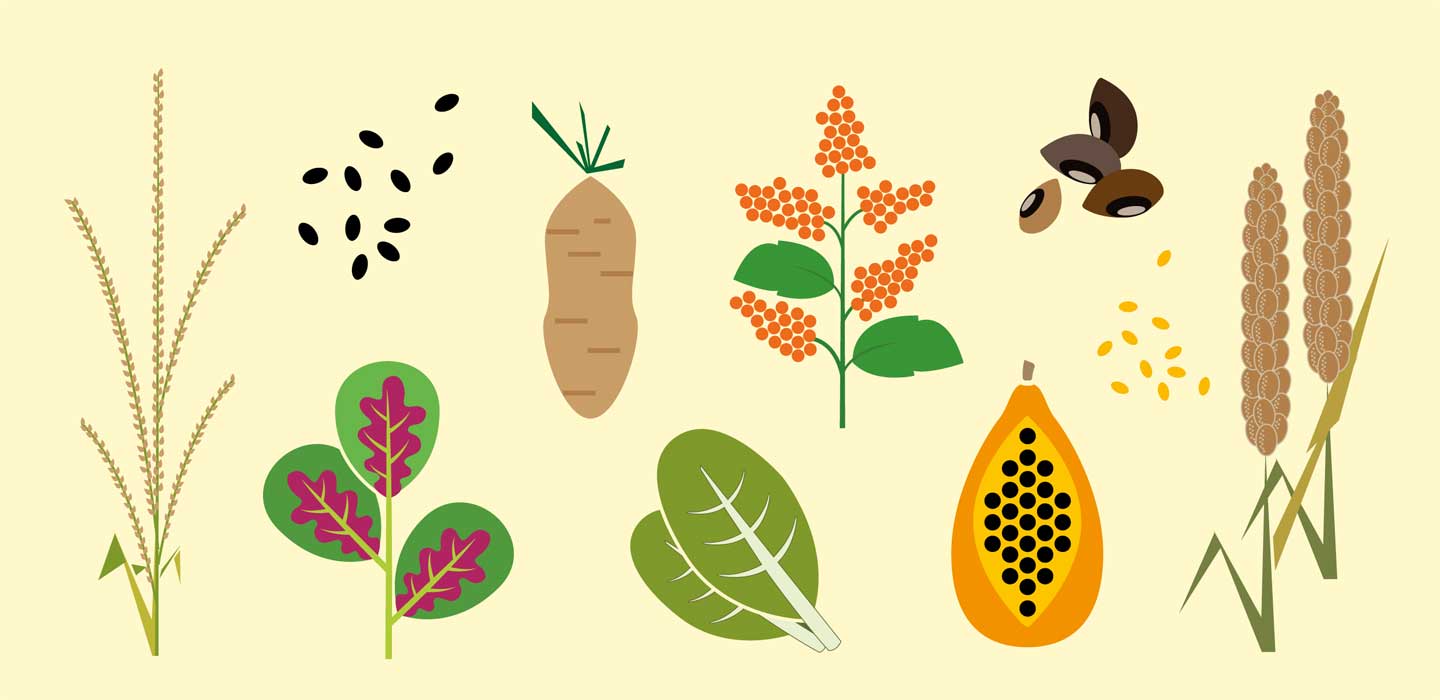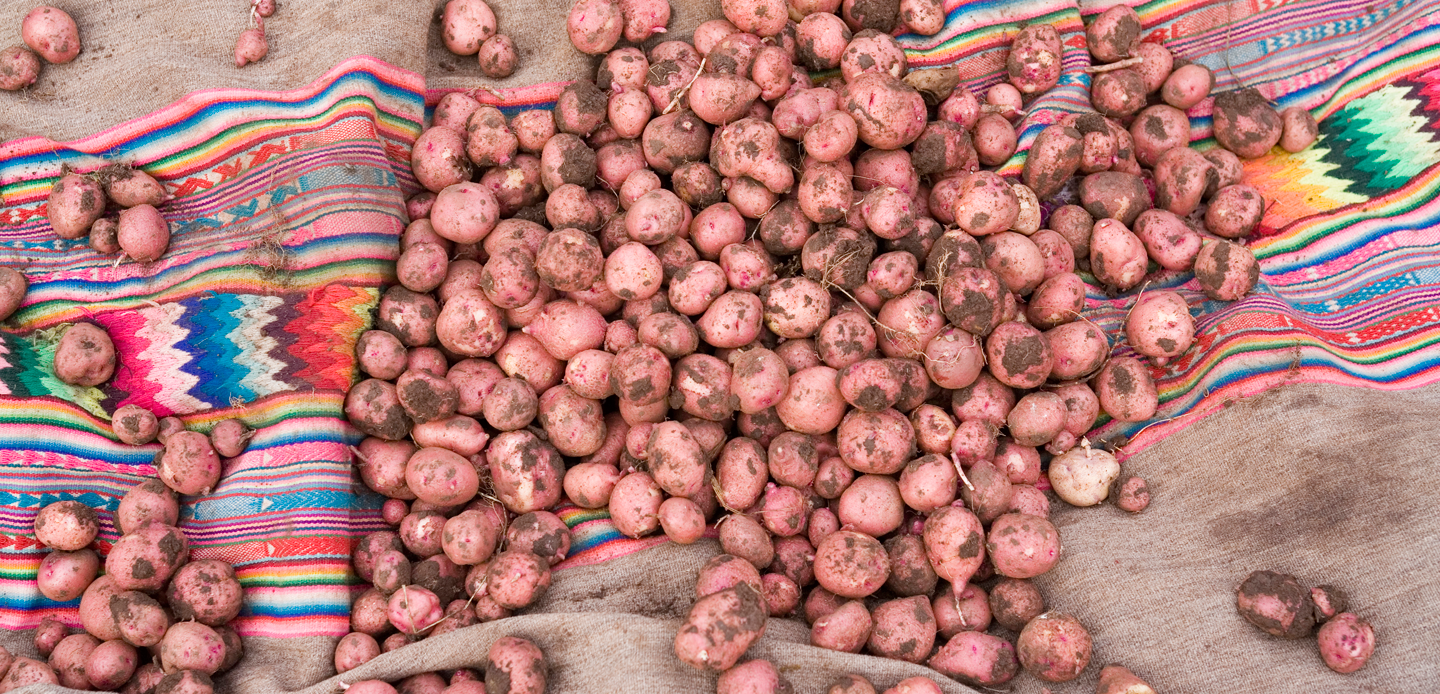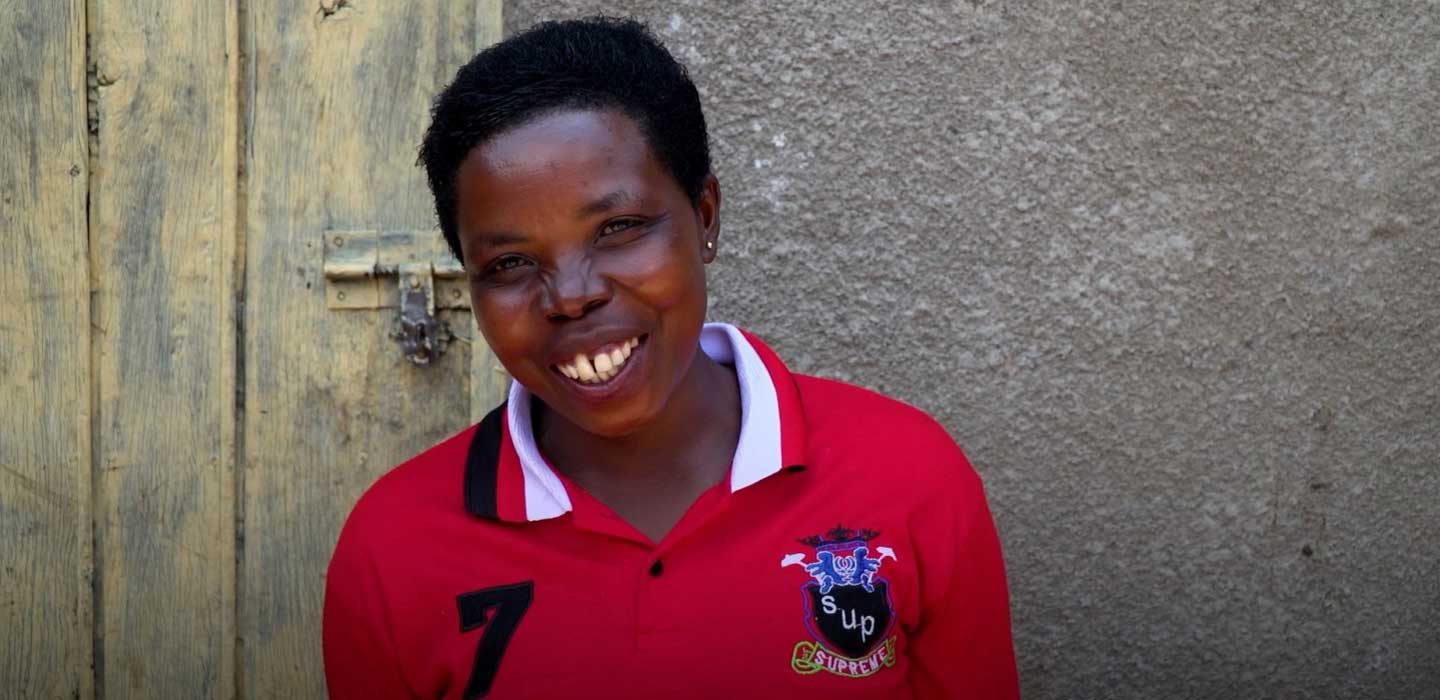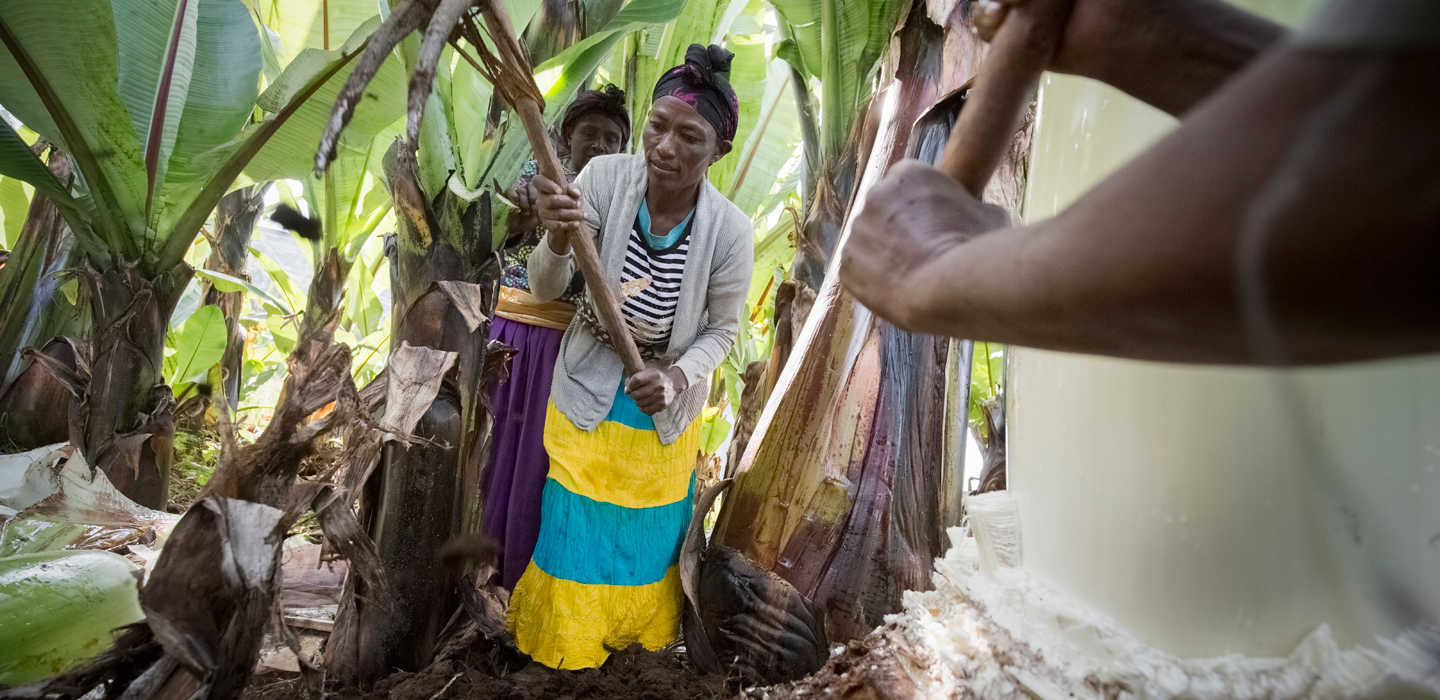Latest
Latest

Latest
Manual Submenu Topics
Search Results Filters
Search Results
Regenerative agriculture: from soil to sustainability – Episode 58
Hear from global leaders in regenerative agriculture – and learn how IFAD is leveraging their techniques to combat climate change in rural communities.
A guide to the pulses that power our planet
Pulses are at the heart of thriving rural communities, and an essential ingredient for a sustainable future. Learn about some of these superfoods – and how to cook them with our Recipes for Change!
A year of rural stories
For countless people in IFAD-supported projects, 2023 was a year in which their lives changed. Here are some of the stories we told over the past 12 months.
Global Environment Facility tasks FAO and IFAD to lead new $230 million agrifood systems transformation program
The initiative aims to support shifts towards sustainable nature-positive production and efficient value chains for crops, commodities, livestock, and aquaculture.
Saving the Amazon: The story of the indigenous women fighting climate change
In the heart of the Peruvian Amazon, a group of indigenous women are fighting climate change through reforestation and ancestral farming techniques.
Cooking at the top of the world: A family in Nepal share their story of climate resilience with Meteorologist Clare Nasir
Meteorologist Clare Nasir travels to Nepal where she shares a homecooked meal with a local family and discovers how rural farming communities are adapting to the threat of climate change.
Fighting Climate Change in South Asia – Episode 36
From chefs in India to fisheries in Maldives, we examine how the relationship between agriculture and climate change is affecting South Asia. We also reflect on 75 years of independence in India and Pakistan and learn about IFAD’s work in Bhutan and Maldives, and so much more in this bumper episode.
Hungry caterpillars threaten Kenya's crops. Can plants provide a natural pest control solution?
Kenyan farmers and their crops face a tiny but destructive threat: the fall armyworm. With climate change causing more infestations, push-pull technologies are a sustainable and affordable way of naturally controlling pest numbers. Find out how this simple but effective technology works.
Against the backdrop of conflict and COVID-19, IFAD is helping farmers grow in Yemen
Years of conflict in Yemen have taken their toll – and among all of the devastation that’s been wrought, the country’s agricultural sector is one of the hardest hit. Now, an IFAD-supported initiative is helping Yemeni farmers get back on their feet.
Our planet is losing its biodiversity. Here are five ways IFAD and rural people are protecting it
Biodiversity is the key to all the essential benefits we get from nature: from clean air to our ability to regulate the climate. At IFAD, we integrate protecting biodiversity into everything we do.
How farmers around the world are protecting nature’s delicate balance – and reaping the rewards
Healthy ecosystems are diverse ecosystems. And at IFAD, we believe that small-scale farmers are amongst the greatest stewards and beneficiaries of biodiversity.
The thin green line that’s holding back the Sahara desert
The Great Green Wall was envisioned as a line of trees stretching across Africa to protect against desertification. Today, it is a mosaic of farms, forests, and wilderness, where sustainable agriculture is the norm and rural-dwellers thrive.
In Bosnia and Herzegovina, rural agribusinesses cluster together to flourish
All too often, small family farms operate in isolation. By themselves, they often lack the resources and skills they need to thrive. IFAD is now bringing small-scale farmers and other stakeholders into clusters to work together for their common interests. We caught up with one of our technical specialists to learn more.
Communities use GIS maps to conserve forests and adapt to climate change
Making the right decisions about managing natural resources isn’t always easy. That’s especially true for watersheds, where the local ecosystem depends on the health of multiple waterways. Now, GIS technology is helping communities in rural Nepal monitor and preserve the forests fed by local watersheds.
Meet some of the women leading sustainable development around the world
Sustainable development can only be achieved with the contributions of rural women, yet they face many challenges. Let’s meet three women who have transformed their lives with the help of the JP RWEE initiative.
Putting Nature at the Heart of Farming - Episode 30
This month’s episode is all about biodiversity and agriculture.
IFAD-funded project to combat climate change, increase staple food production and enhance Bolivia’s food security
IFAD and the Government of Bolivia have signed a financing agreement that initiates the implementation of the ACCESOS Rural Project. This rural development intervention will help Bolivian small-scale farmers counter the great impact of climate change on the country’s rural areas to increase staple food production, thus enhancing food security.
Is the grass always greener where it rains?
Groundwater depletion continues to be a challenge for small-scale farmers in the NENA region, despite the existence of water-saving technologies. Now, a new study is shedding light on ways farmers can improve their water efficiency – and where they can turn for help.
Uncovering the truths about groundwater
Below our feet lies a hidden treasure: groundwater. It sustains ecosystems and provides food, drink and livelihoods for billions. And as climate patterns change with global heating, this reliable water source is becoming ever more important for food security and livelihoods.
In Moldova, shelter belt forests build rural livelihoods and protect against climate change impacts
Forests are an excellent buffer against the effects of climate change. They’re also home to a variety of native plant and animal species that can foster resilient, sustainable local economies.
Promises kept: Crop insurance makes a difference for Kenya’s small-scale farmers
Farming can be a risky business indeed. Recently, some IFAD-supported initiatives have begun piloting crop insurance programmes for participating farmers – and for KCEP-CRAL farmers in Kenya, the new insurance policies arrived just in time.
5 questions you should be asking about climate change and rural women
Women and girls all over the world are more strongly affected by climate change. For International Women’s Day, we’re taking a look at why that is and how women and girls can lead the way in adapting to the new environment.
Nutrition-sensitive investments for resilient food systems: Lessons from Ethiopia
More and more of IFAD’s development projects are focusing on nutrition as a way to optimize their impact. Our work in Ethiopia exemplifies this.
In rural China, new opportunities for persons with disabilities
Job opportunities in the agricultural sector can be very limited for people with disabilities. In rural China, therefore, initiatives dedicated to including people with disabilities in their local economies – including IFAD-supported projects – have been central to national efforts to eliminate extreme poverty.
Forging new connections through the “tree of life”
Brejo is not easy to reach: the only way in or out is a 12-kilometre dirt road running through a swamp, which most vehicles can’t manage. And with no way to sell their most important crop – burití (Mauritia flexuosa), a native palm tree – the 200 families living there frequently felt forgotten by the outside world.
How agrobiodiversity can nourish the planet
For our people and planet to flourish, we need agrobiodiversity: agricultural systems that enhance our wealth of ecosystems and living beings instead of diminishing it. Our work has long recognized the importance of agrobiodiversity for sustainable food systems, and now we’re taking this commitment even further.
In Turkey, strawberry farms bring opportunities for rural youth
Youth who grew up in the Taurus Mountains of Turkey have traditionally moved to the big cities to pursue their careers. But recently, thanks to an IFAD-supported project, the region’s farmers have begun growing strawberries. Highland strawberries are proving quite popular, driving the growth of a new regional value chain – and bringing the region’s youth back to the countryside to take part.
A green new hope for degraded soils
Over half the world’s arable land is already degraded, and this number is growing at a rate of 23 hectares per minute. But with the support of an IFAD-funded project – along with an unlikely ally – farmers in Bolivia’s Pando region are restoring the land in record time.
Effective micro-organisms: The key to healthy soil and healthy diets in rural Lao
Agriculture is the main source of income and livelihood in rural Lao. But Lao crops are highly climate-sensitive, leaving farmers with little room for error when it comes to climate adaptation.
Protecting homes and livelihoods in Bangladesh’s Haor Basin
On one terrible day four years ago, Anjuli Rani Das’s life was swept away before her eyes. A flash flood engulfed her small duck farm, washing away everything she had worked for in the past years.
What do the IPCC report’s findings mean for rural dwellers? Your questions answered
The IPCC report released in summer 2021 leaves no more room for ambiguity: the climate is changing, and it’s because of human activity. Here, we answer some of your questions about the report, why it’s important, and what its findings mean for some of the world’s most vulnerable populations.
IFAD report predicts steep drop in African staple crops by 2050, prompting urgent call for adaptation funding at COP26
Staple crops in eight African countries could decrease by as much as 80 percent by 2050 in some areas if temperatures continue to rise due to climate change, according to a report released today by IFAD.
The Gilani Umoja Youth Group reaps their rewards
The Gilani Umoja Youth Group was founded in 2017 as a way to create jobs for local youth and ensure a steady supply of cereals and other staple crops. Despite some struggles at first, their business is now a source of livelihoods for themselves and others in their community.
IFAD’s Rural Development Report 2021
Our food systems are failing us. From the climate, to the environment, to nutrition, to human health and well-being, they are not delivering the outcomes we all need. IFAD’s Rural Development Report 2021 describes the systemic issues that have led to the situation we are in, identifies priorities for transforming our food systems, and provides recommended actions to achieve meaningful change.
Investing in the foundations of Gambian agriculture
Roots are the essence of farming: they erect healthy plants and help grant a predictable and generous harvest. The IFAD-supported ROOTS project seeks to promote exactly that strength in The Gambia.
Small-scale producers are central to Africa’s forest restoration efforts
Small-scale farmers have an important role to play in restoring Africa’s forests. Two IFAD-supported projects in Eritrea and Kenya are helping these farmers engage in efforts that both restore local forests and have direct economic and social benefits for their communities.
Mainstreaming agroecology in the Asia-Pacific region
Agroecology is a holistic approach that integrates elements of ecology, economy, and society within a food system. It also supports the well-being of small-scale producers, especially in terms of their empowerment and social inclusion. IFAD has a long tradition of supporting agroecology practices throughout Asia-Pacific, especially the Himalayas region.
Empowering rural women with Agroecological Logbooks
The video presents the main results of using the Agroecological Logbook methodology in projects supported by IFAD in Brazil.
Black jelly brings a more resilient future for rural Viet Nam
Light and refreshing, with a mild, earthy flavour, Vietnamese black jelly is the perfect end-of-summer treat. It’s already popular throughout Viet Nam and its neighbouring countries – and thanks to the work of local growers and an IFAD-supported project, it’s now destined for wider audiences.
Restoration takes root: Nasreen’s story
Nasreen’s family was struggling to make ends meet. Now, thanks to an IFAD-supported project, she runs her own ecological farm that produces high-quality, chemical-free vegetables – all while it restores the local ecosystem.
Returning to Brazil’s Gente de Valor project: Lessons on sustainable impact
The Gente de Valor project was designed to assist the sertanejos (those who live in Brazil’s semi-arid region). It featured a community-driven development approach that promoted active participation and local leadership. Five years after the project ended, IFAD returned to evaluate the project’s outcomes and the effects of this approach.
Revitalizing the practice of shifting cultivation: A conversation with Dr Dhrupad Choudhury
Shifting cultivation is an indigenous food system practiced by millions of people across south and south-east Asia. A new resource book authored by Dr Dhrupad Choudhury, in collaboration with ICIMOD, is designed to guide policymakers and development professionals in sustainably transforming this practice.
In Rwanda, public-private partnerships benefit small-scale cassava farmers
Cassava is one of Rwanda’s most important staple crops, but market access remains a challenge. The Ingabo Syndicate, an organization of cooperatives, has been helping its cassava producers find markets for over two decades – most recently, through public-private partnerships.
Three ways to harvest water in Brazil’s sertão
For centuries, people living in Brazil’s semi-arid region have struggled with a lack of water. But over the last decades, thanks to support from IFAD and other development actors, these communities are squeezing a few more drops of water from Mother Nature.
Seeing the invisible, doing the impossible: A young Nigerian entrepreneur’s journey to success
Dorothy Chia Vandefan is nothing if not insightful. She describes herself as a serious-minded agricultural entrepreneur who can create opportunities where there seem to be none – and she’s right.
Efforts to restore tropical peatlands need fire-free plantations
Peatlands across south-east Asia have been cleared for agricultural purposes, leading to a sharp increase in fires. To reverse course, we need to transition to sustainable, fire-free peatland management practices.
Food from fallows: capitalizing on idle land for better food security in South Asia
Every year after the rice harvest in South Asia, a vast area of over 15 million hectares lies idle (fallow) until the next rice planting season several months later. Scientists in countries like Bangladesh, India and Nepal think the fallow land could, and should, be used for additional crops that increase farmer incomes and food security.
IFAD-BRAC collaboration empowers rural people to build their climate resilience
People in rural areas, especially small-scale farmers, are among those most affected by climate change. The shifting climate has made weather patterns more unpredictable and weather-related events more extreme.
The promises the olive grove holds: Fadieh’s story
Growing olive trees in Jordan, one of the driest countries in the world, isn’t easy. Every day, Fadieh and her family spend hours tilling the soil and tending to the trees, but the most demanding task is keeping the trees hydrated.
Drought-tolerant rice varieties benefit farmers even in non-drought years
Farmers that lack irrigation and rely on rainfed production are particularly vulnerable to drought. Fortunately, agricultural technologies, such as stress-tolerant rice varieties (STRVs), can help them adapt to climate change.
Why water is crucial for sustainable food systems
Enhancing irrigation efficiency is not a priority in policy agendas, being overshadowed by the global issue of access to drinking water and sanitation.
Big dreams come true in Turkey’s smallest district
Meltem Gözel’s day begins at 07.00 each morning. Before the sun has risen, she’s already at work in her greenhouses, tending to her mushrooms.
Pioneering development in rural Uzbekistan
Starting over is never easy, whether you’re an individual person or an entire nation. Nevertheless, the economy of Uzbekistan has made incredible progress in recent years.
Unless we urgently rethink agriculture, more diseases will jump species
As the world grapples with the current pandemic, other threats, not least our climate emergency, have not gone away. The science is clear that without urgent global action, the climate and broader environmental crisis could be worse.
Fai fatongia: One island’s path to food security, COVID mitigation and climate resilience
In the Kingdom of Tonga, fai fatongia rules the day. Under this principle, which translates to “fulfilling one’s responsibility,” Tongans traditionally put the collective good first and their individual needs second.
Five reasons IFAD is putting small-scale farmers at the forefront of food systems transformation
Our current food systems are not sustainable. Hunger has been on the rise for several years, with an estimated 811 million people worldwide going hungry in 2020 – and with the effects of the COVID-19 pandemic, up to 132 million more people are expected to join this number soon.
How Bhutan is showing the way in building crop biodiversity
For countries like Bhutan – nestled in the high Himalayas, historically isolated and topographically challenging – ensuring food security is vital.
Climate change talks cannot continue to ignore the needs of small-scale farmers
Poor rural people are among the hardest hit by climate change while contributing little to its causes. They deserve a fair share of climate finance to improve their resilience, and a seat at the table for the global climate talks.
Three ways we’re using digital technologies to fight rural poverty in the NEN region
Digital technologies have become our constant companions over the last few decades. Devices like smartphones and laptops have become even more relevant after the COVID-19 outbreak, helping us stay in touch even in times of physical distance.
Resilience in rural Syria: An entrepreneurial spirit conquers hardships
Determination and perseverance are what make an entrepreneur successful. That’s doubly true in a country like Syria, where ongoing conflict has disrupted people’s lives for the past decade.
No place like home: Moldovan youth bring business to the countryside
Moldova’s agriculture sector is increasingly developing and modernizing. This is due both to an increased presence in lucrative markets like the European Union and to the efforts deployed by IFAD and the Government of Moldova to help restructure the sector, largely through sustained investments and financial support to small-scale farmers, to accompany this modernization.
Linking small-scale producers to markets in Lebanon
Apple season in Lebanon is much like apple season in many other parts of the world. But in Lebanon, apple growers – along with small-scale farmers of all kinds – face a number of constraints on their ability to efficiently grow and sell their crops.
Agricultural risk management: Towards long-term resilience
Risk and uncertainty intensify in the agriculture sector – especially throughout Africa.
Green jobs for youth: What works and what’s missing?
Rural young people are increasingly concerned about the environment. Many of them work in sectors that are threatened by climate change, and they’re well aware that their industry and food systems will need to become more resilient and sustainable than ever before.
The 14th Five-Year Plan: An opportunity to advance China’s agricultural and rural transformation
A unique opportunity for China to advance its agricultural and rural transformation agenda.
Three reasons to invest in land tenure security
For rural people, especially low-income rural people, land and livelihood are one and the same.
“Cashroots” movement builds community resilience in the Solomon Islands
Simon Chottu works hard and plays hard. An events manager by trade, he’s spent the last few years hosting hip-hop parties and organizing music events and competitions across the South Pacific.
Nourishing a sustainable cocoa trade in the Solomon Islands
On a dusty side street in Auki, a seaside market town on the island of Malaita, Arania Enterprises is bustling.
IFAD-supported projects help women come back to the countryside
Life in the countryside isn’t always easy – especially for rural women, whose contributions and successes have only recently begun to receive the attention they deserve.
Taking back springtime: IFAD-supported project revitalizes irrigation in remote China
The return of spring to Santiaogou, a tiny village nestled high in China’s remote, mountainous Qinghai province, should have been idyllic.
Fighting food waste in China: Local efforts, global effects
Reflecting on the fundamental role that sustainable food production and consumption plays in promoting food security and sustainable use of terrestrial ecosystems.
Rome-based agencies establish SSTC collaboration to benefit cassava production in the Congo
In dozens of homes across Bouenza, the volunteers gathered around their kitchen tables, ready to taste-test a new variety of flour.
A second chance for Sri Lankan tea
I grew up knowing that Sri Lankan tea was truly something special. People all across my native Egypt competed with each other to bring home those packages with the trademark “Ceylon Tea” stamped on the side.
Maximizing impact in the LAC region with SSTC and knowledge management
Although the residents of the global South may live worlds apart from each other, they often face a surprisingly similar set of challenges.
Seeds to riches: The story of a 29-year-old millionaire
Sumaka Japhet is a young rice seed cultivator and agricultural entrepreneur. We had heard of his success and local fame as a millionaire – and during one of our field visits, we travelled a long and bumpy road to meet him.
Years later, IFAD-established seed producer groups to continue improving their communities’ climate resilience
Lack of access to seed is a common problem for small-scale farmers in Nepal and elsewhere.
Indigenous youth in agriculture during COVID-19
The COVID-19 pandemic has forced many people to re-examine everything: their priorities, their jobs, even their roles in society.
From project participant to project staff: Priscilla Torres’s story of growth
Although you won’t find the little village of Wowetta on any Internet map, it’s the centre of the universe for Priscilla Torres, a 37-year-old Wapishana woman. A very active and outspoken mother of three, Priscilla is a true community leader.
Social media helps young rural Kenyan entrepreneurs battle the COVID-19 shutdown
Until COVID-19 hit in March, the G-Star Youth Group’s banana processing factory was buzzing with activity.
Looking inward: I-Kiribati fight a double health crisis
COVID-19 is not the only health crisis threatening to devastate the population of Kiribati. Cases of diet-related non-communicable diseases (NCDs) have tripled between 2005 and 2010.
The difference four years makes: A small Ecuadorean town goes from subsistence to prosperity with IFAD’s support
Four years ago, the residents of Chiquicha were just gathering the first fruits of an irrigation project.
From Meghalaya to Jharkhand, how India is ensuring agri supply chains are not disrupted
In a world living with Covid-19, it is clear that supply chains and logistics should be simple and easy to manage. And that’s what several Indian states are doing.
Keeping exports flowing: Saving development gains in Rwanda
When exports of dried pineapple resumed at the beginning of May, after the lockdown, Jean Damascène Hakuzimana, President of the Tuzamurane farmers’ cooperative, was relieved.
Ensuring environmental sustainability and building resilience to climate change
Extreme weather events, such as droughts, storms and floods, are putting pressure on the ecosystems that farmers depend on, as are gradual processes such as rising sea levels and melting glaciers.
The impact of COVID-19 on smallholders in China
One emerging lesson from the pandemic is that those who are already vulnerable are likely to be the most severely impacted.
El FIDA centrará su actividad en México en promover la inclusión económica activa de la población rural más pobre y vulnerable
El Fondo Internacional de Desarrollo Agrícola (FIDA), el organismo especializado de las Naciones Unidas para el desarrollo rural, ha validado su estrategia de actuación hasta 2025 en México. En ella se fija como principal objetivo promover la inclusión económica activa de la población rural para luchar contra la pobreza.
Marie-Aude Even talks about agronomy
Marie-Aude Even, senior regional technical specialist in agronomy at IFAD, talks about crops development.
Mitigating the impact of COVID-19 on small-scale agriculture in The Gambia
The COVID-19 pandemic has shown us just how vulnerable agricultural value chains are to external shocks – and how much more we need to do to build the sector’s resilience.
Long-term development supports quick action in a crisis: an update from Asia and the Pacific
It has been really inspiring to receive updates from the field over the past two months illustrating how IFAD-supported projects are continuing to deliver.
The potential impact of COVID-19 on China’s food security: Prospects for food imports
Last week, the China Grain Reserve Group announced its intention to purchase 22 million tonnes of imported grain during 2020. Should China worry about food security?
Planting seeds in the new normal: Rural women in Pakistan amid COVID-19
In rural Pakistan, women are important partners in agricultural development. They perform a variety of crucial tasks, including weeding and tilling land, planting seeds, collecting farmyard manure and harvesting. They are also responsible for cleaning, drying and storing grains.
On the International Day for Biological Diversity, commitment to sustainable agriculture is more important than ever
This year’s theme for the International Day for Biological Diversity is “Our Solutions are in Nature.”
Five ways organizations can help countries build agile and inclusive responses to COVID-19
How can we enhance local capacity to respond to this emergency in an agile and inclusive manner?
Empowering and protecting rural women in the time of coronavirus
The April morning sun beats down on Kontagora, a lively market town in central Nigeria. Generators hum as milling machines husk the brown bran from rice grains, revealing glistening white kernels. COVID-19 is on everybody’s mind. But the thriving Tudun Wada South Rice Processors women’s cooperative is open for business.
Cacao: How just one crop has boosted an entire country’s exports
Once considered the world’s largest cacao exporter, Sao Tome and Principe had significantly scaled back its operations after gaining independence in 1975. But with IFAD's assistance, cacao – the key ingredient in chocolate, and a major cash crop – is making a comeback.
Cultivating resilient communities in rural Guinea-Bissau
Over a decade ago, in the region of Tombali, Arama Tudarame’s husband and local chief sought land around their village suitable for growing cashew trees. Then, as now, monoculture of the kidney-shaped nut dominated the country’s agricultural sector
Making local crops work for nutrition-sensitive agriculture
A new framework will guide practitioners to use a broad portfolio of crop species to bring nutrition back to the table.
I’m a potato grower! Strengthening innovation to empower potato growers in the Andes
The world is faced with a rising demand for food due to population growth, changes in dietary habits and the availability of agricultural resources. As a result farmers need to be more efficient and productive.
The Real Groundbreakers: Claudine from Rwanda
Through the power of a women’s farming co-operative in Rwanda, Claudine is using new techniques and seeds for better cassava harvests.
Improving livelihoods of women in south west Ethiopia
Gendo Gembela Tsire is a women’s group in Chencha district, Ethiopia who are demonstrating the process of making kocho (to make traditional flatbread) and bula (a flour blend prepared as a porridge) from the enset crop.
